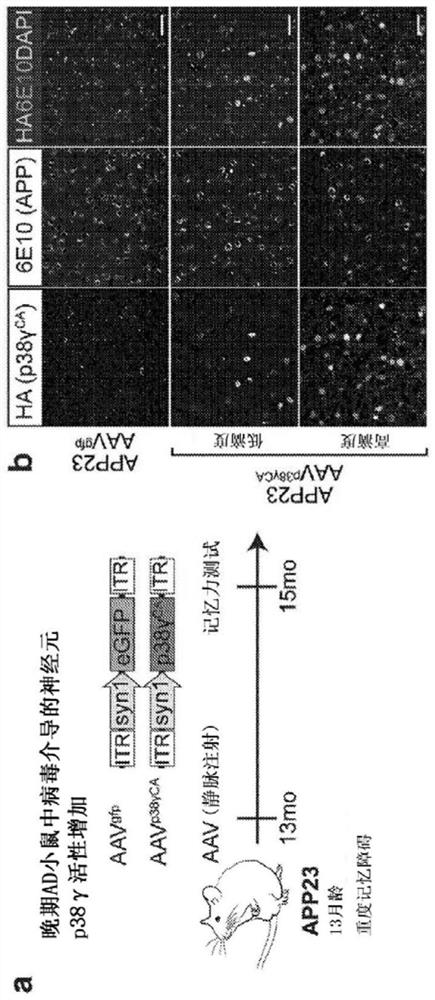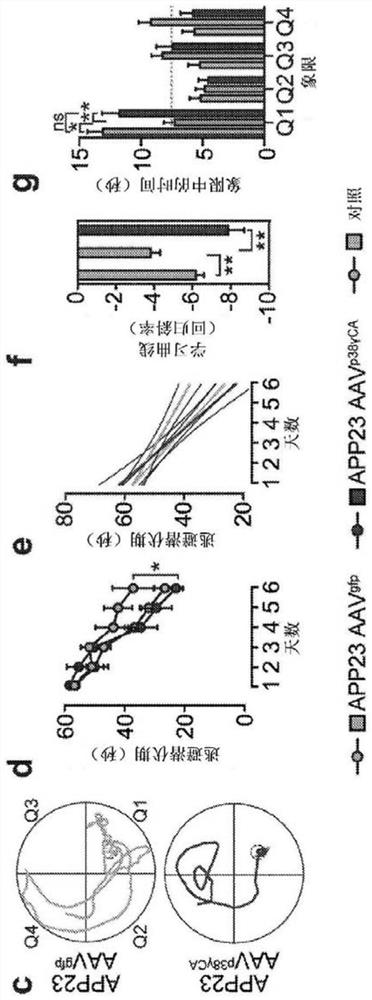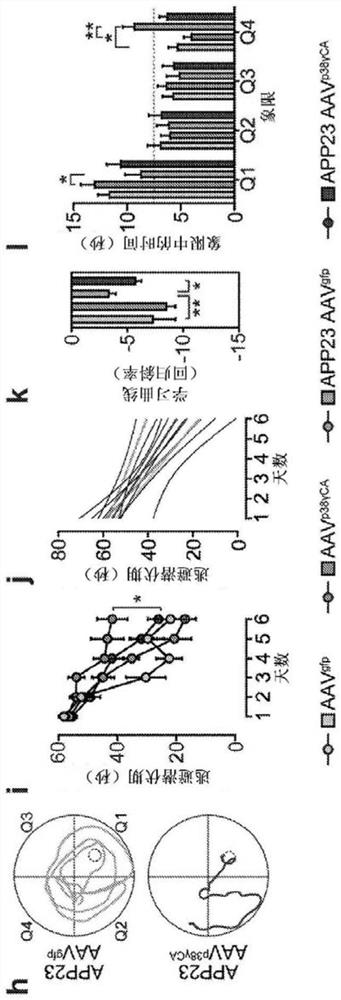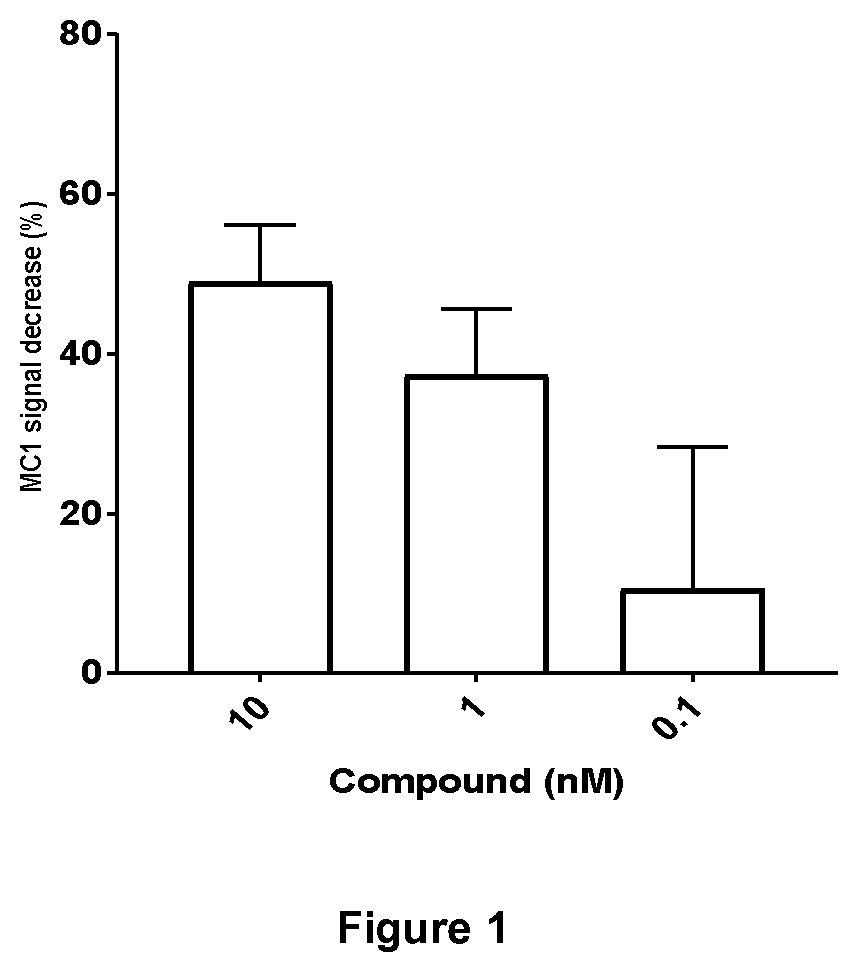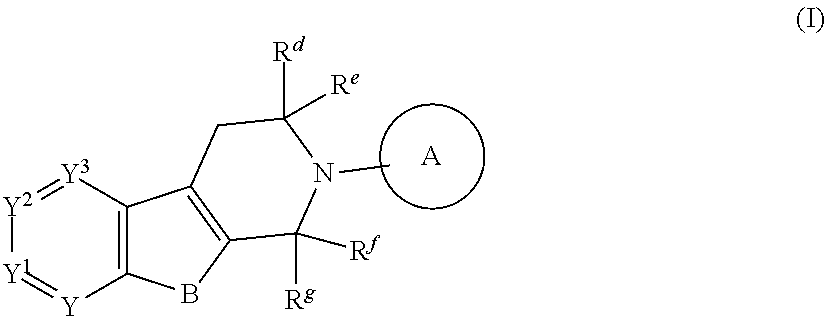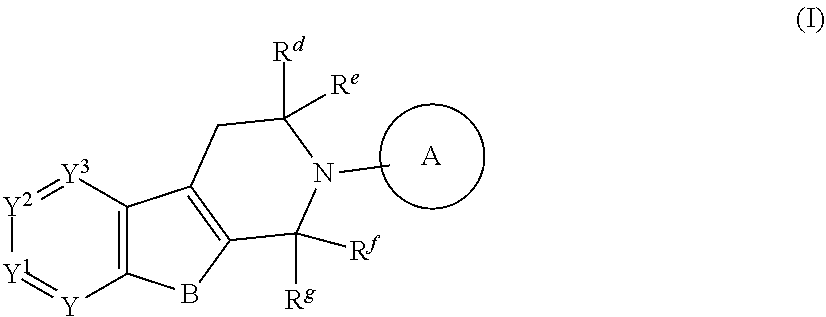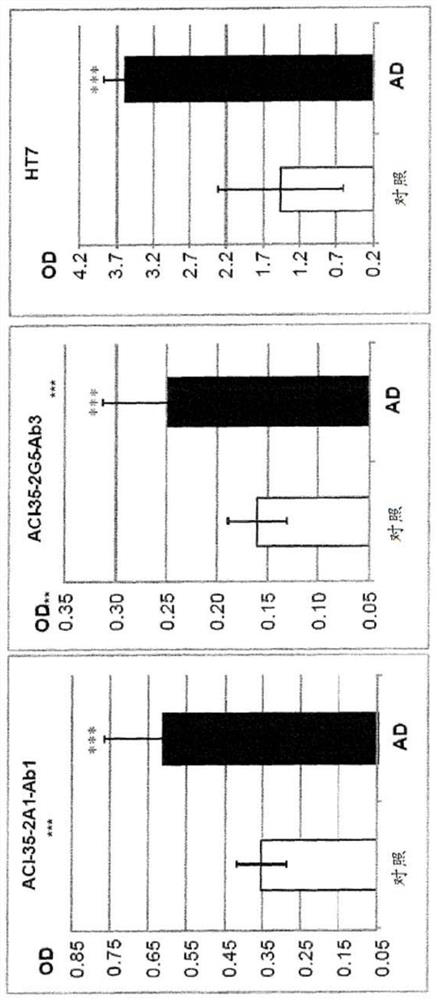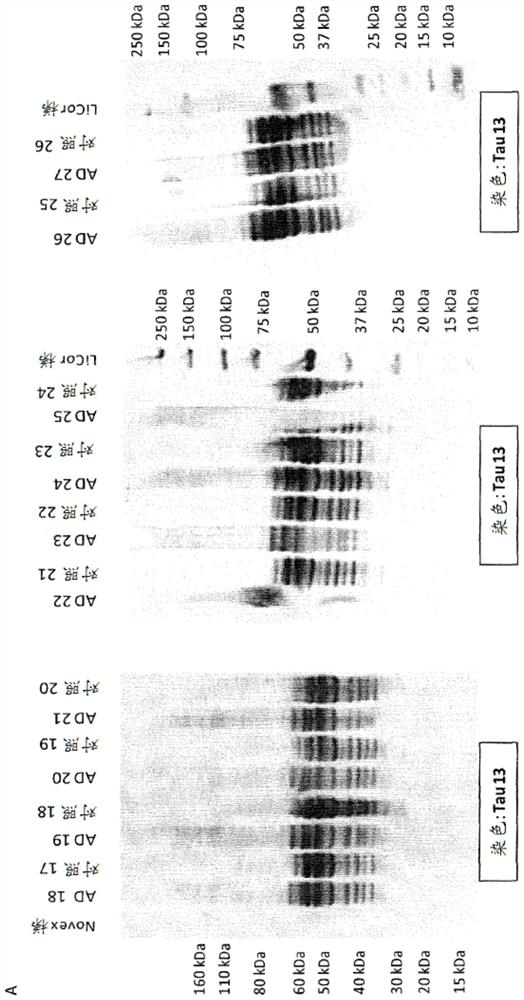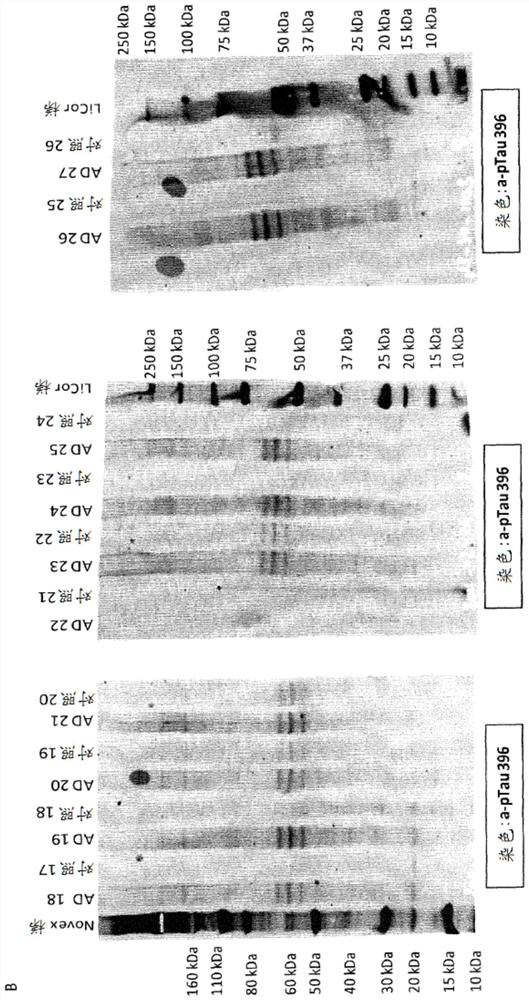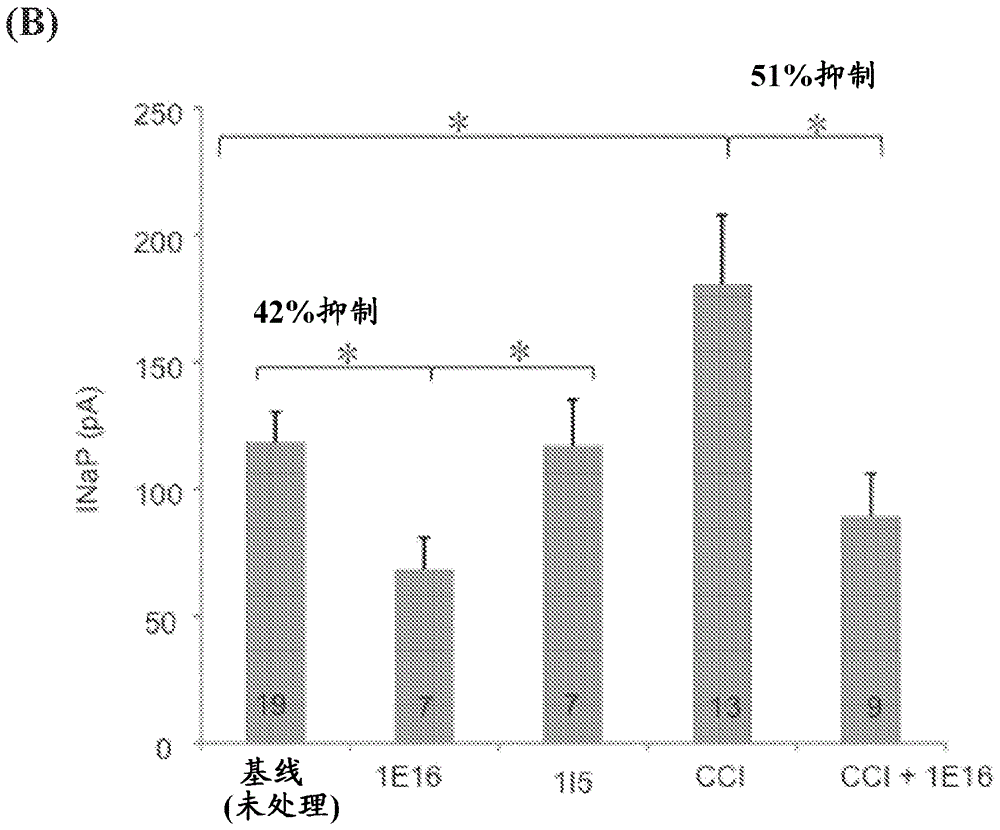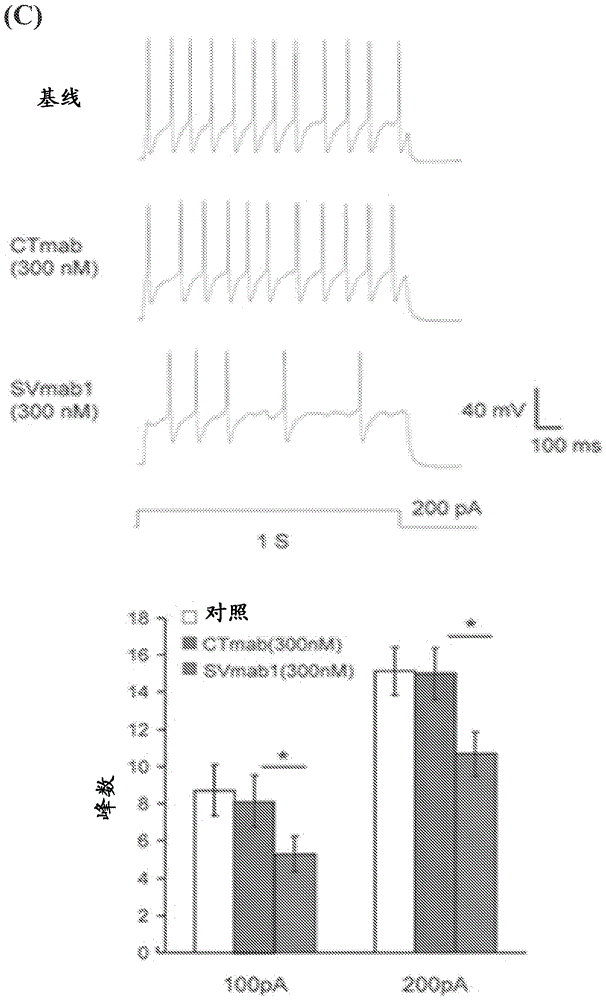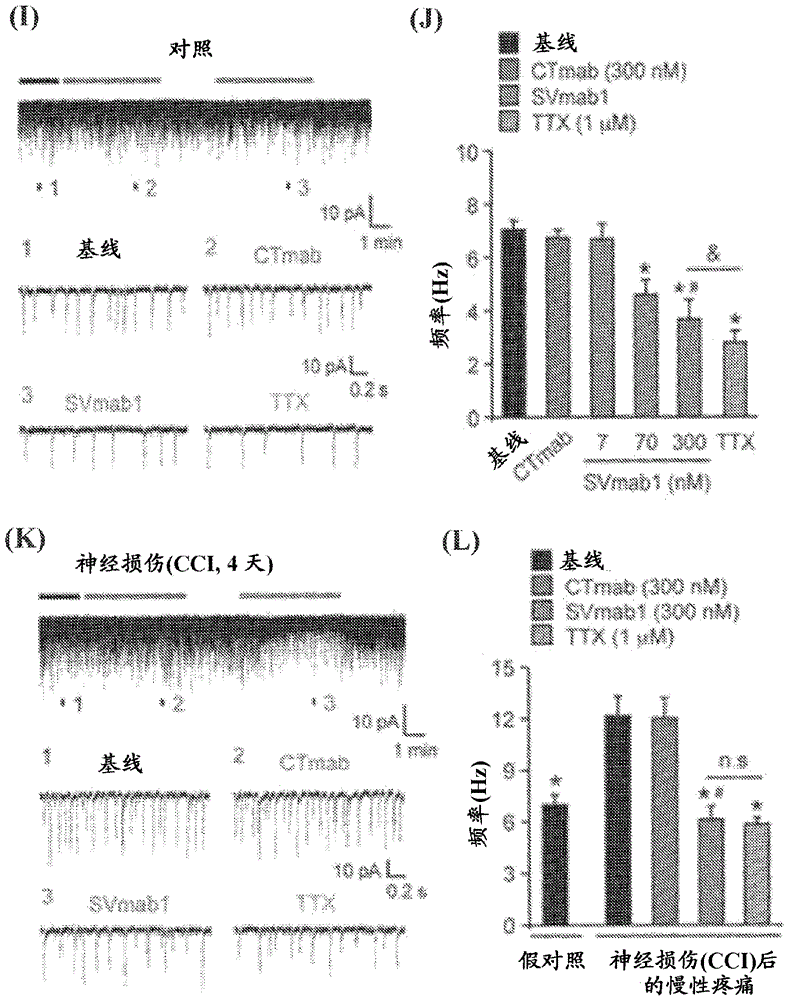Patents
Literature
Hiro is an intelligent assistant for R&D personnel, combined with Patent DNA, to facilitate innovative research.
35 results about "Neurogenia" patented technology
Efficacy Topic
Property
Owner
Technical Advancement
Application Domain
Technology Topic
Technology Field Word
Patent Country/Region
Patent Type
Patent Status
Application Year
Inventor
Methods for treating progressive cognitive disorders related to neurofibrillary tangles
ActiveUS20090291894A1Increase elasticityNervous disorderPeptide/protein ingredientsNeurofibrillary tanglePhysiology
The described invention provides methods for treating or preventing progression of a progressive cognitive disease, disorder or condition, and methods for improving resilience of cognitive function in a subject in need thereof.
Owner:NEUROTEZ
Probe for diseases with amyloid accumulation, amyloid-staining agent, remedy and preventive for diseases with amyloid accumulation and diagnostic probe and staining agent for neurofibrillary change
InactiveUS20060018825A1Strong specificityImprove permeabilityBiocideNervous disorderNeurofibrillary tangleAmyloid
The present invention provides compounds having high affinity for amyloid β-protein which are for the diagnosis of diseases in which amyloid β-protein accumulates, for agents for specifically staining amyloid β-protein, and for the treatment and / or prophylaxis of diseases in which amyloid β-protein accumulates. The present invention also provides probes and staining agents for neurofibrillary tangles.
Owner:BF RES INST
Methods for treating Parkinson's disease using pro-neurogenic compounds
This technology relates generally to compounds and methods for stimulating neurogenesis (e.g., post-natal neurogenesis, including post-natal hippocampal and hypothalamic neurogenesis) and / or protecting neuronal cell from cell death. Various compounds are disclosed herein. In vivo activity tests suggest that these compounds may have therapeutic benefits in neuropsychiatric and / or neurodegenerative diseases such as schizophrenia, major depression, bipolar disorder, normal aging, epilepsy, traumatic brain injury, post-traumatic stress disorder, Parkinson's disease, Alzheimer's disease, Down syndrome, spinocerebellar ataxia, amyotrophic lateral sclerosis, Huntington's disease, stroke, radiation therapy, chronic stress, abuse of a neuro-active drug, retinal degeneration, spinal cord injury, peripheral nerve injury, physiological weight loss associated with various conditions, as well as cognitive decline associated with normal aging, chemotherapy, and the like.
Owner:BOARD OF RGT THE UNIV OF TEXAS SYST
2-Amino-5-piperidinylimidazolone compounds and use thereof for beta-secretase modulation
Owner:WYETH LLC
Methods for binding agents to b-amyloid plaques
A method for labeling structures, such as β-amyloid plaques and neurofibrillary tangles, in vivo or in vitro, is provided and comprises contacting brain tissue with one or more compounds, preferably radiolabeled for detection by positron emission tomography (PET).
Owner:RGT UNIV OF CALIFORNIA
Beta-amyloid and neurofibrillary tangle imaging agents
ActiveUS20090004107A1Improve solubilityStrong binding specificityBiocideNervous disorderNeurofibrillary tangleImaging agent
Compounds, compositions and methods are contemplated in which senile plaques and / or neurofibrillary tangles are labeled using compounds with improved permeability across the blood brain barrier and improved selective binding to senile plaques and / or neurofibrillary tangles. Contemplated compounds are derivatives of FDDNP or curcumin, which most preferably have improved solubility in aqueous solvents. Labeling is typically performed using a PET detectable label, and especially 11C and 18F.
Owner:RGT UNIV OF CALIFORNIA
Quinoline derivative as diagnostic probe for disease with tau protein accumulation
The present invention provides compounds, or salts or solvates thereof, which can be used as probes for the imaging diagnosis of diseases in which tau protein accumulates, and compositions and kits comprising such compounds, or salts or solvates thereof. The present invention also provides a method for staining neurofibrillary tangles in brain samples, and a pharmaceutical composition for the treatment and / or prophylaxis of a disease in which β-sheet structure is the cause or possible cause.
Owner:BF RES INST
Neurogenin 3 promoter
The present invention features polypeptides having activity of human neurogenin3 (hNgn3), and nucleic acid encoding such polypeptide. The invention also features use of islet transcription factors such as hNgn3 to facilitate production of pancreatic islet cells from progenitor cells, and to facilitate insulin delivery by production of islet cells so produced.
Owner:RGT UNIV OF CALIFORNIA
Compounds and methods for reducing Tau expression
ActiveUS10407680B2Maintenance and reduction number and volumePreventing or amelioratingOrganic active ingredientsNervous disorderNeuro-degenerative diseaseBiology
Provided are compounds, methods, and pharmaceutical compositions for reducing the amount or activity of Tau mRNA in a cell or animal, and in certain instances reducing the amount of Tau protein in a cell or animal. Such compounds, methods, and pharmaceutical compositions are useful to ameliorate at least one symptom of a neurodegenerative disease. Such symptoms include loss of memory, loss of motor function, and increase in the number and / or volume of neurofibrillary inclusions. Such neurodegenerative diseases include tauopathies, Alzheimer's Disease, Fronto-temporal Dementia (FTD), FTDP-17, Progressive Supranuclear Palsy (PSP), Chronic Traumatic Encephalopathy (CTE), Corticobasal Ganglionic Degeneration (CBD), Epilepsy, and Dravet's Syndrome.
Owner:BIOGEN MA INC
Dyes for analysis of protein aggregation
InactiveUS20130137112A1Methine/polymethine dyesPeptide preparation methodsCell AggregationsProtein aggregation
Provided are dyes and compositions which are useful in a number of applications, such as the detection and monitoring protein aggregation, kinetic studies of protein aggregation, neurofibrillary plaques analysis, evaluation of protein formulation stability, and analysis of molecular chaperone activity.
Owner:ENZO LIFE SCI INC
Leptin compositions and methods for treating progressive cognitive function disorders resulting from accumulation of neurofibrillary tangles and amyloid beta
The present disclosure provides compositions containing a leptin product and methods of clinical therapy and diagnostic methods for progressive cognitive disorders. According to one aspect, the described invention provides a method for treating a progressive cognitive disorder. According to another aspect, the described invention provides a method for improving resilience of cognitive function in a subject in need thereof. According to another aspect, the described invention provides a method for identifying an effective therapeutic agent for treating a progressive cognitive dysfunction disease or disorder that results from at least one of accumulation of Aβ, hyperphosphorylation of tau, or accumulation of neurofibrillary tangles.
Owner:NEUROTEZ
Compounds and methods for reducing tau expression
InactiveUS20190211332A1Maintaining and improving motor functionReduce maintenanceNervous disorderDNA/RNA fragmentationBiologyS syndrome
Provided are compounds, methods, and pharmaceutical compositions for reducing the amount or activity of Tau mRNA in a cell or animal, and in certain instances reducing the amount of Tau protein in a cell or animal. Such compounds, methods, and pharmaceutical compositions are useful to ameliorate at least one symptom of a neurodegenerative disease. Such symptoms include loss of memory, loss of motor function, and increase in the number and / or volume of neurofibrillary inclusions. Such neurodegenerative diseases include tauopathies, Alzheimer's Disease, Fronto-temporal Dementia (FTD), FTDP-17, Progressive Supranuclear Palsy (PSP), Chronic Traumatic Encephalopathy (CTE), Corticobasal Ganglionic Degeneration (CBD), Epilepsy, and Dravet's Syndrome.
Owner:BIOGEN IDEC MA INC
Portable non-invasive neurogenic bladder therapeutic instrument
InactiveCN101584909BLow costReduce power consumptionPhysical therapy involving specific reflex pointsArtificial respirationDiseaseResidual urine
The invention provides a portable non-invasive neurogenic bladder therapeutic apparatus that belongs to medical instruments field. The instrument adopts FPGA integrated circuit to generate a series ofdigital pulse signals, and imitates a series of physiological electrical pulse signal which are generated by micturition, the signals are transmitted to the acupuncture points on the skin around human bladder by two groups of ECG monitoring electrodesfor stimulating and controlling contractive muscle of bladder, so that diseases of increase of residual urine in bladder, urinary retention and urinary incontinence, etc,. The invention has advantages of small size, stable and reliable work, little in application condition, cheap price and portable.
Owner:CHONGQING UNIV OF POSTS & TELECOMM
Cellular model of tauopathies for lead identification and drug discovery
The present invention provides polypeptides with modified microtubule binding domains of a tau protein, which polypeptides lead to an increase of neurofibrillary tangles when introduced into a cell. The invention further provides nucleic acid molecules encoding these polypeptides, cells comprising the polypeptides and transgenic animals with cells expressing these polypeptides. The polypeptides of the invention form the basis for animal and cellular models of tau pathology, which form the basis for molecular screens for biomolecules involved in tauopathies, but also for medicaments useful for the treatment of tauopathies.
Owner:GEORG AUGUST UNIVERSITAT GOTTINGEN STIFTUNG OFFENLICHEN RECHTS
Pyrrolo[2,3-c]pyridines as imaging agents for neurofibrillary
ActiveUS20170119912A1Easy diagnosisUseful imageOrganic active ingredientsNervous disorderClinical efficacyImaging agent
The present invention is directed to pyrrolopyridine compounds of formula (I) or their pharmaceutically acceptable salts, which may be suitable for imaging tau aggregates, b-sheet aggregates, beta-amyloid aggregates or alpha-synuclein aggregates, and hence are useful in binding and imaging tau aggregates in Alzheimer's patients. More specifically, this invention relates to a method of using the compounds of this invention as tracers in positron emission tomography (PET) imaging to study tau deposits in brain in vivo to allow diagnosis of Alzheimer's disease and other neurodegenerative diseases characterized by tau pathology. The invention further relates to a method of measuring clinical efficacy of therapeutic agents for Alzheimer's disease and other neurodegenerative diseases characterized by tau pathology.
Owner:MERCK SHARP & DOHME LLC
Pyridine derivative and preparation method and application thereof
InactiveCN112010846AOrganic chemistryGeneral/multifunctional contrast agentsNeurogeniaNeurofibrillary tangle
The invention relates to a pyridine derivative and a preparation method and application thereof. Specifically, the invention provides a compound shown as a formula I, or a pharmaceutically acceptablesalt, or a hydrate, or a solvate, or a conformational isomer, or a crystal form, or an isotope replacement form thereof, and a preparation method and application thereof. Experimental results show that the pyridine compound is labeled by radionuclide and can be used as a Tau protein tracer agent for identifying neurofibrillar entanglement (NFTs) formed by abnormal aggregation of over-phosphorylated Tau protein in the brain, and can be used for diagnosing neurofibrillar entanglement related diseases, can also be used for monitoring the progress of the diseases in the treatment process, provideshigher and more accurate diagnosis and tracking for patients with the neurofibrillar entanglement related diseases or potential patients, and has a good application prospect in clinical diagnosis.
Owner:WEST CHINA HOSPITAL SICHUAN UNIV
Methods of screening disorders related to apoE
The present invention provides methods inhibiting formation of neurofibrillary tangles; and methods for treating disorders relating to apolipoprotein E (apoE) in a subject. The methods generally involve reducing the level of a carboxyl-terminal truncated form of apoE in a neuronal cell of a subject. The invention further provides isolated cells comprising a nucleic acid molecule encoding a carboxyl-terminal truncated form of apoE; and methods of screening compounds using the cells. The invention further provides compounds that inhibit an apoE cleavage enzyme, and that reduce the formation of neurofibrillary tangles in a neuronal cell. The invention further provides transgenic non-human animals that include as a transgene a nucleic acid that encodes a carboxyl-terminal truncated form of apoE; as well as methods of screening compounds using transgenic animals.
Owner:THE J DAVID GLADSTONE INST A TESTAMENTARY TRUST ESTABLISHED UNDER THE WILL OF J DAVID GLADS
1, 3, 4, 5-tetrahydro-2h-pyrido[4,3-b]indole derivatives for the treatment, alleviation or prevention of disorders associated with tau aggregates like alzheimer's disease
ActiveCN111757882ACognitive deficit prevention or reductionAvoid formingOrganic active ingredientsNervous disorderDiseaseNeurofibrillary tangle
The present invention relates to novel compounds that can be employed in the treatment, alleviation or prevention of a group of disorders and abnormalities associated with Tau (Tubulin associated unit) protein aggregates including, but not limited to, Neurofibrillary Tangles (NFTs), such as Alzheimer's disease (AD).
Owner:AC IMMUNE SA
Compounds for the treatment, alleviation or prevention of disorders associated with Tau aggregates
ActiveUS10633383B2Improve abilitiesInhibition formationNervous disorderOrganic chemistryDiseaseNeurofibrillary tangle
The present invention relates to novel compounds that can be employed in the treatment, alleviation or prevention of a group of disorders and abnormalities associated with Tau (Tubulin associated unit) protein aggregates including, but not limited to, Neurofibrillary Tangles (NFTs), such as Alzheimer's disease (AD).
Owner:AC IMMUNE SA
New anti tau svqivykpv epitope single domain antibody
PendingUS20220017611A1Inhibition formationInhibit aggregationNervous disorderImmunoglobulins against animals/humansAntiendomysial antibodiesNeurogenia
The invention relates to generation, optimization and characterisation of VHH targeted against Tau MTBD (microtubule-binding domain) with high affinity, obtained by screening from a naïve synthetic library. The inventors optimized version of a lead VHH which is able to inhibit Tau aggregation in vitro and in HEK 293 aggregation-reporting cellular model, providing a new tool in Tau immunotherapies. Accordingly the invention relates to new VHH antibody that specifically binds with high affinity Tau species, especially the epitope region involved in Tau aggregation. Moreover, the inventors found that immunization with the optimized version of this lead VHH prevented the formation of neurofibrillary tangles induced by injection of extracellular h-AD in mouse model. Thus, these specific antibodies can be used for the therapy of tauopathy disorders such as Progressive supranuclear palsy (PSP).
Owner:INST NAT DE LA SANTE & DE LA RECHERCHE MEDICALE (INSERM) +3
Novel Compounds for the Treatment, Alleviation or Prevention of Disorders Associated with Tau Aggregates
PendingUS20220127263A1Improve abilitiesPrevent and reduce associated cognitive deficitOrganic active ingredientsNervous disorderDiseaseNeurofibrillary tangle
The present invention relates to novel compounds that can be employed in the treatment, alleviation or prevention of a group of disorders and abnormalities associated with Tau (Tubulin associated unit) protein aggregates including, but not limited to, Neurofibrillary Tangles (NFTs), such as Alzheimer's disease (AD).
Owner:AC IMMUNE SA
Methods of tissue repair and regeneration
ActiveUS11077138B2Heavy metal active ingredientsMammal material medical ingredientsTissue repairNeuroendocrine cell
The disclosure provides local delivery of a trace element to a site of tissue injury, which triggers the body' inherent tissue repair mechanism. Local delivery of copper to the site of injury induces migration (i.e., homing) of stem cells to the site of injury, triggers differentiation of stem cells at the site of injury, induces tissue regeneration at the site of injury, induces signaling molecules that trigger tissue regeneration, reverses damage at the site of injury, and / or reconstructs the microenvironment of neurofibril cells and neurosecretory cells at the site of injury. In another aspect, delivering a trace element (for example, copper) directly to the site of injury and associated methods are disclosed.
Owner:INNOLIFE CO LTD
Novel Compounds for the Treatment, Alleviation or Prevention of Disorders Associated with Tau Aggregates
PendingUS20210214371A1Decreasing Tau aggregates/NFTsInhibition formationOrganic active ingredientsNervous disorderDiseaseNeurofibrillary tangle
The present invention relates to novel compounds that can be employed in the treatment, alleviation or prevention of a group of disorders and abnormalities associated with Tau (Tubulin associated unit) protein aggregates including, but not limited to, Neurofibrillary Tangles (NFTs), such as Alzheimer's disease (AD).
Owner:AC IMMUNE SA
Novel compounds for the treatment, alleviation or prevention of disorders associated with Tau aggregates
ActiveUS20190211012A1Decreasing Tau aggregates/NFTsInhibition formationNervous disorderOrganic chemistryDiseaseNeurofibrillary tangle
The present invention relates to novel compounds that can be employed in the treatment, alleviation or prevention of a group of disorders and abnormalities associated with Tau (Tubulin associated unit) protein aggregates including, but not limited to, Neurofibrillary Tangles (NFTs), such as Alzheimer's disease (AD).
Owner:AC IMMUNE SA
Uses and development of neurodefend for treating neurodegenerative diseases
ActiveUS11167000B2Good treatment effectNervous disorderDispersion deliveryNeurofibrillary tangleNeurogenia
A herbal composition with significant potent therapeutic effects for treating neurodegenerative diseases by targeting both amyloid-β (Aβ) and tau-associated neurofibrillary tangles (NFTs) is provided.
Owner:HONG KONG BAPTIST UNIV
Tetrahydrobenzofuro[2,3-c]pyridine and beta-carboline compounds for the treatment, alleviation or prevention of disorders associated with tau aggregates
Owner:AC IMMUNE SA
Treatment of tauopathies
Owner:MACQUARIE UNIV
Novel Compounds for the Treatment, Alleviation or Prevention of Disorders Associated with Tau Aggregates
ActiveUS20210267989A1Reduce transmissionPrevent and reduce associated cognitive deficitNervous disorderOrganic chemistryDiseaseNeurofibrillary tangle
The present invention relates to novel compounds of formula (I) that can be employed in the treatment, alleviation or prevention of a group of disorders and abnormalities associated with Tau (Tubulin associated unit) protein aggregates including, but not limited to, Neurofibrillary Tangles (NFTs), such as Alzheimer's disease (AD).
Owner:AC IMMUNE SA
Phospho-specific antibody that recognizes tau
ActiveCN108034005BNervous disorderImmunoglobulins against animals/humansAntiendomysial antibodiesNeurogenia
The present application relates to phosphorylation-specific antibodies that recognize Tau. The present invention relates to methods and compositions for therapeutic and diagnostic use in the treatment of diseases and conditions caused by or associated with neurofibrillary tangles, in particular, the present invention relates to the specific recognition and binding to phospho Antibodies to the Tau conformation of the pathological protein Tau, and methods and compositions related to the therapeutic and diagnostic applications of the antibodies in the treatment of Tau diseases including Alzheimer's disease (AD).
Owner:AC IMMUNE SA +1
Nav1.7 antibodies and methods of using the same
InactiveCN105745225ANervous disorderCell receptors/surface-antigens/surface-determinantsNAV1Voltage sensor
Disclosed herein is an antibody that binds to a voltage sensor paddle (VSP) of Nav1.7. Also disclosed herein are methods of treating pain, itch, neurogenic inflammation, or cough in a subject in need thereof. The methods include administrating the antibody to the subject.
Owner:DUKE UNIV
Features
- R&D
- Intellectual Property
- Life Sciences
- Materials
- Tech Scout
Why Patsnap Eureka
- Unparalleled Data Quality
- Higher Quality Content
- 60% Fewer Hallucinations
Social media
Patsnap Eureka Blog
Learn More Browse by: Latest US Patents, China's latest patents, Technical Efficacy Thesaurus, Application Domain, Technology Topic, Popular Technical Reports.
© 2025 PatSnap. All rights reserved.Legal|Privacy policy|Modern Slavery Act Transparency Statement|Sitemap|About US| Contact US: help@patsnap.com
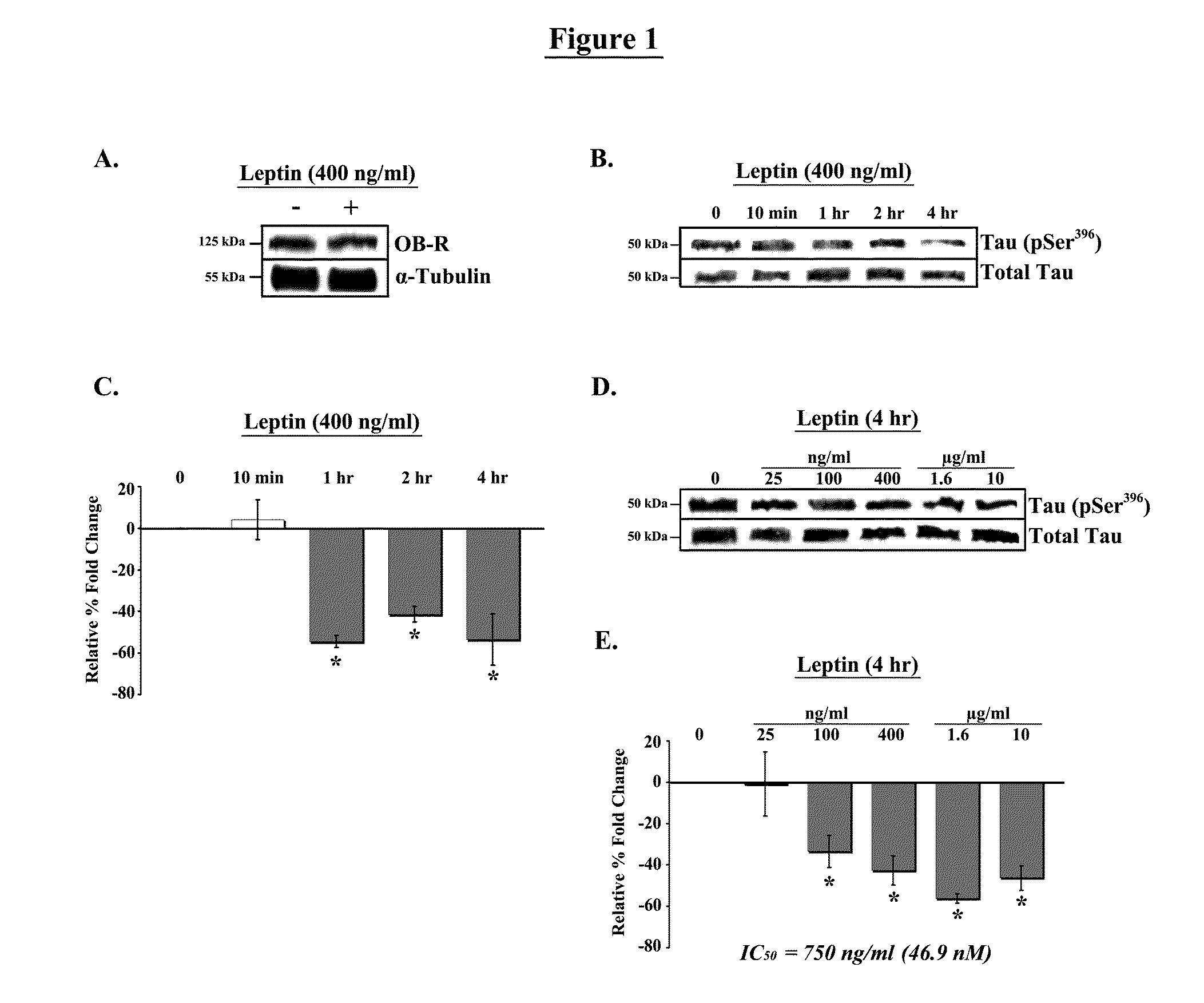
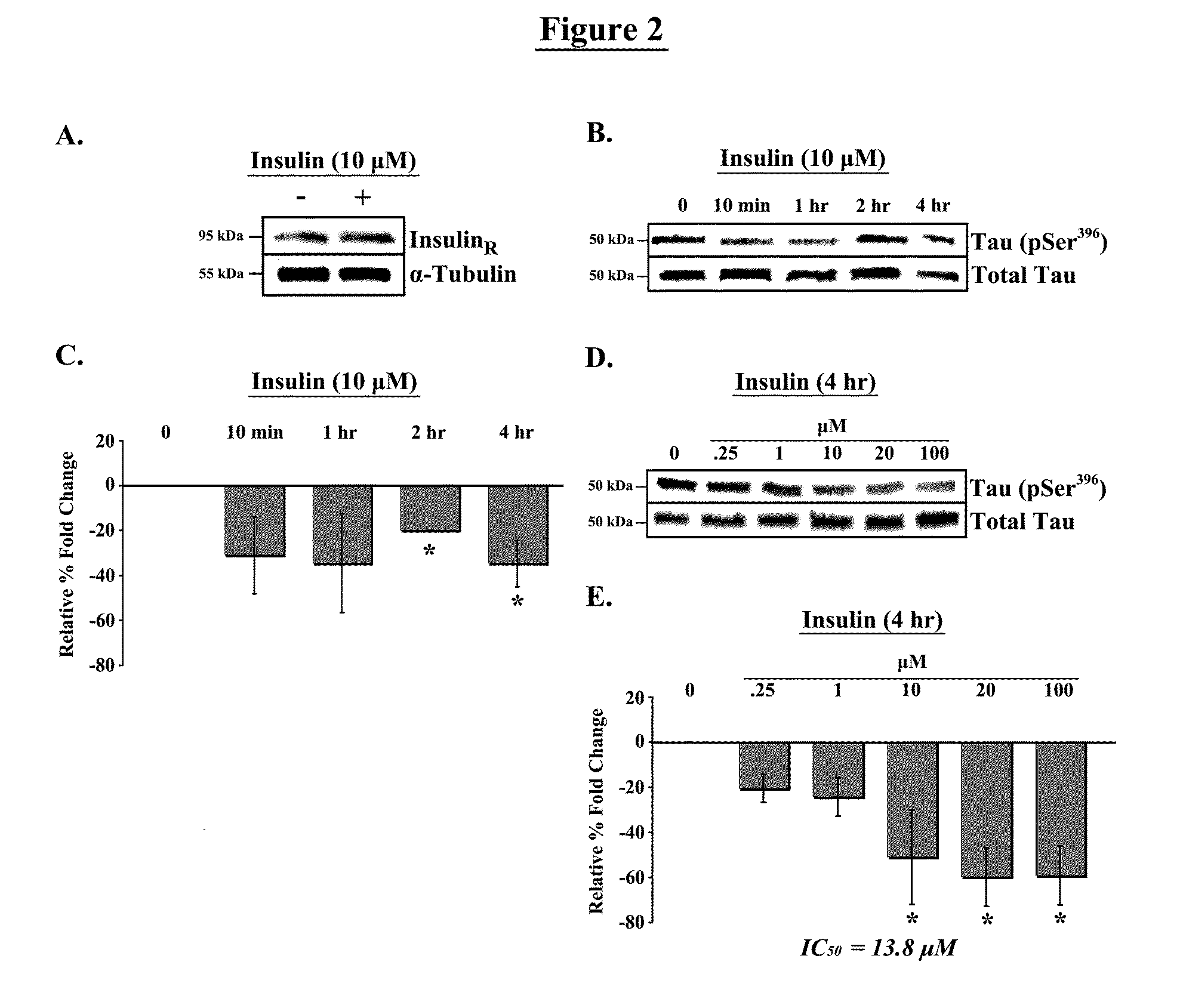
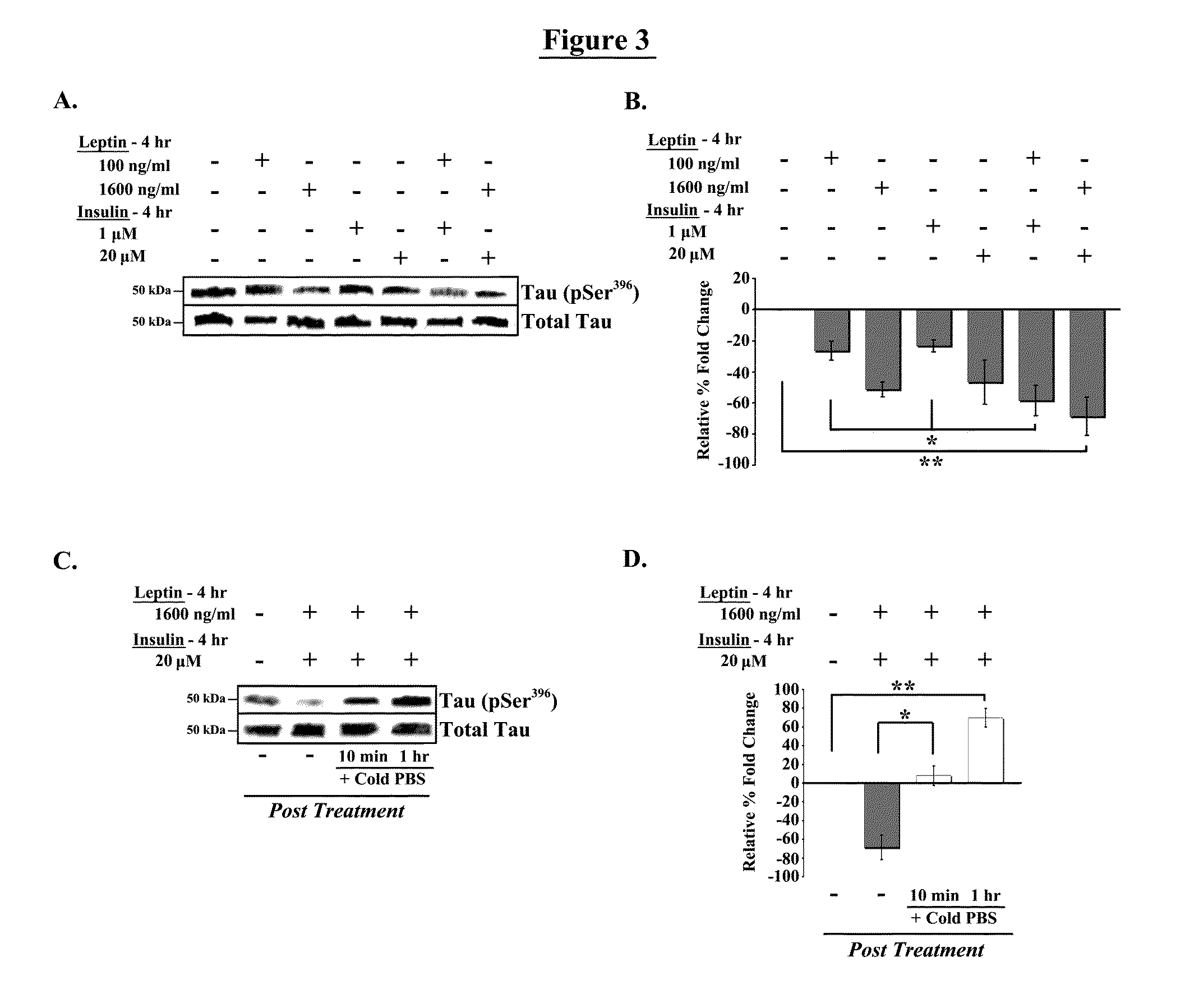
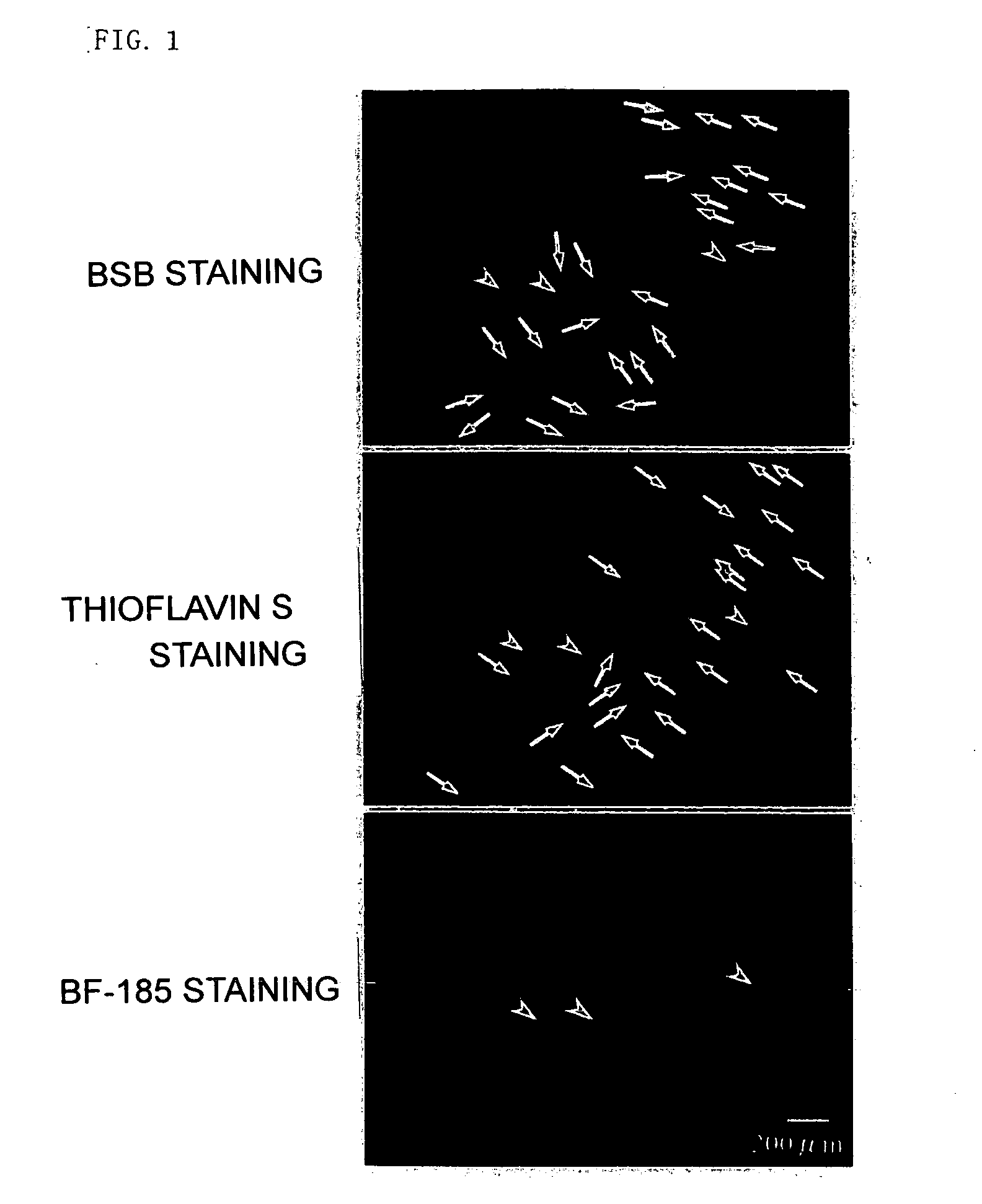
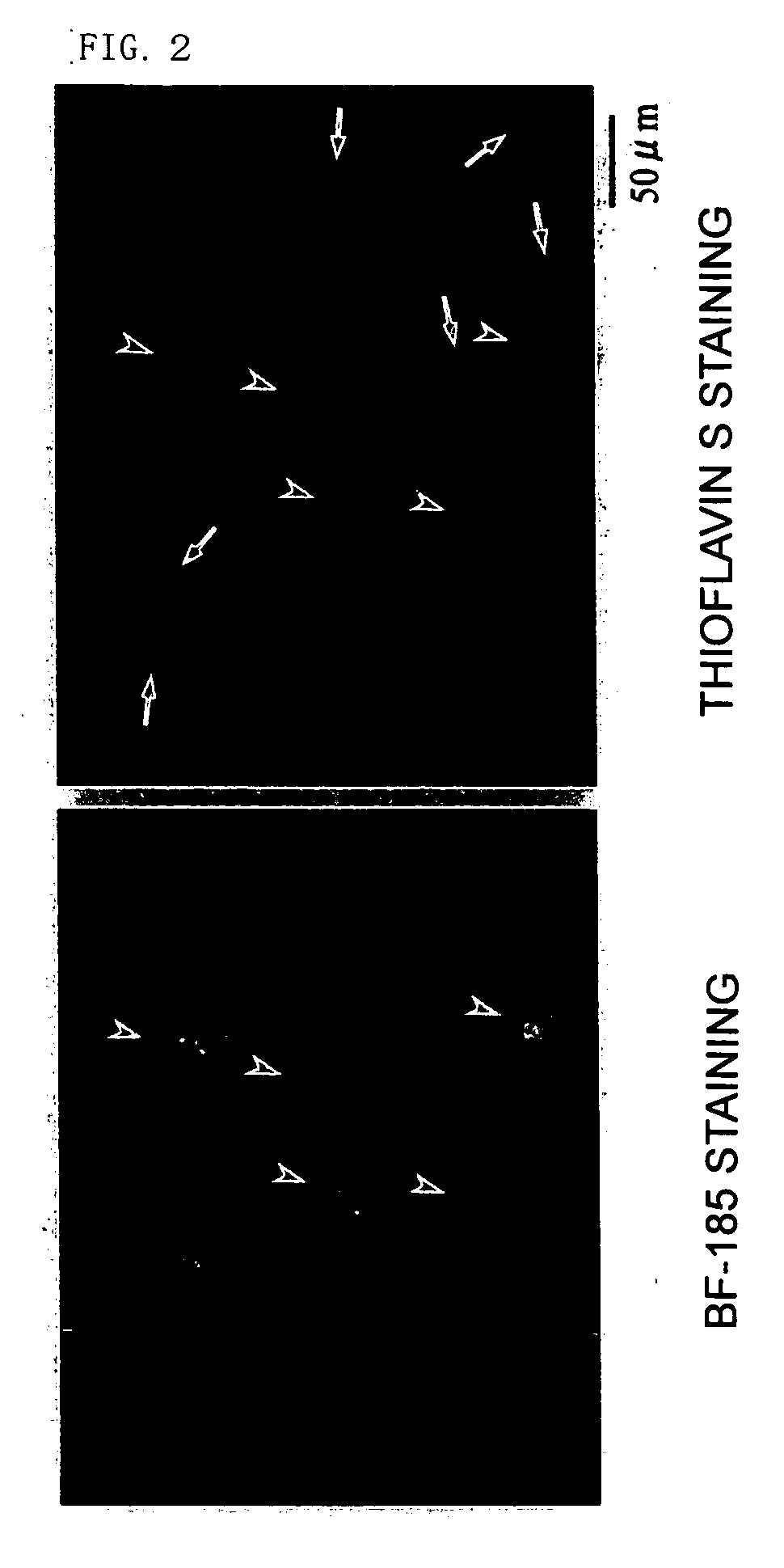
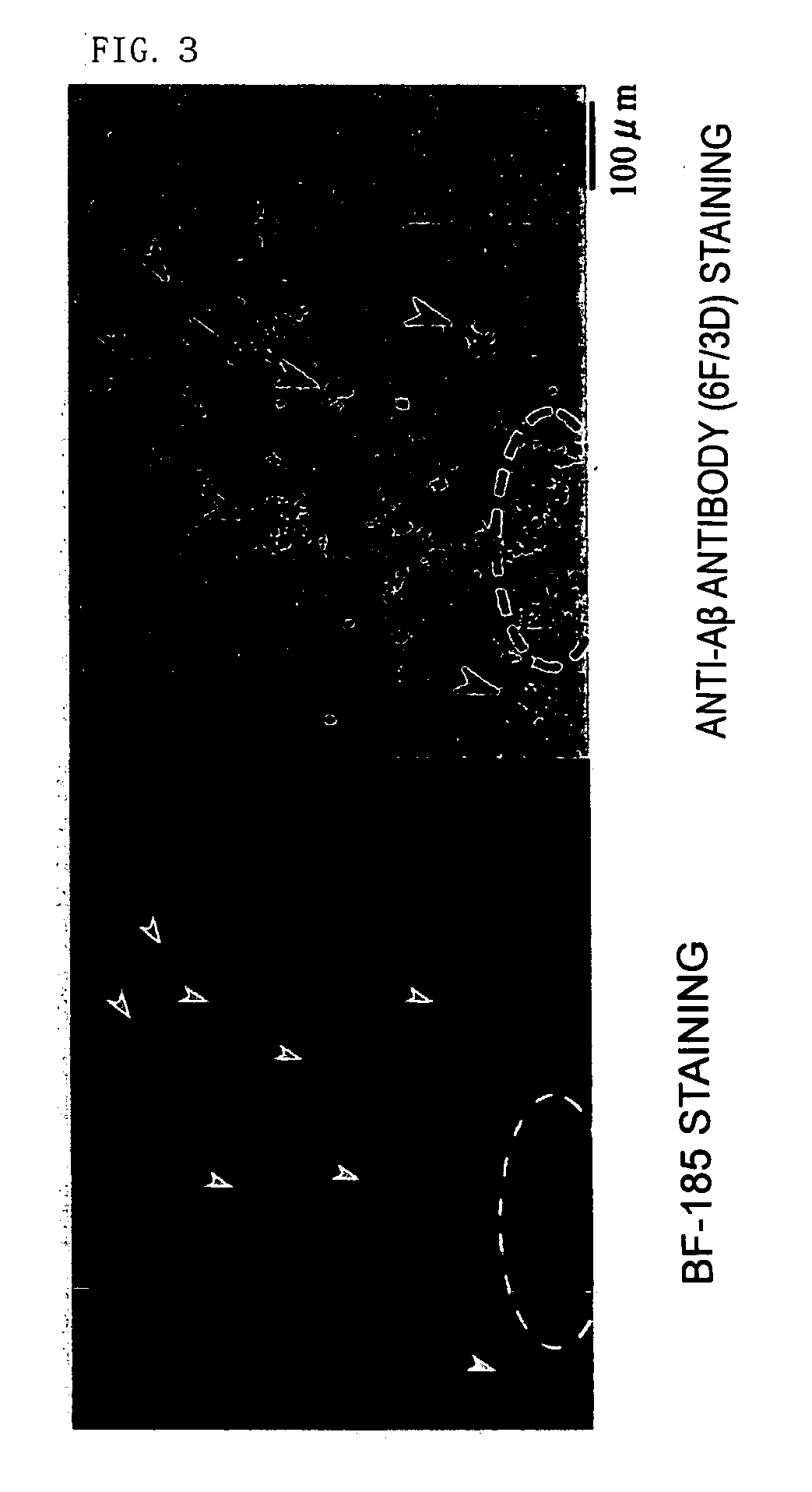
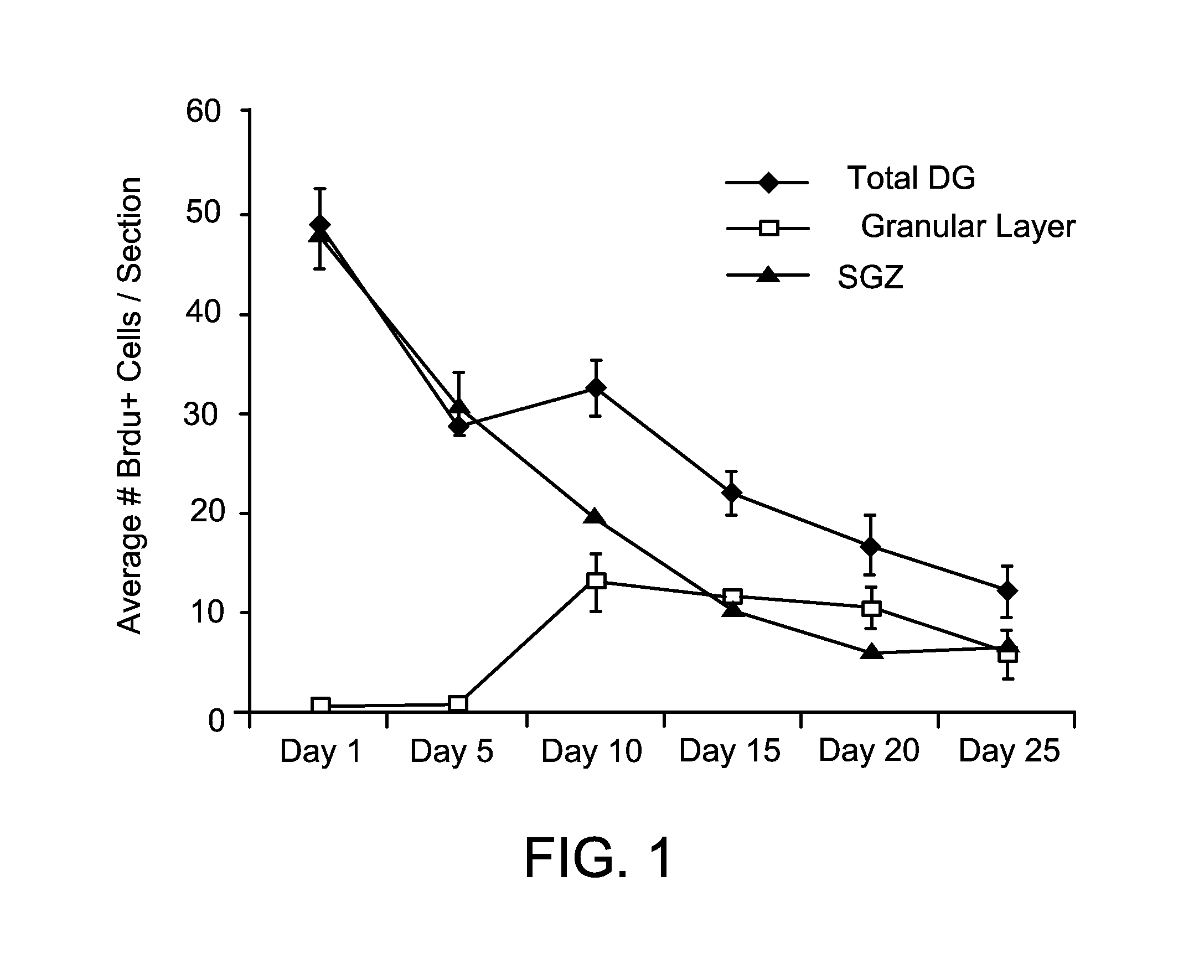
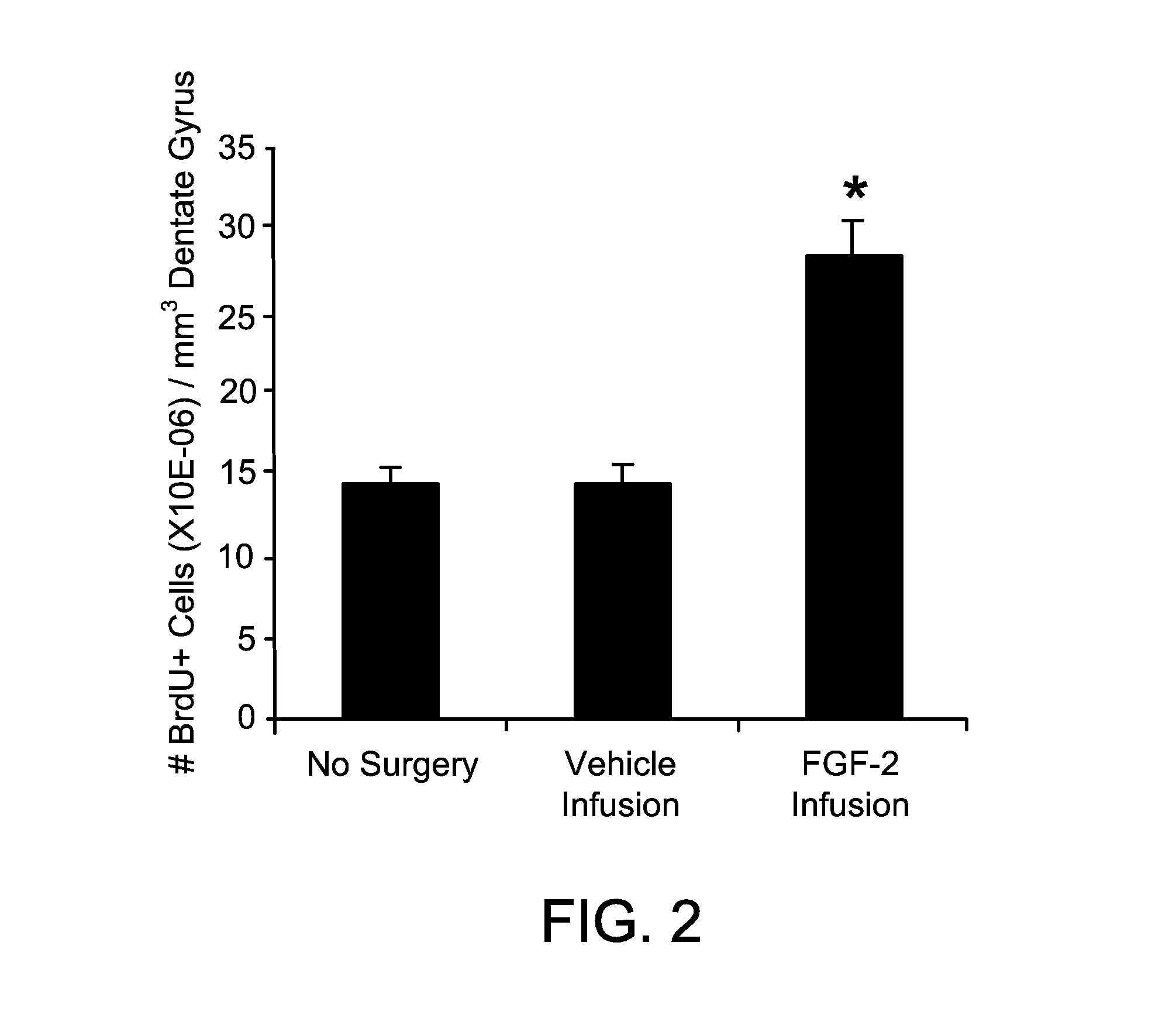
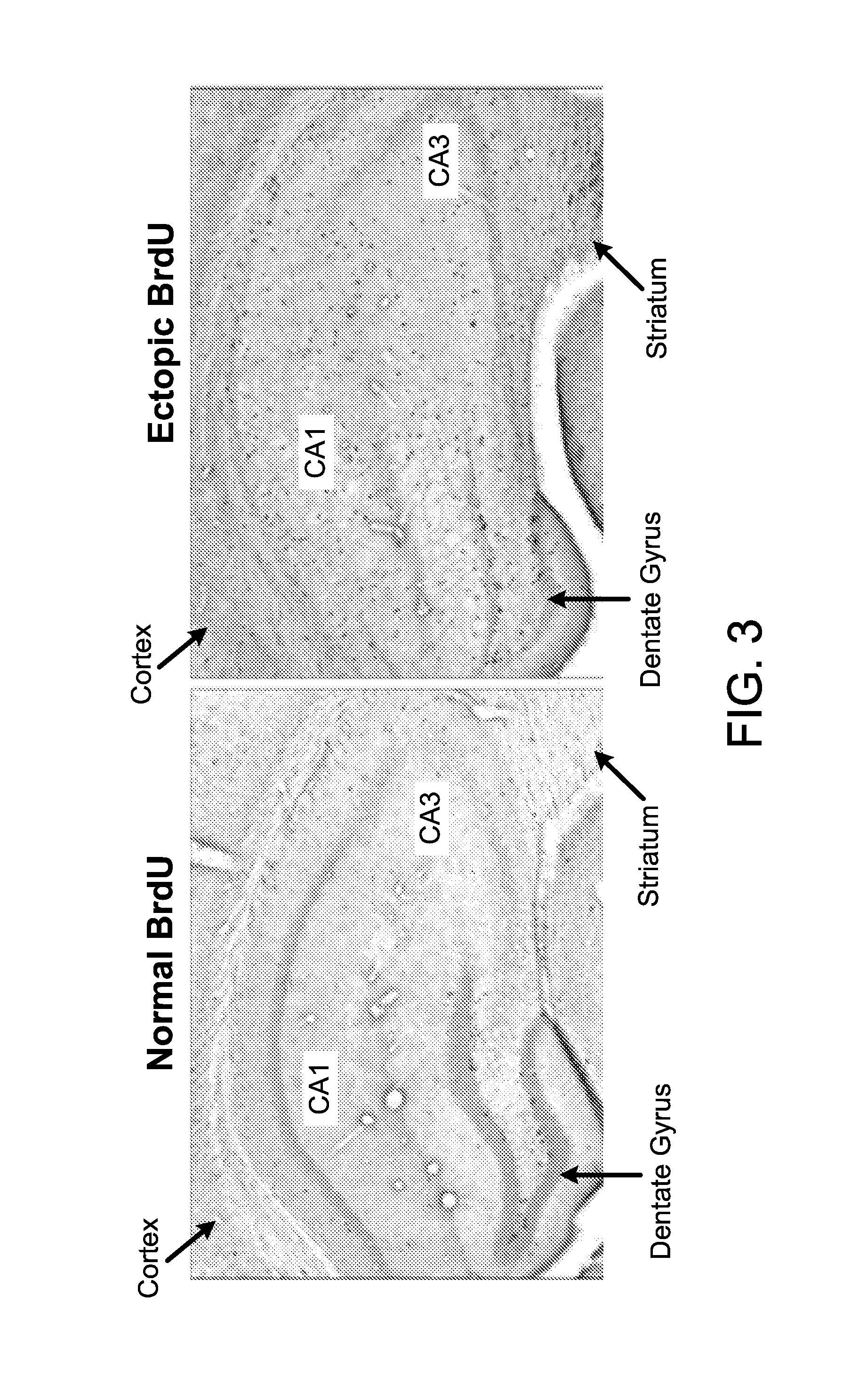
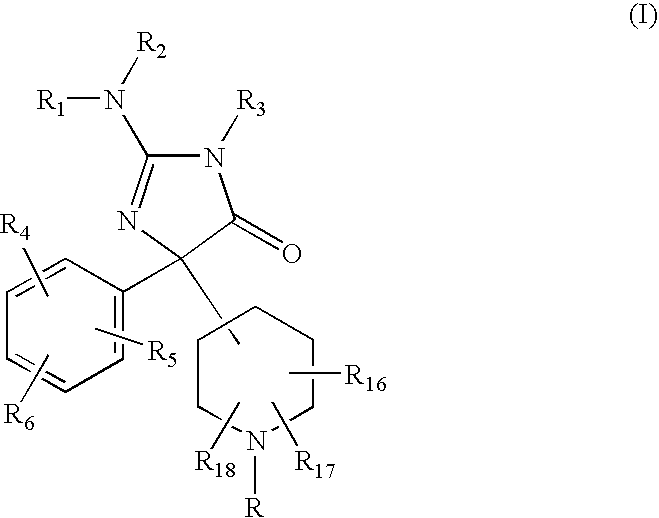
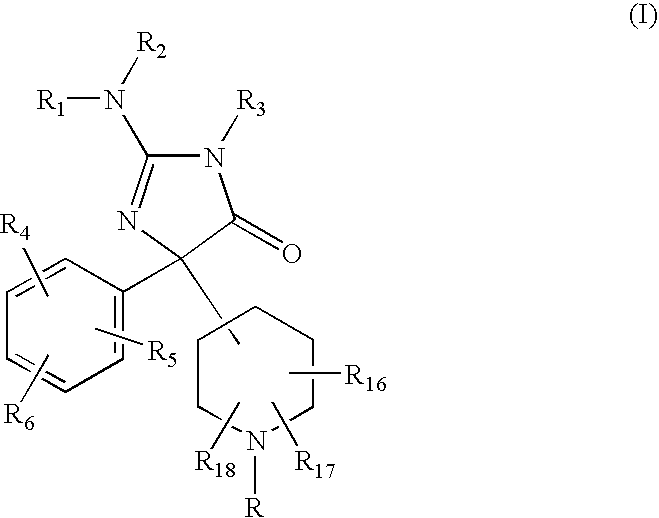
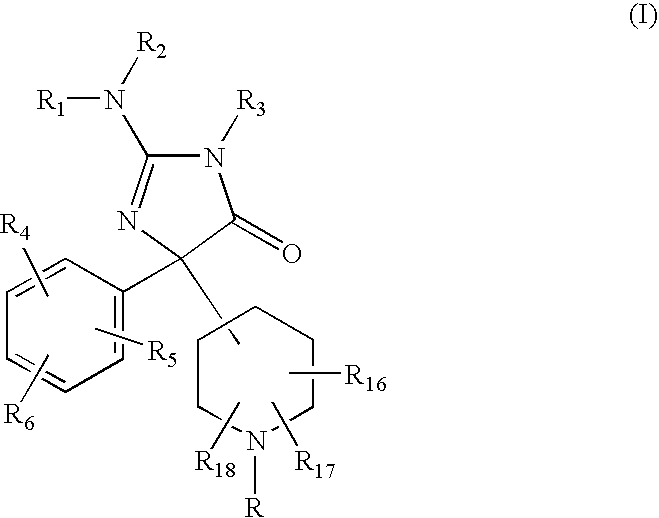

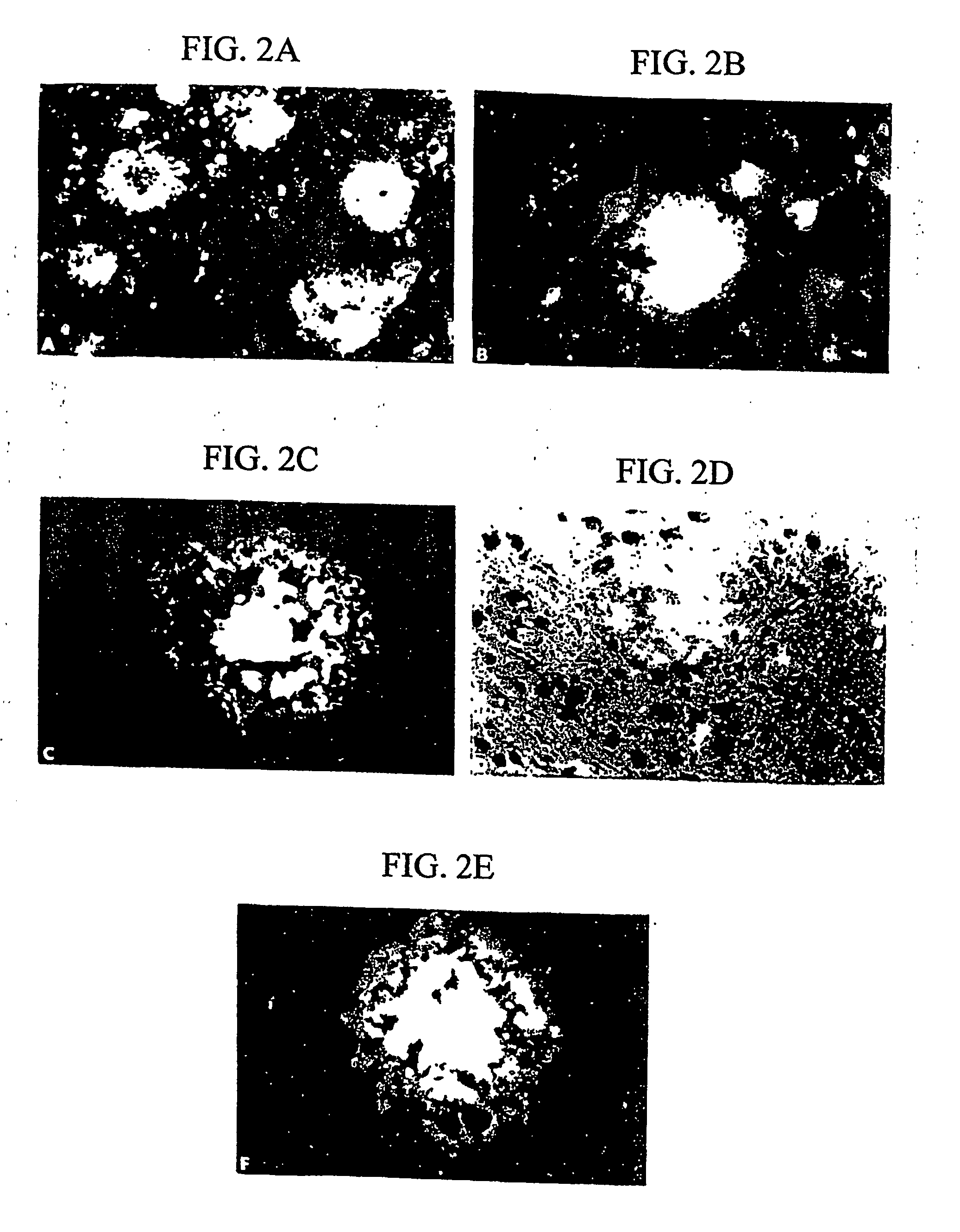


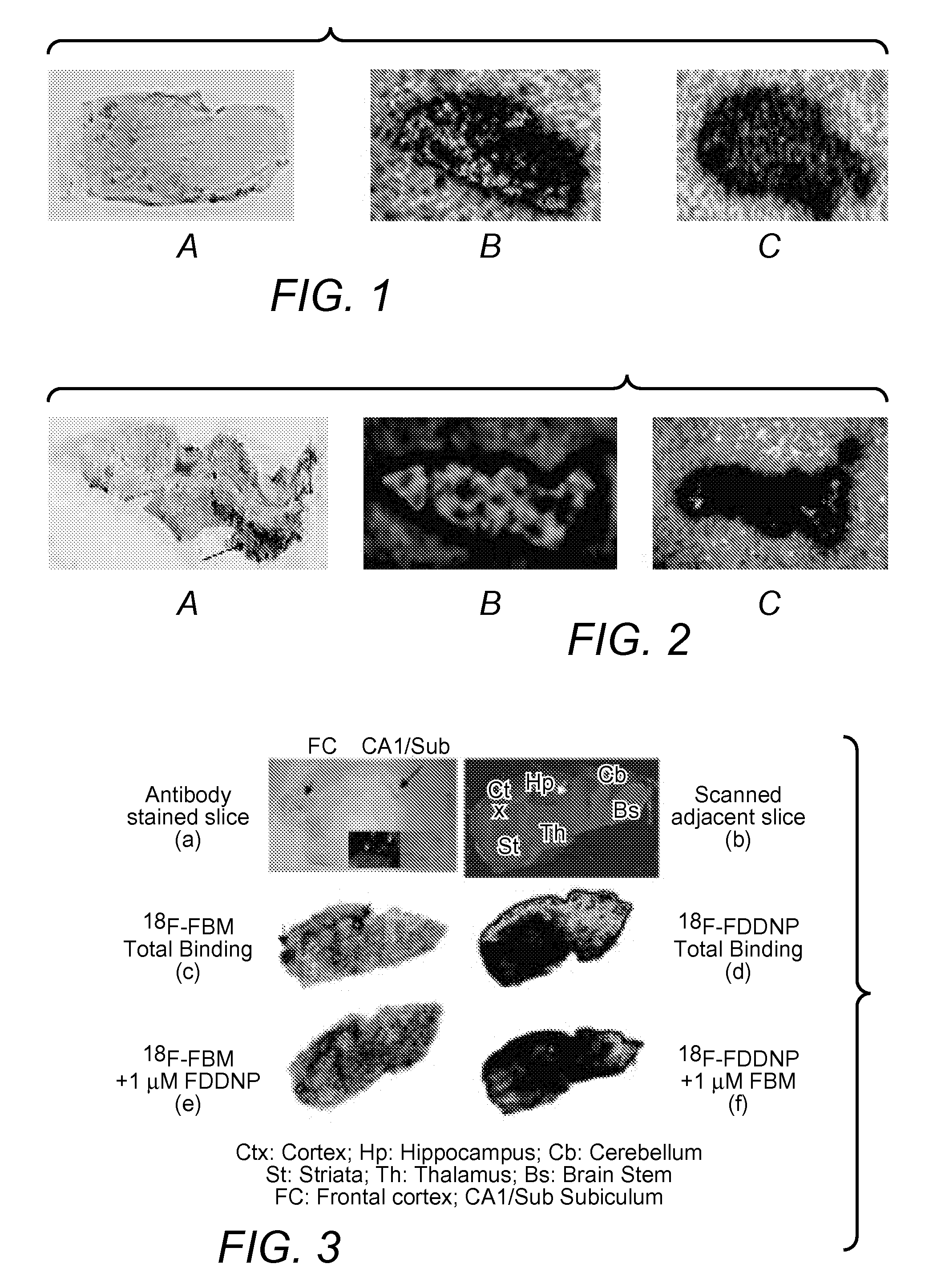

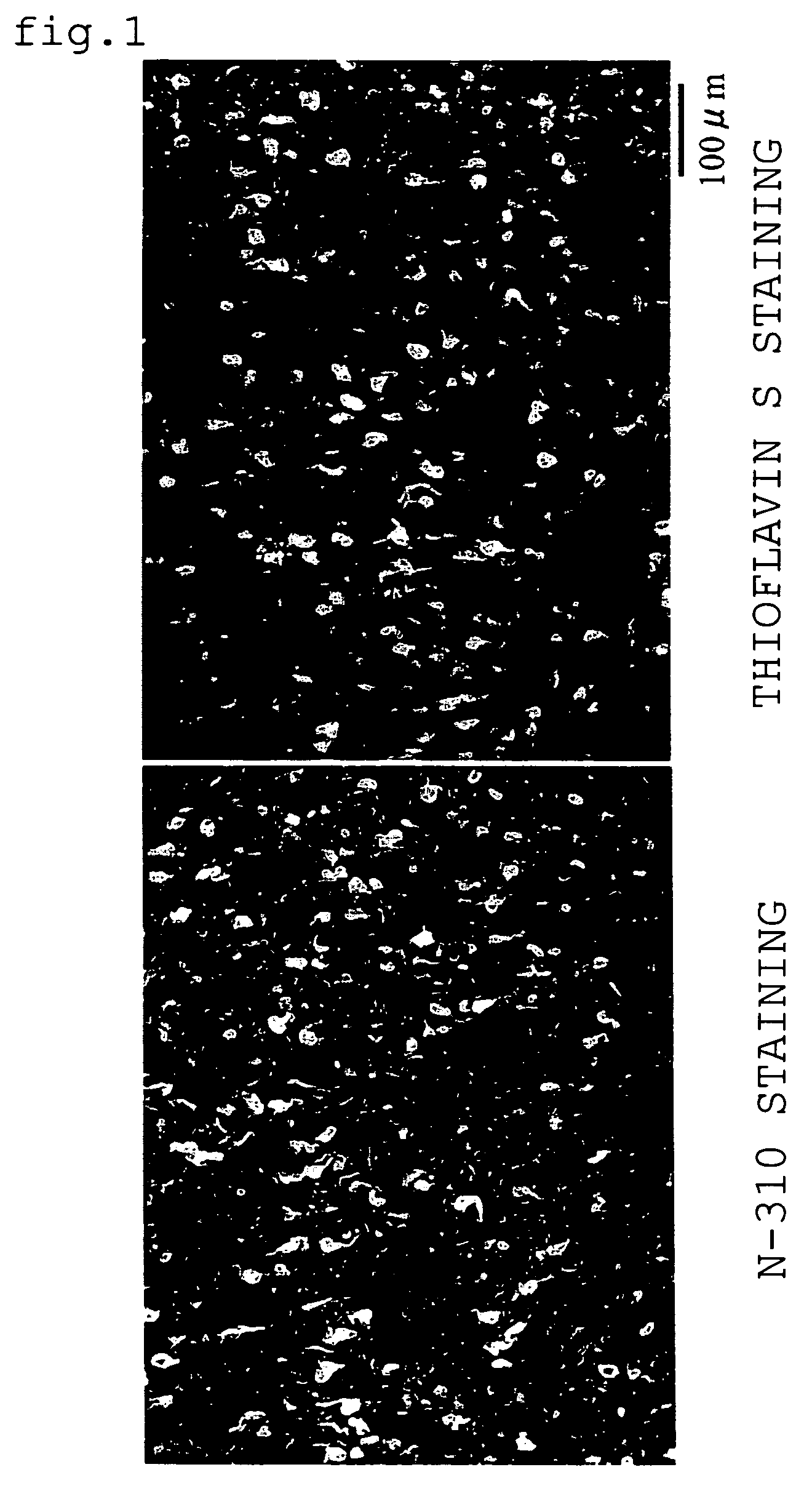
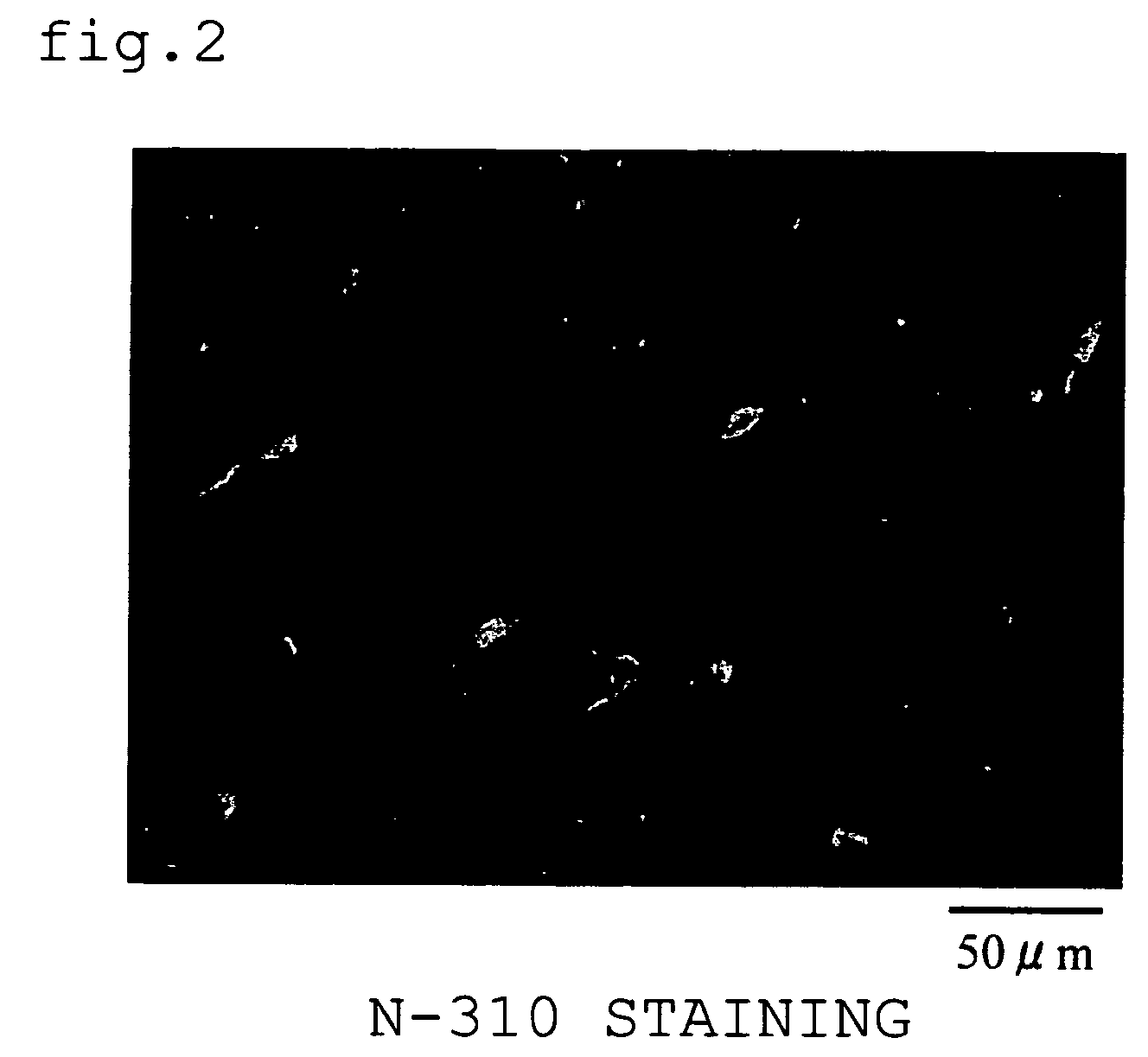
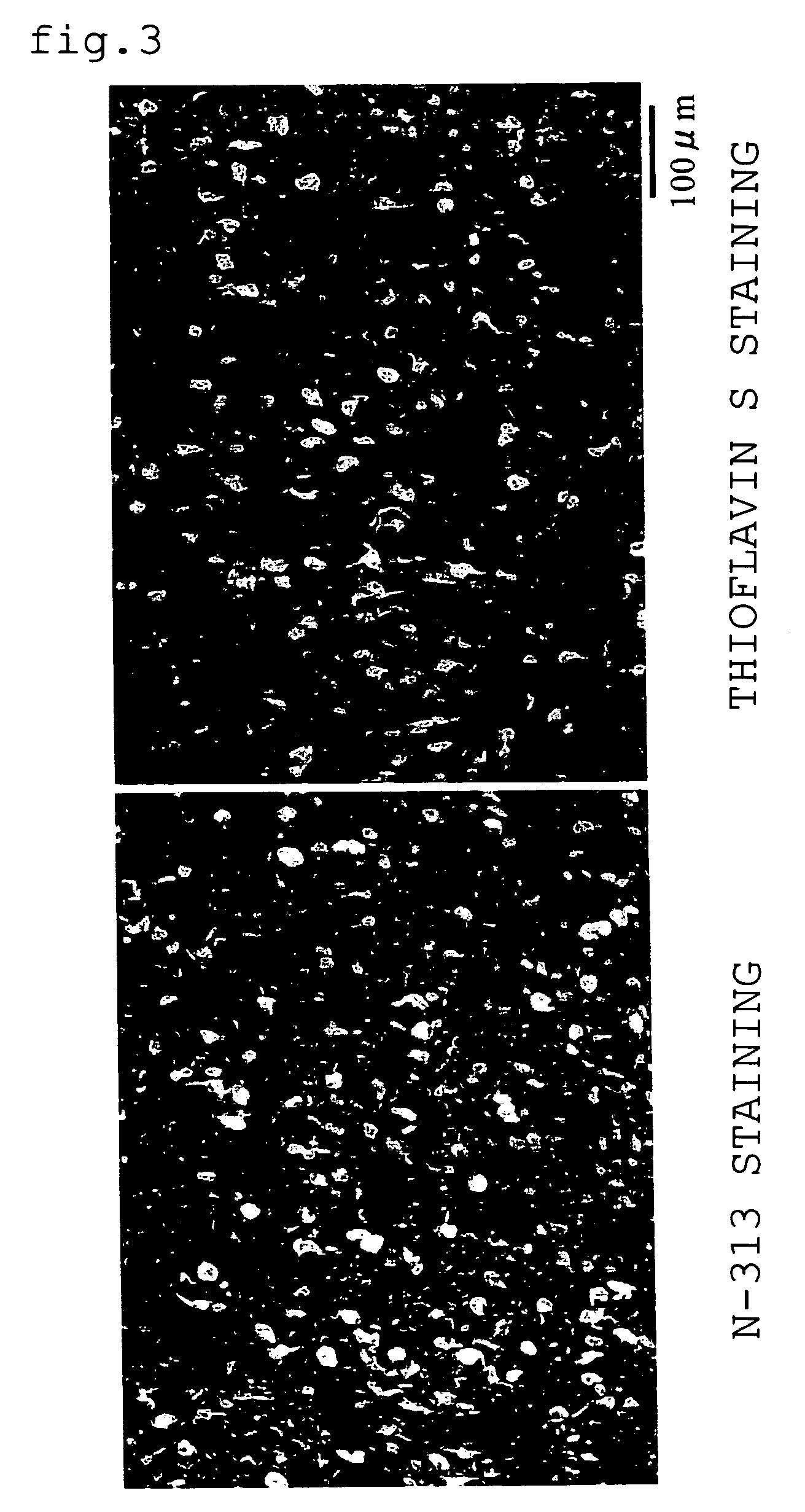
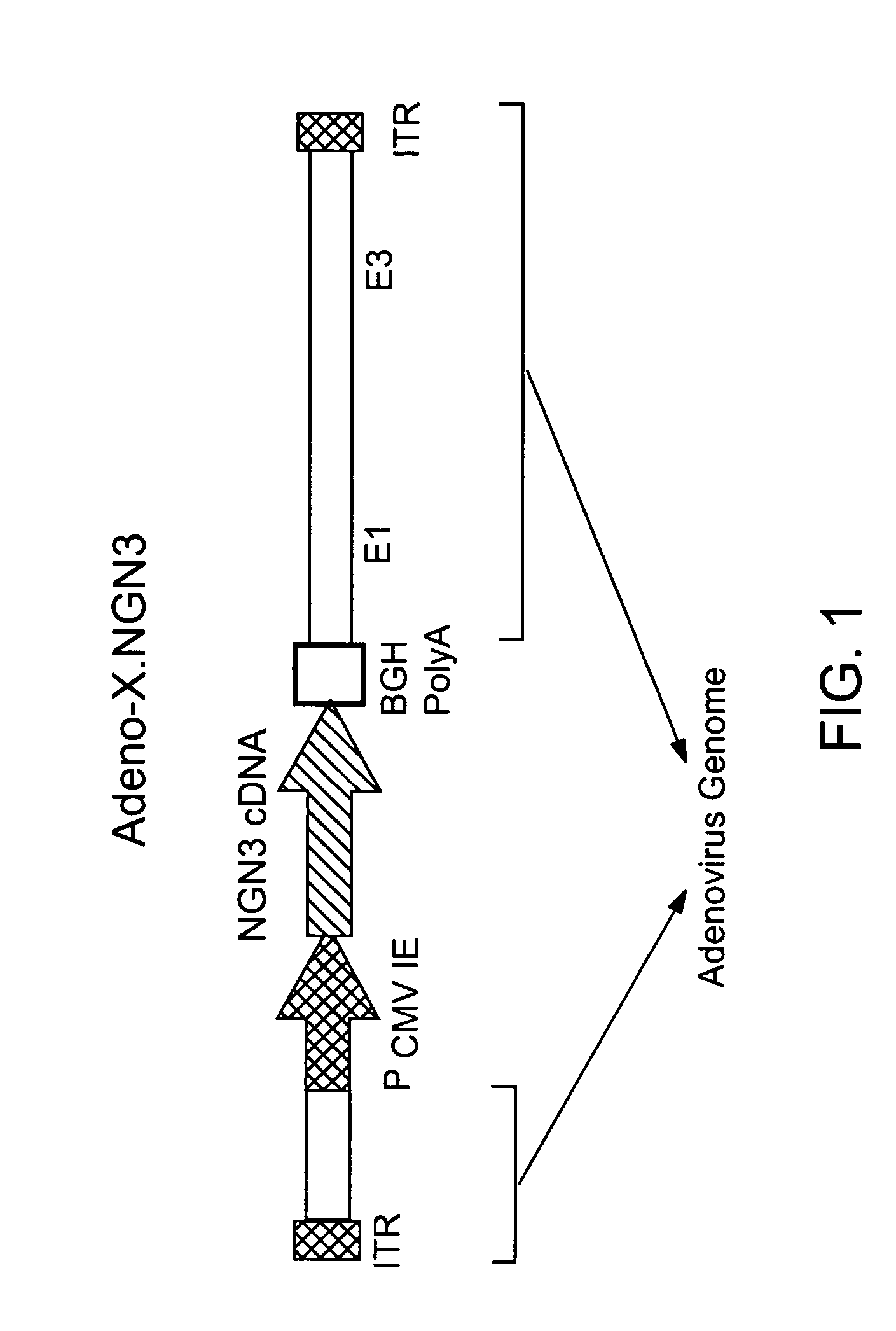
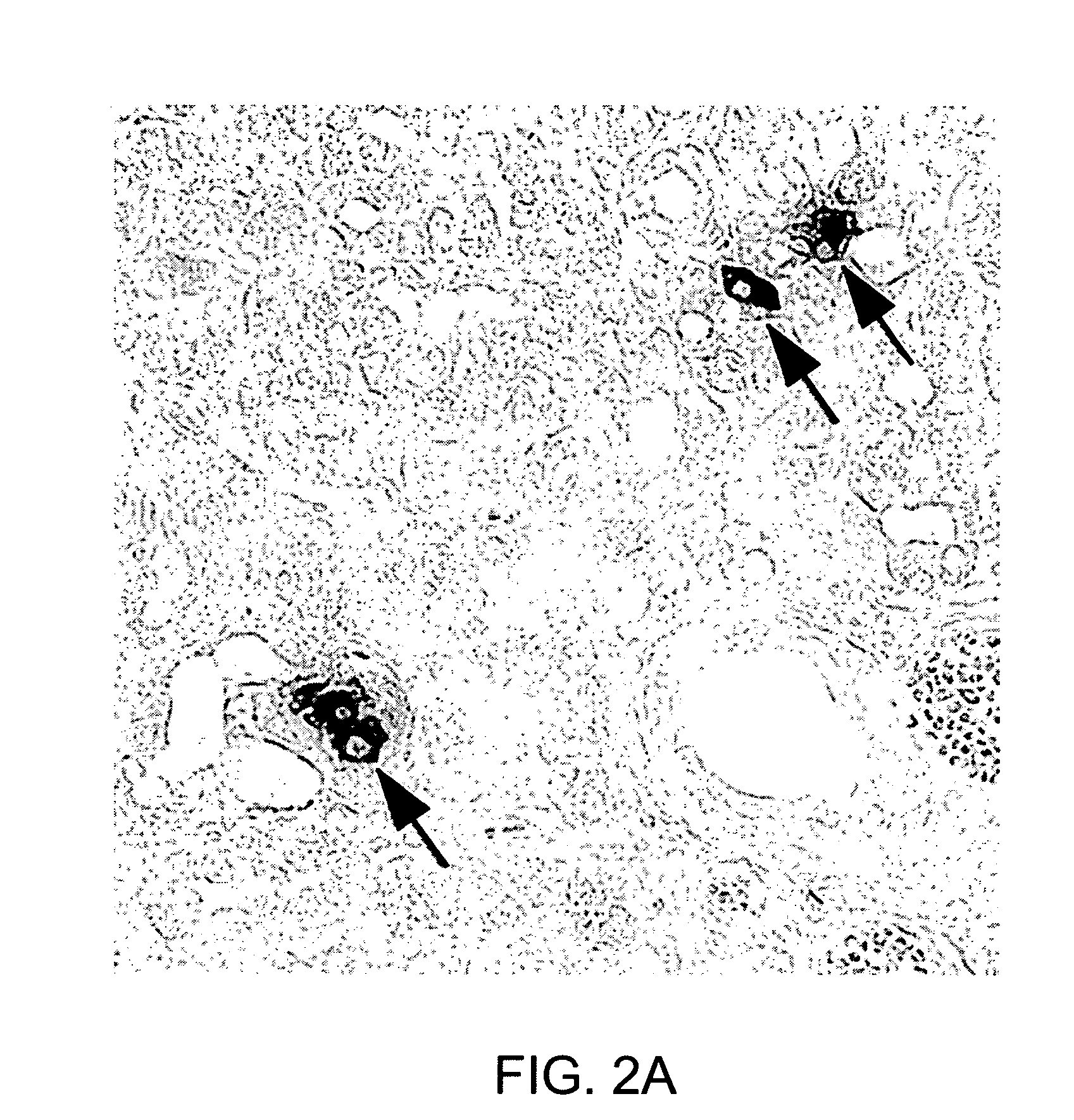
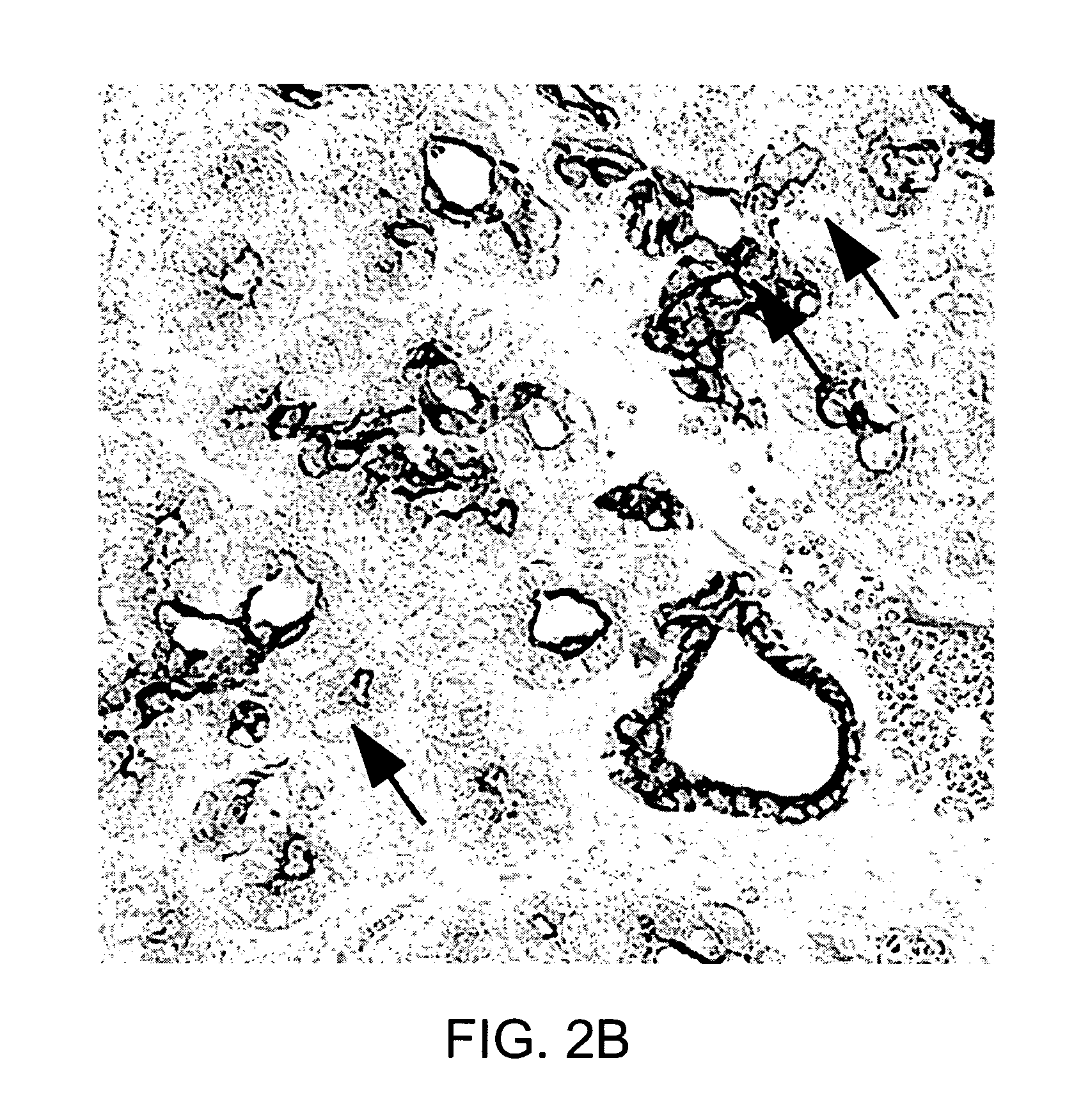
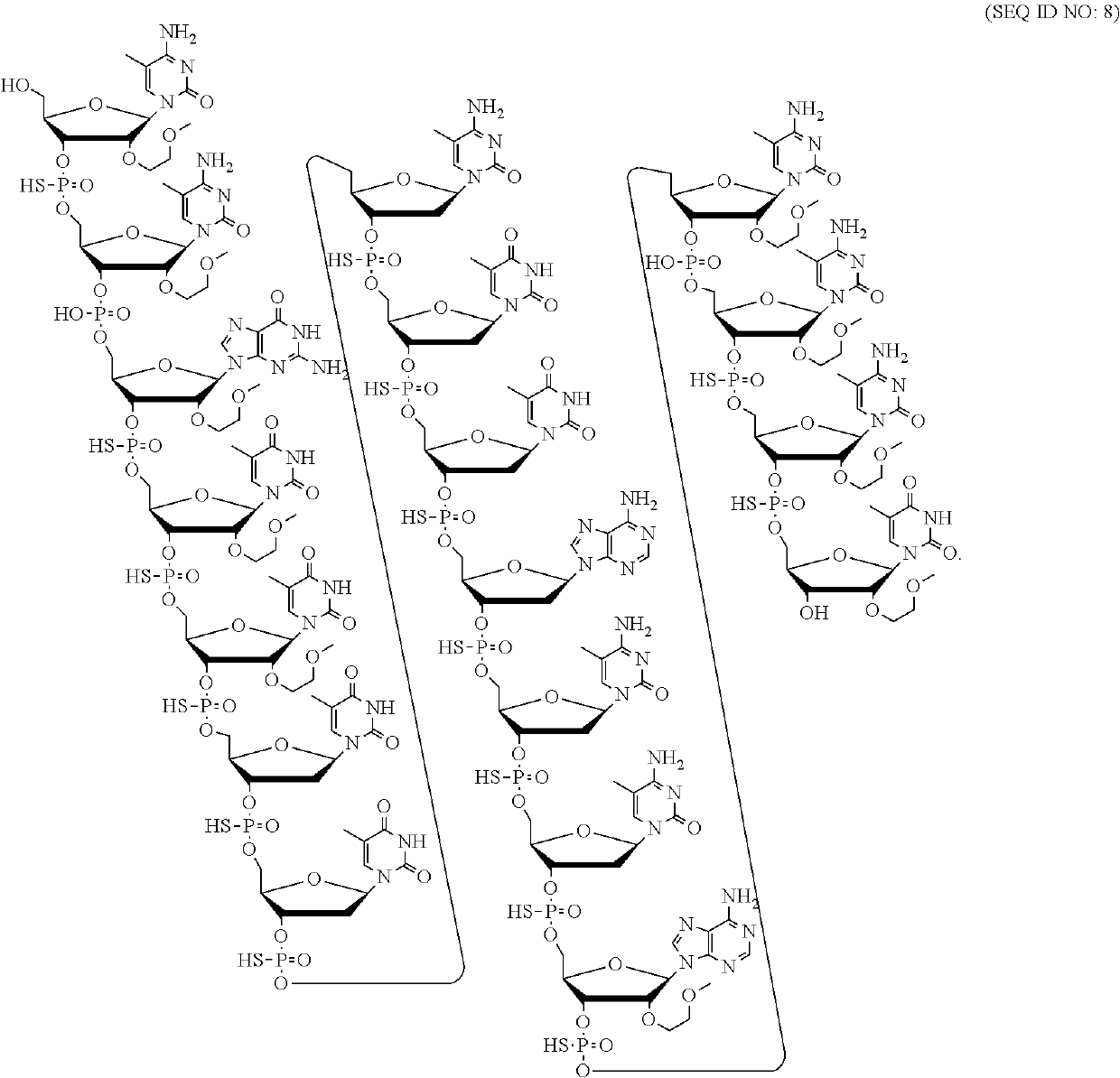
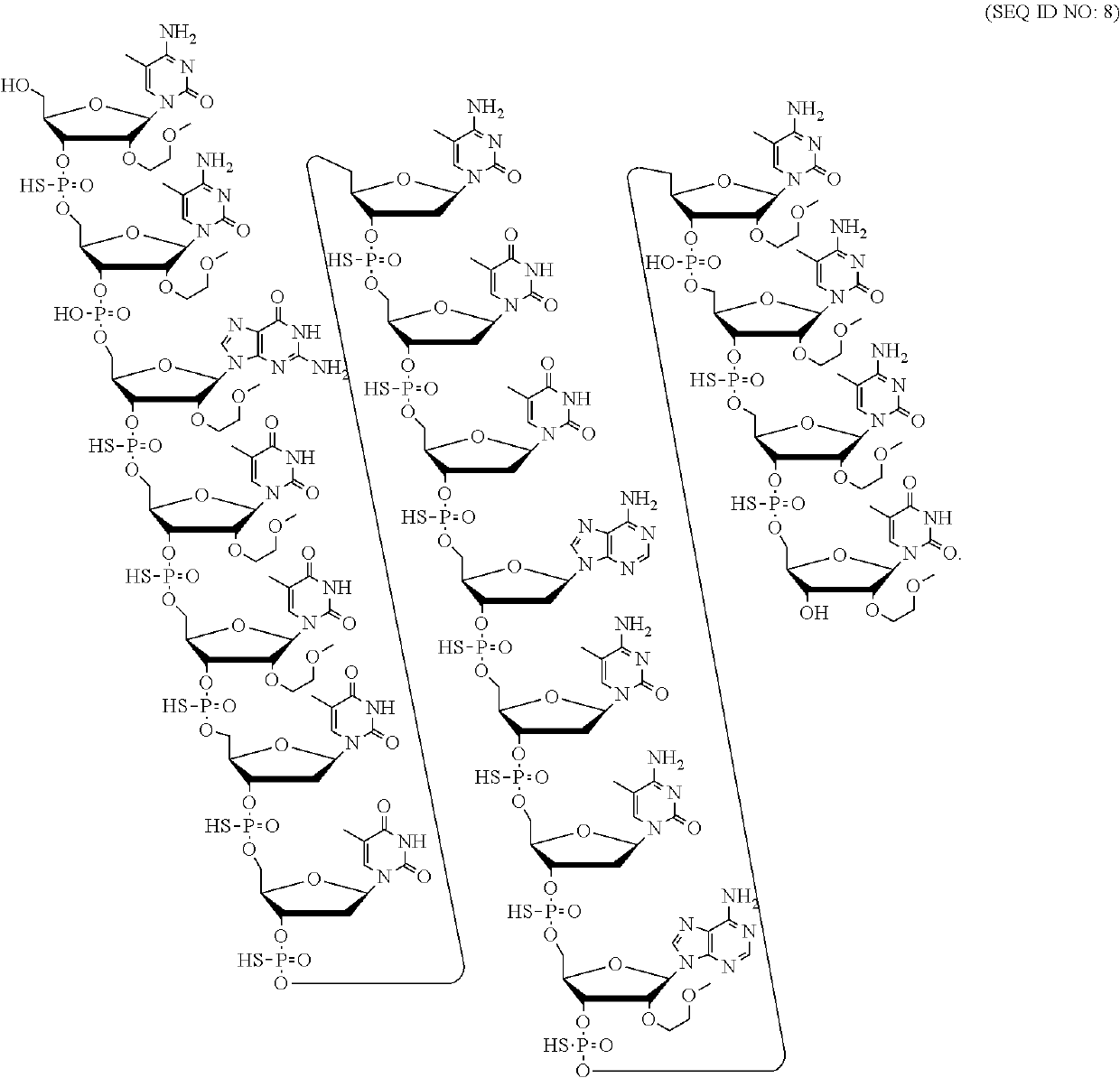
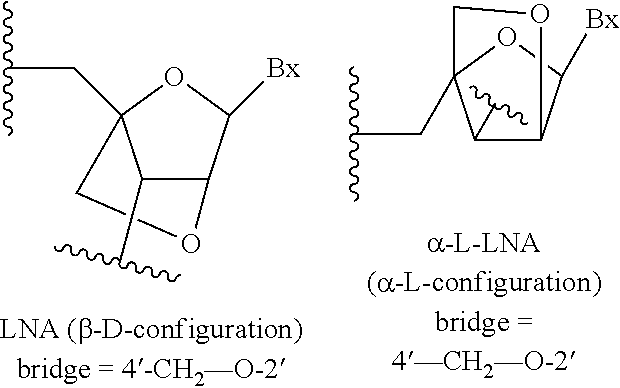
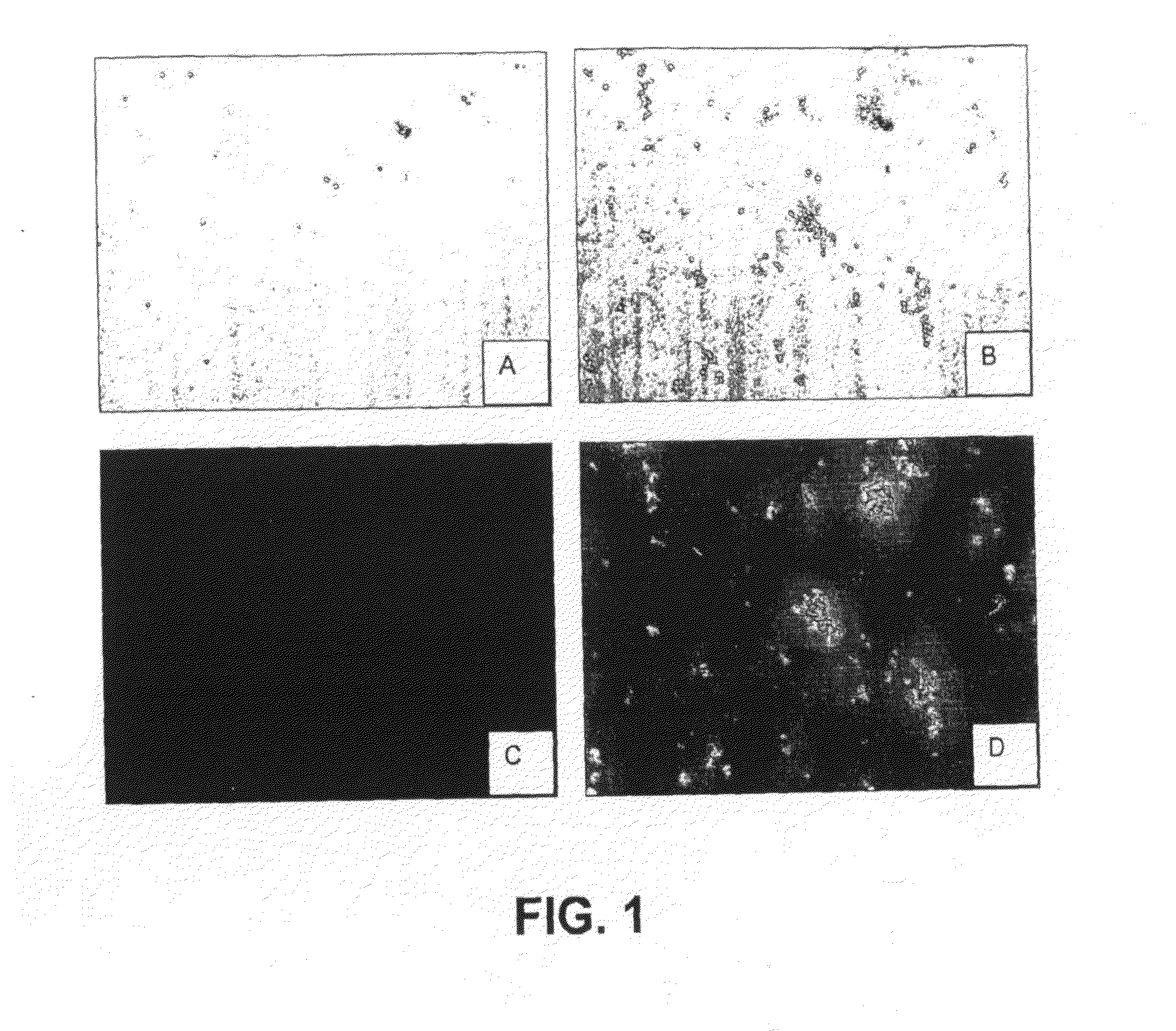
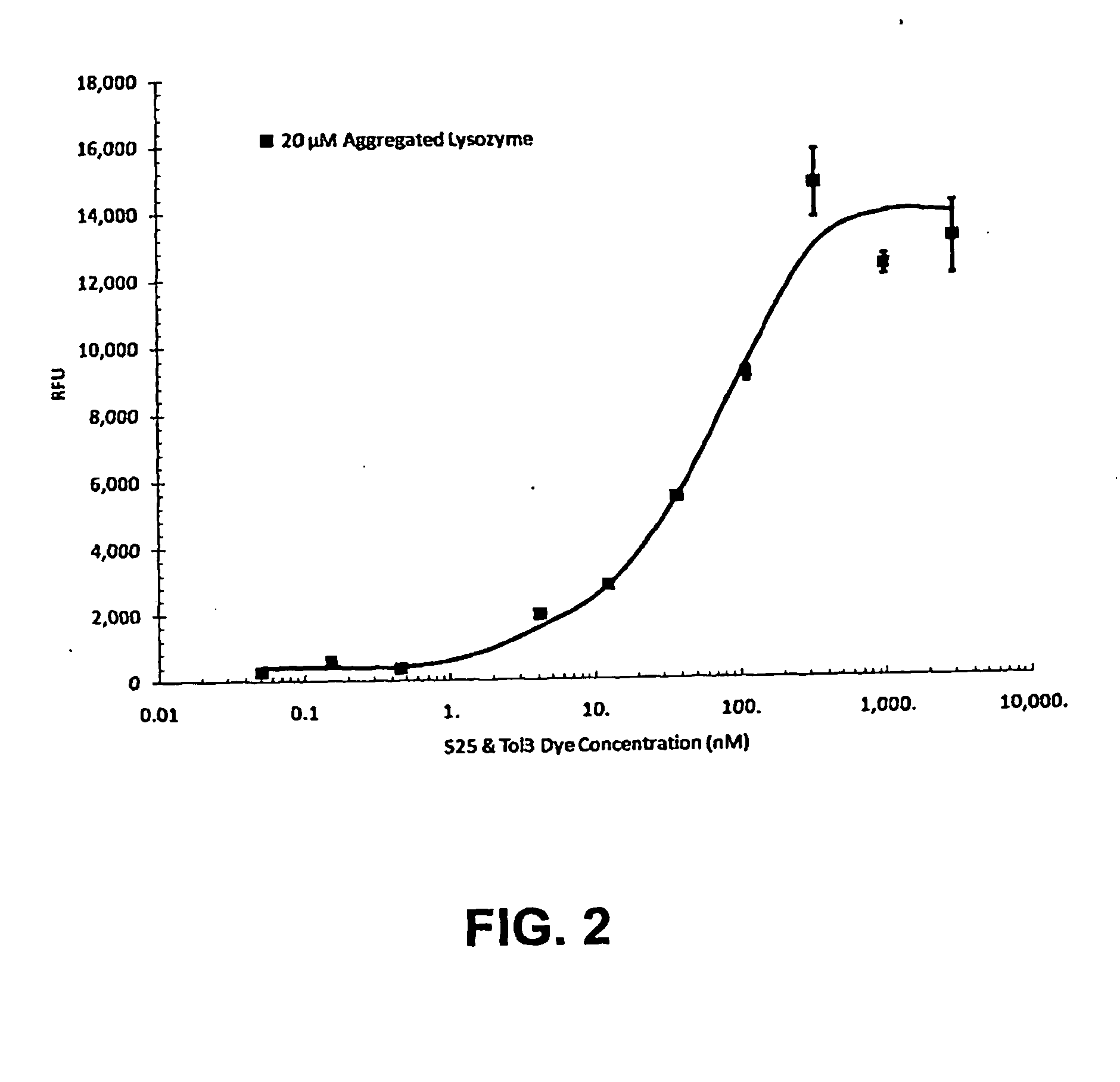
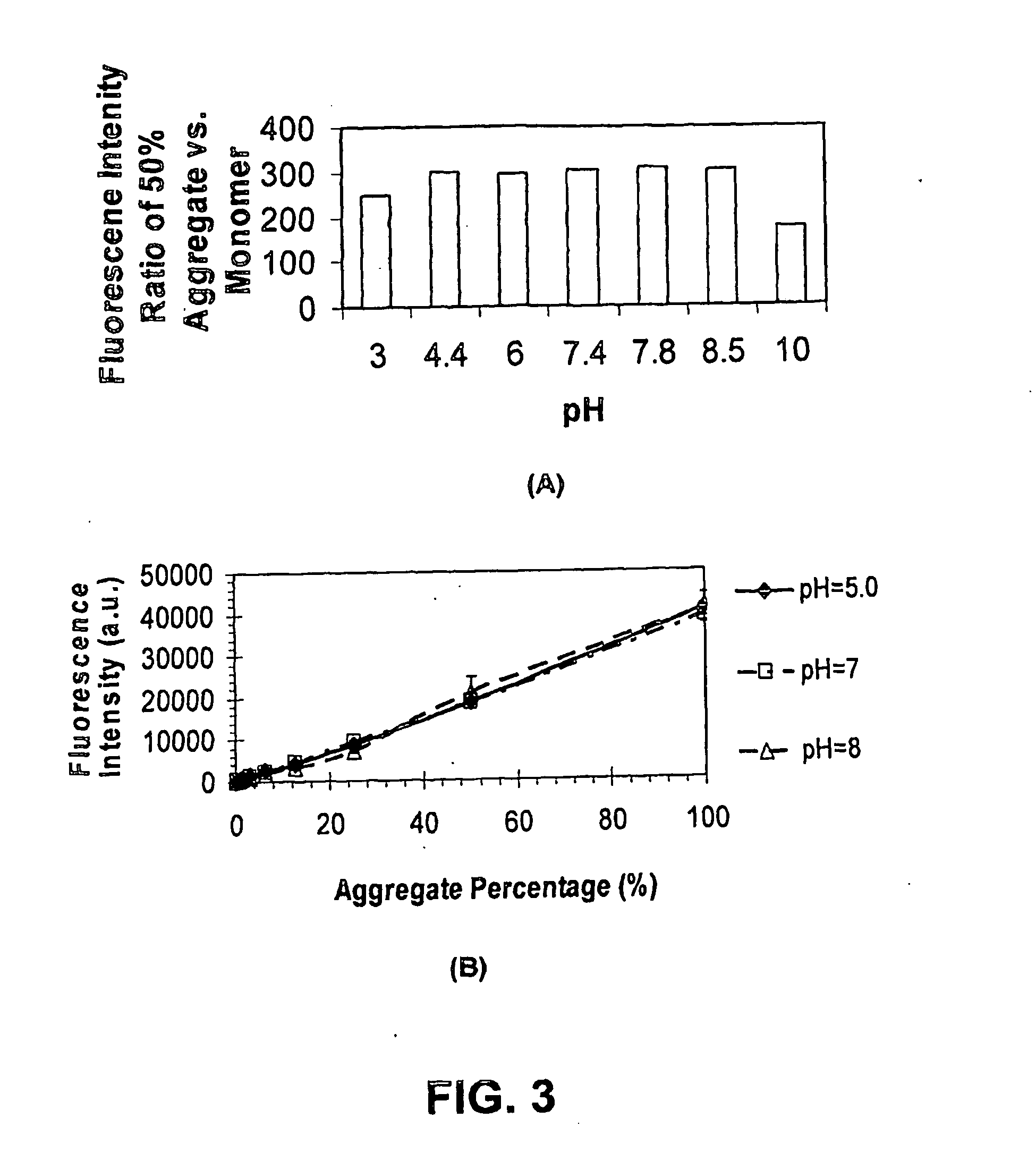
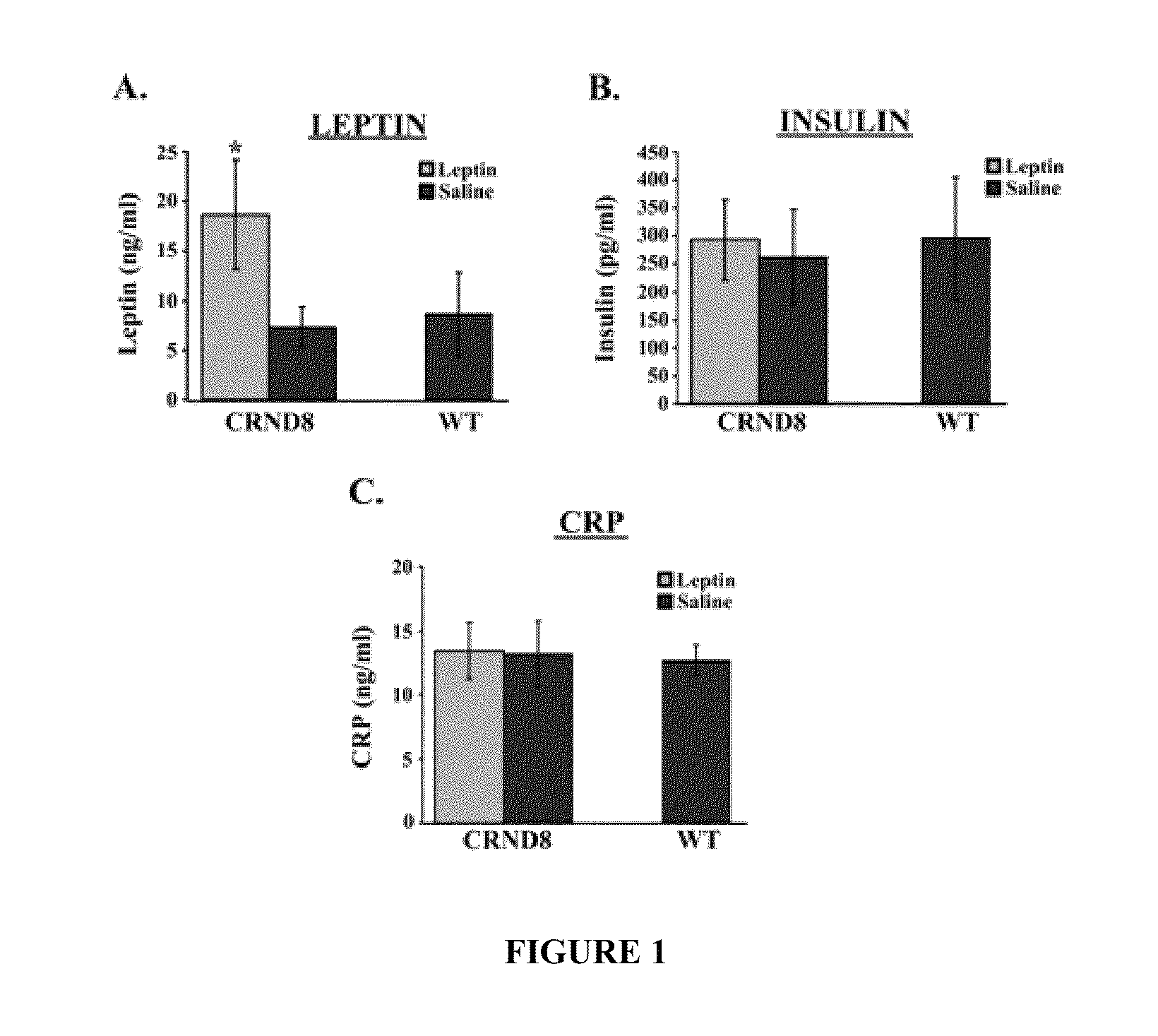
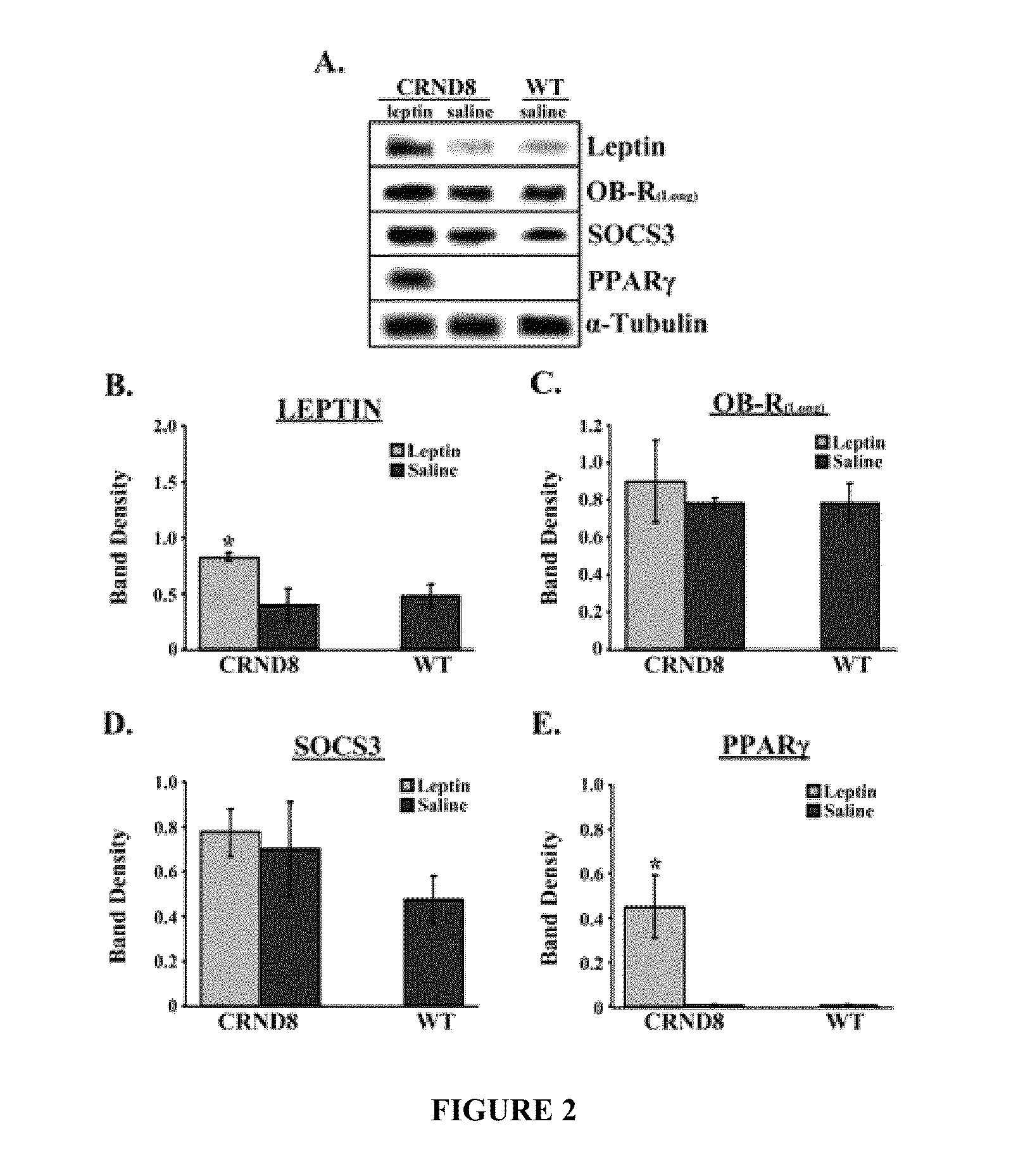
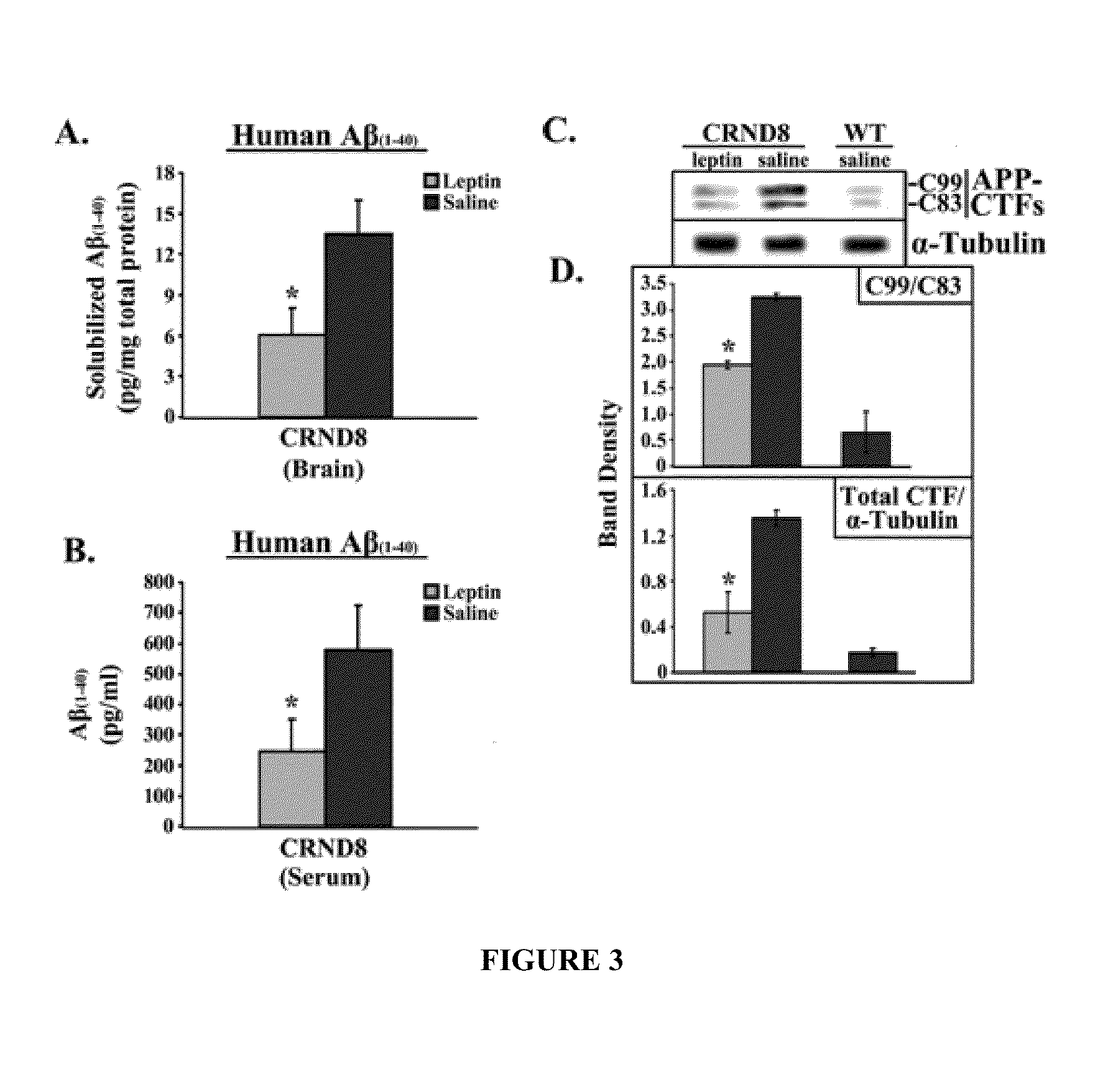
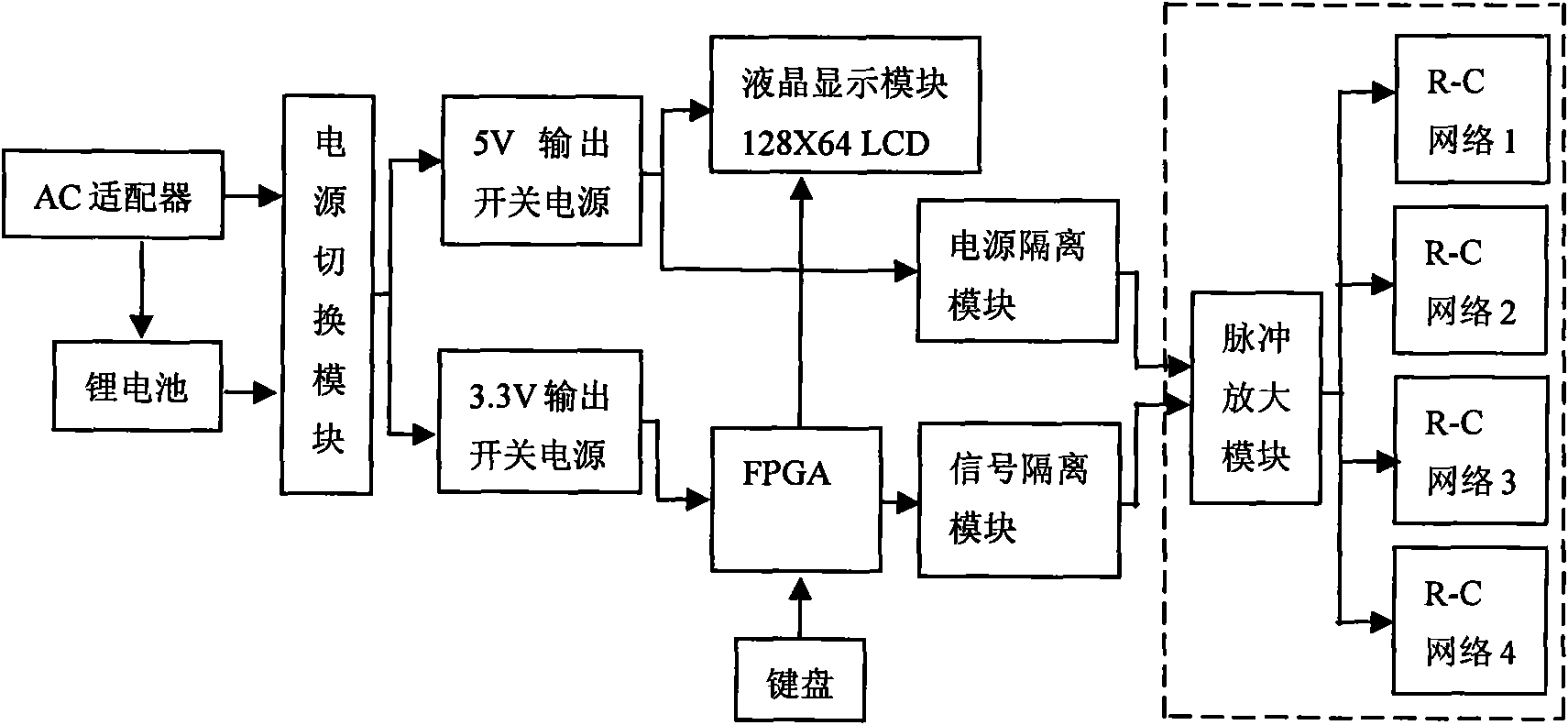
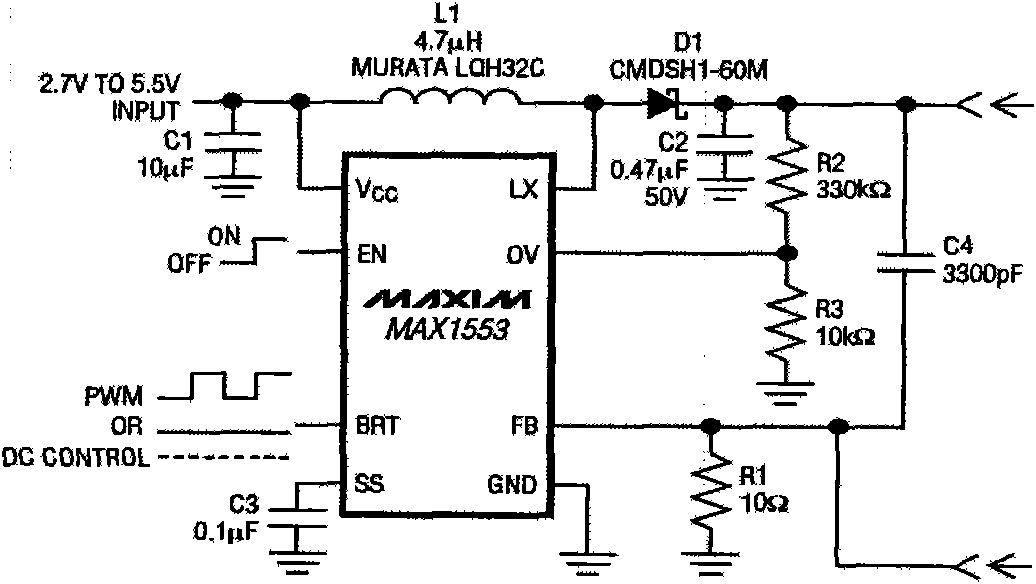
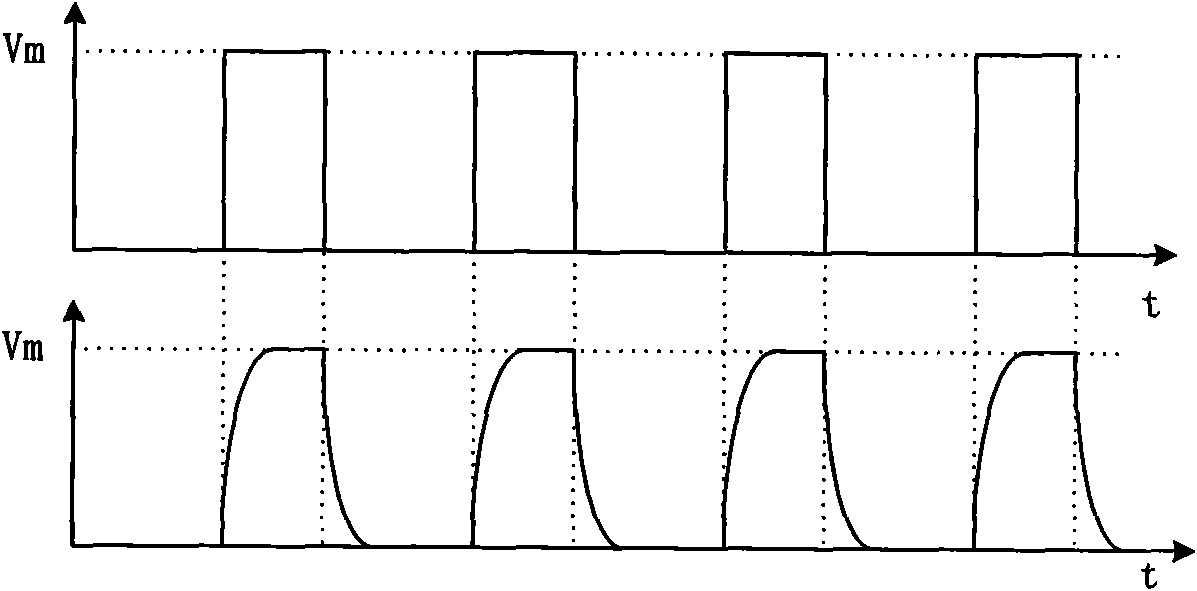
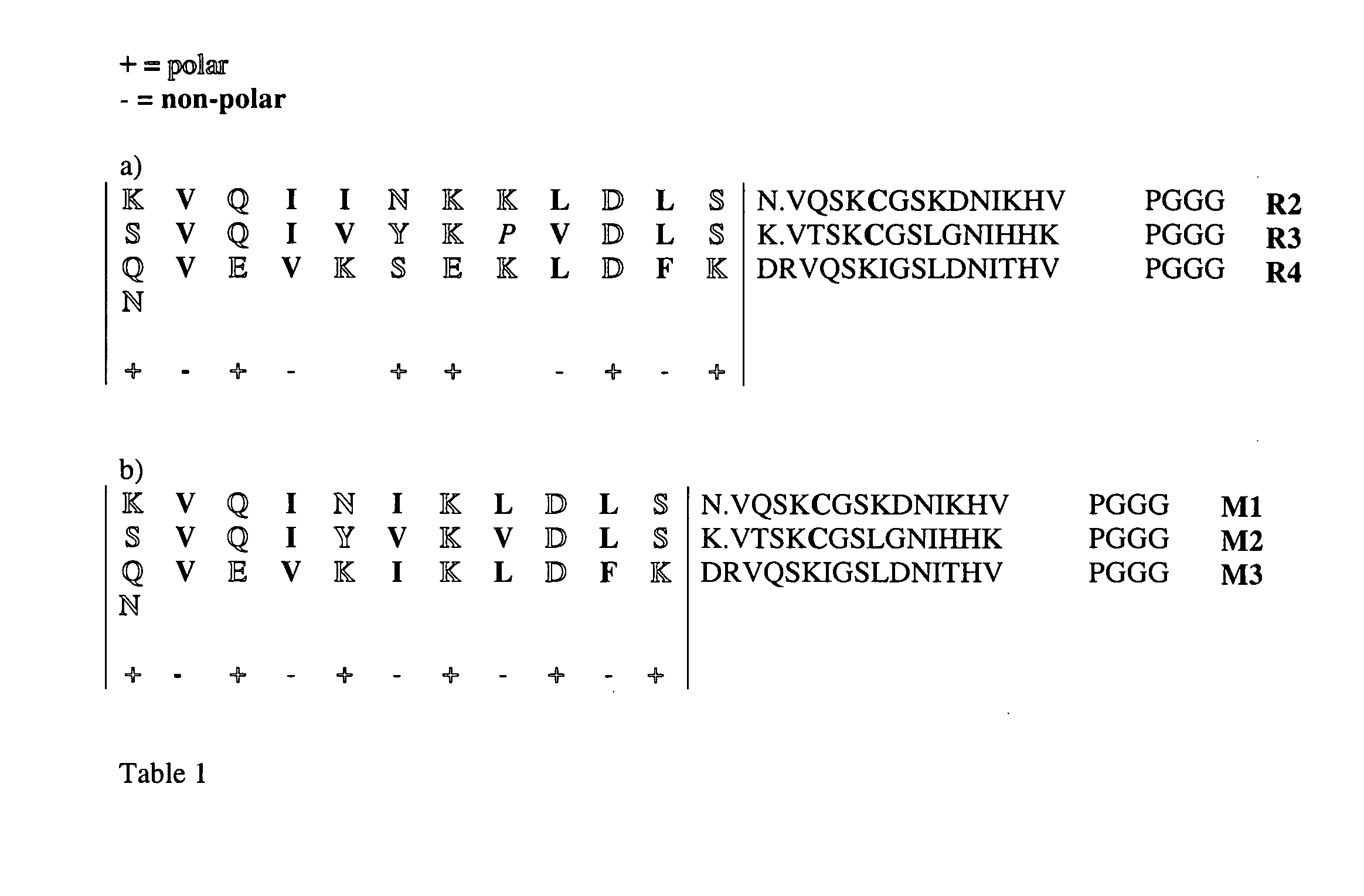
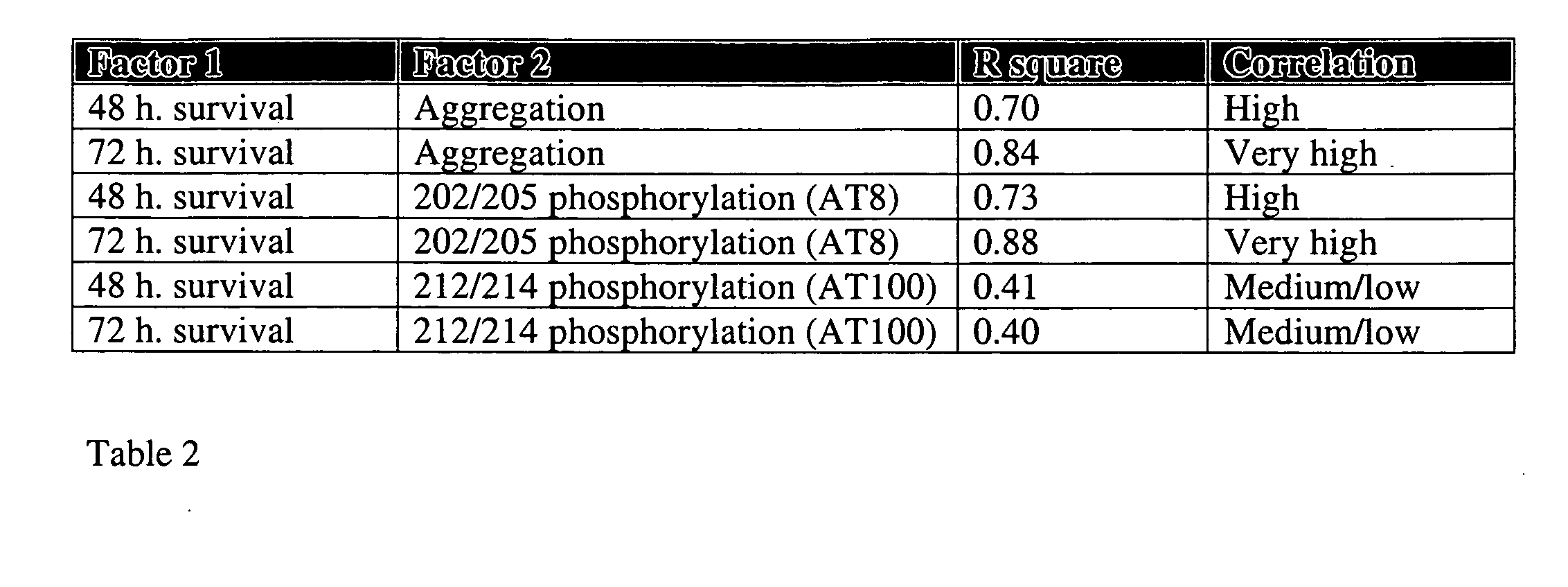
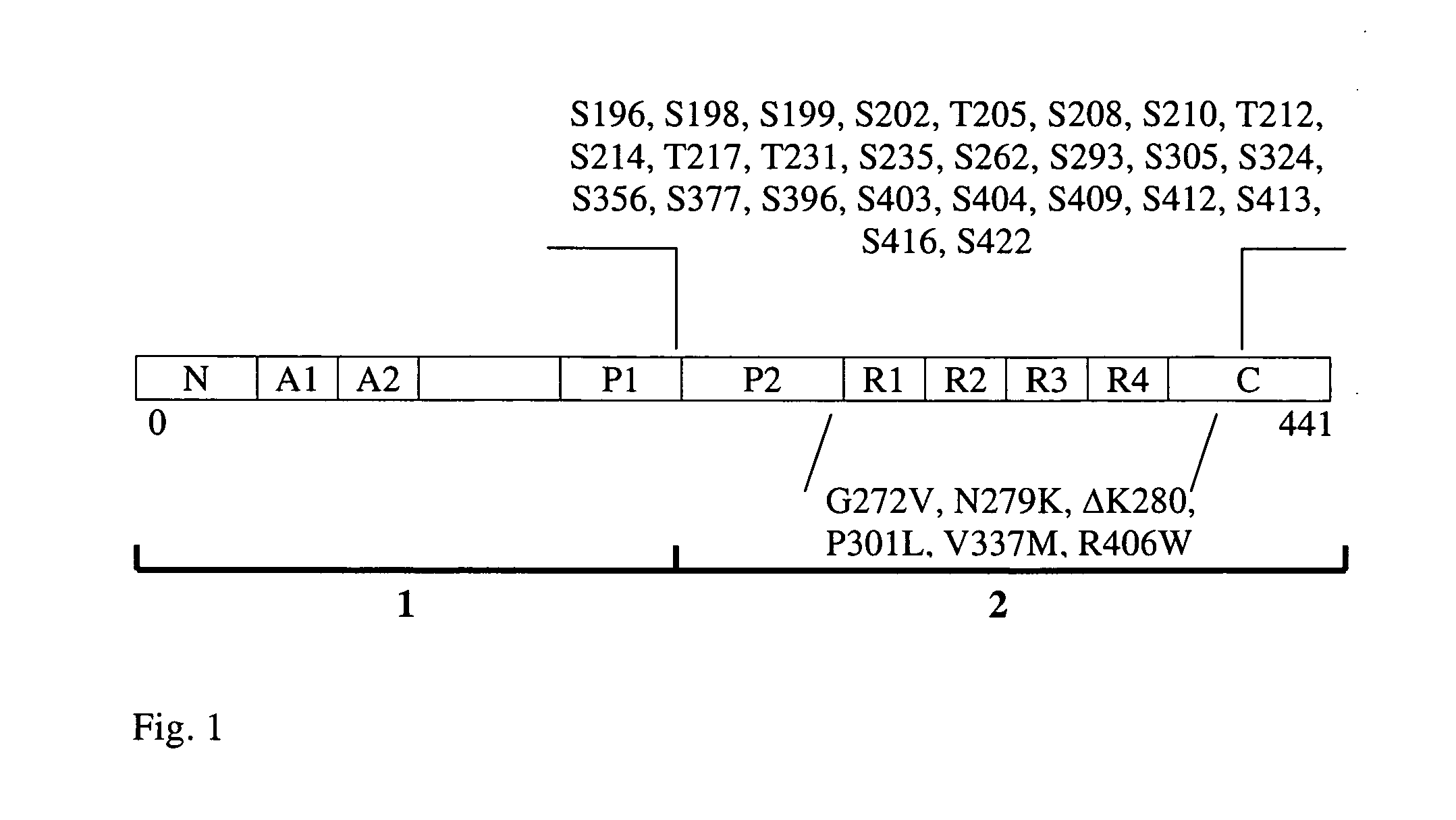
![Pyrrolo[2,3-c]pyridines as imaging agents for neurofibrillary Pyrrolo[2,3-c]pyridines as imaging agents for neurofibrillary](https://images-eureka-patsnap-com.libproxy1.nus.edu.sg/patent_img/49ed7f57-9068-4499-8e6e-92680a1d2f9c/US20170119912A1-20170504-D00001.png)
![Pyrrolo[2,3-c]pyridines as imaging agents for neurofibrillary Pyrrolo[2,3-c]pyridines as imaging agents for neurofibrillary](https://images-eureka-patsnap-com.libproxy1.nus.edu.sg/patent_img/49ed7f57-9068-4499-8e6e-92680a1d2f9c/US20170119912A1-20170504-C00001.png)
![Pyrrolo[2,3-c]pyridines as imaging agents for neurofibrillary Pyrrolo[2,3-c]pyridines as imaging agents for neurofibrillary](https://images-eureka-patsnap-com.libproxy1.nus.edu.sg/patent_img/49ed7f57-9068-4499-8e6e-92680a1d2f9c/US20170119912A1-20170504-C00002.png)
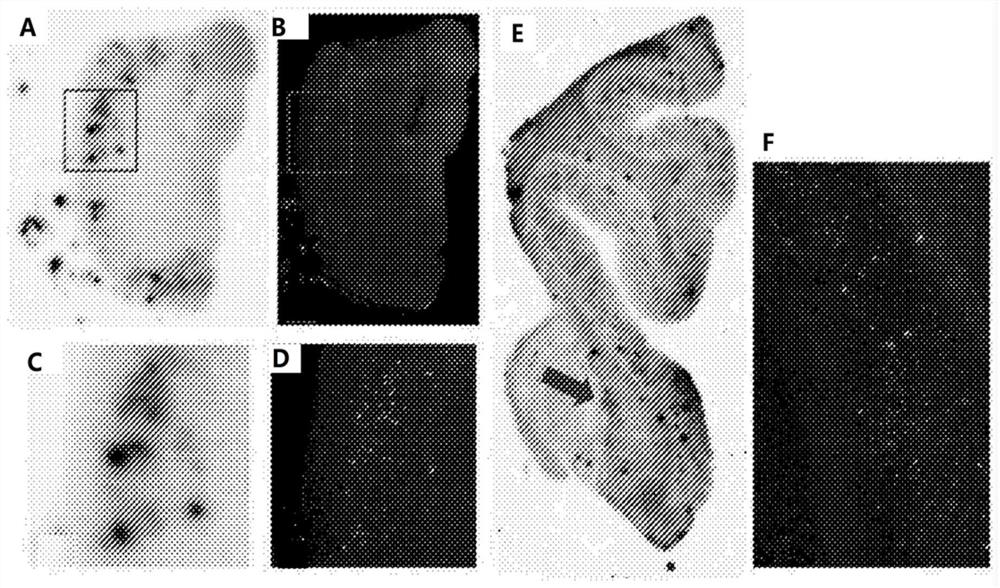
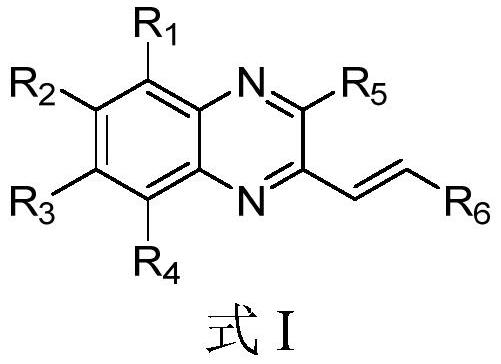
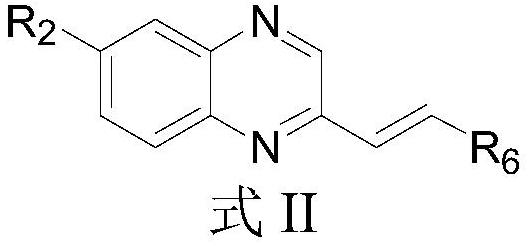
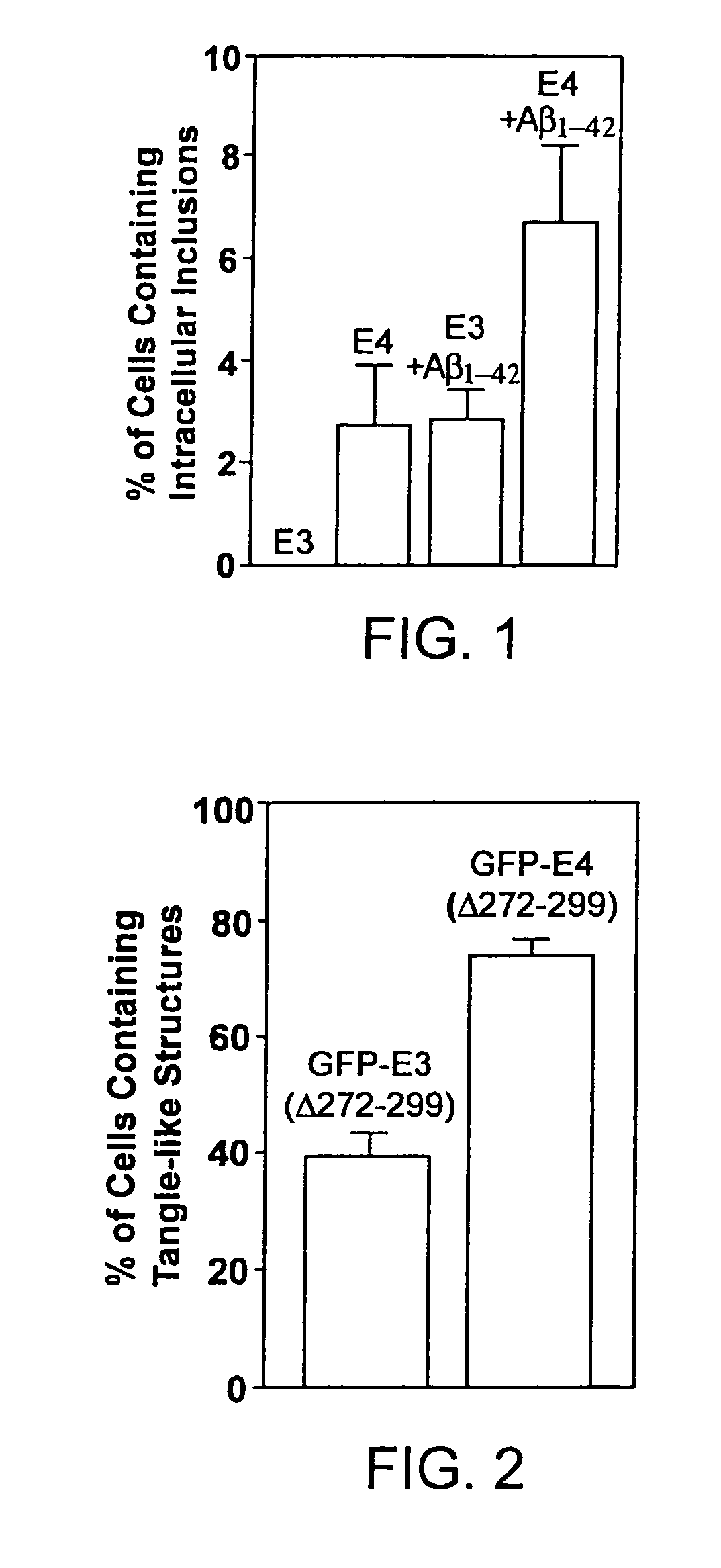
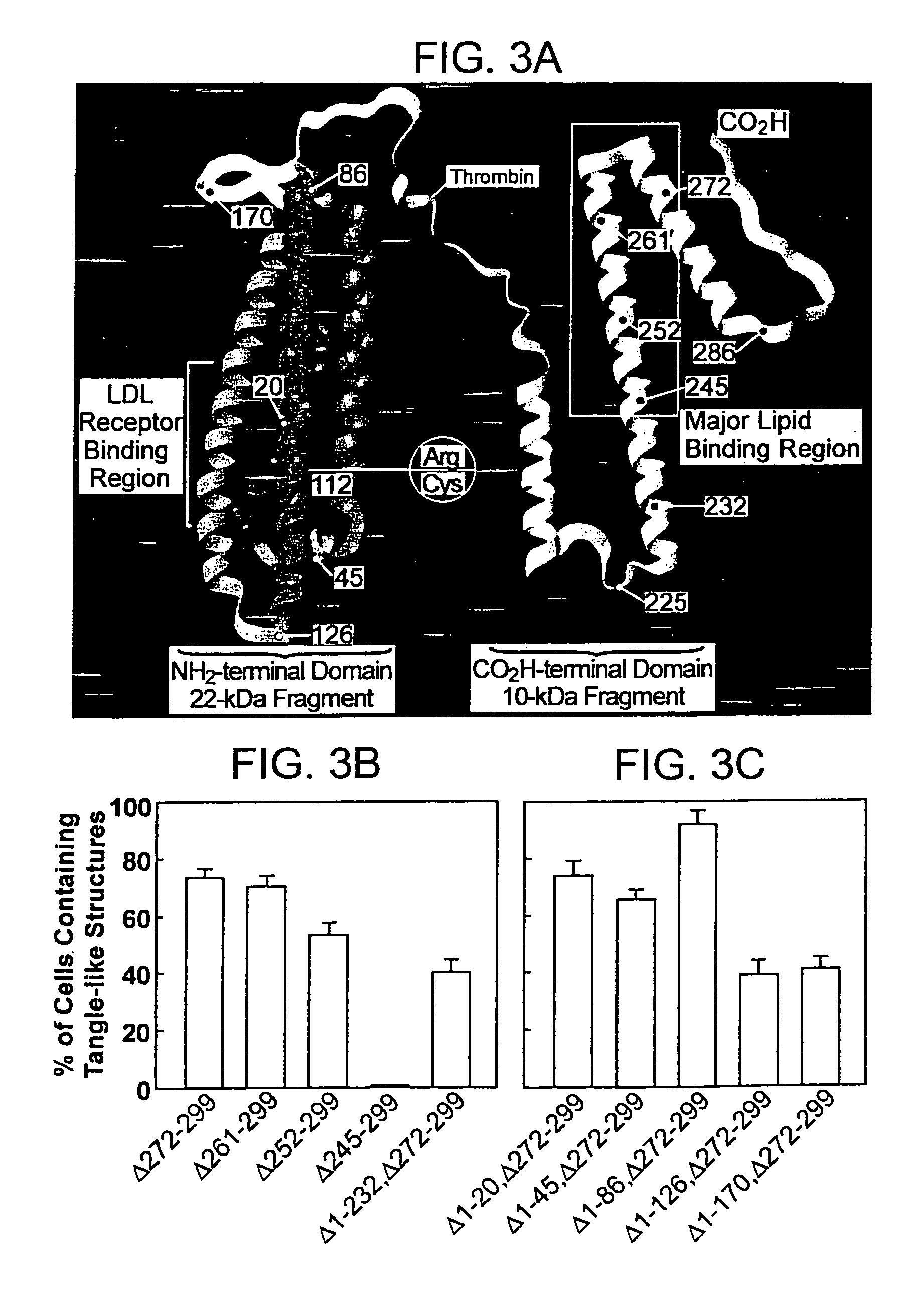
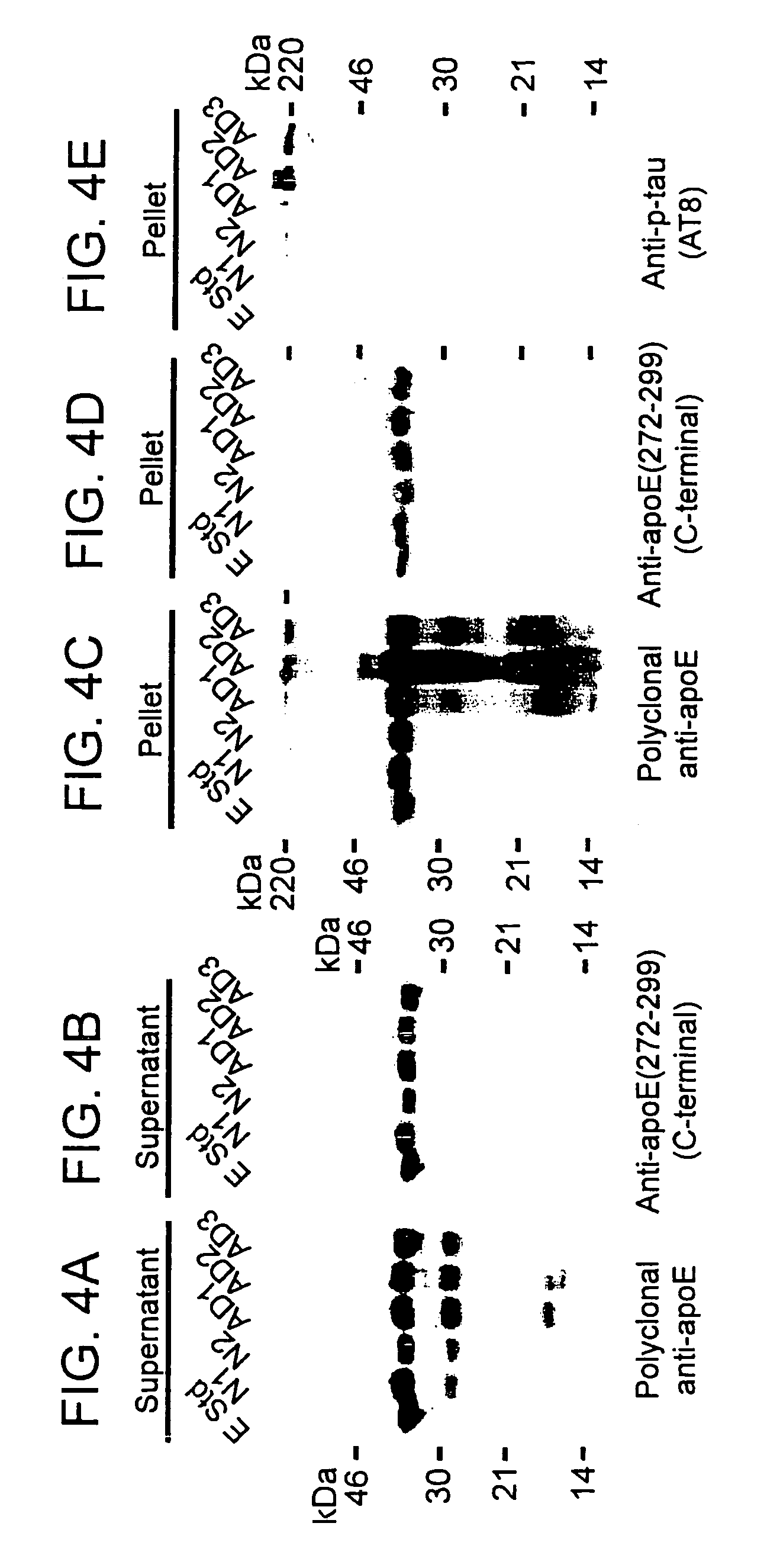
![1, 3, 4, 5-tetrahydro-2h-pyrido[4,3-b]indole derivatives for the treatment, alleviation or prevention of disorders associated with tau aggregates like alzheimer's disease 1, 3, 4, 5-tetrahydro-2h-pyrido[4,3-b]indole derivatives for the treatment, alleviation or prevention of disorders associated with tau aggregates like alzheimer's disease](https://images-eureka-patsnap-com.libproxy1.nus.edu.sg/patent_img/77028083-7851-4e4e-b710-3cc83b655345/16546.png)
![1, 3, 4, 5-tetrahydro-2h-pyrido[4,3-b]indole derivatives for the treatment, alleviation or prevention of disorders associated with tau aggregates like alzheimer's disease 1, 3, 4, 5-tetrahydro-2h-pyrido[4,3-b]indole derivatives for the treatment, alleviation or prevention of disorders associated with tau aggregates like alzheimer's disease](https://images-eureka-patsnap-com.libproxy1.nus.edu.sg/patent_img/77028083-7851-4e4e-b710-3cc83b655345/306439.png)
![1, 3, 4, 5-tetrahydro-2h-pyrido[4,3-b]indole derivatives for the treatment, alleviation or prevention of disorders associated with tau aggregates like alzheimer's disease 1, 3, 4, 5-tetrahydro-2h-pyrido[4,3-b]indole derivatives for the treatment, alleviation or prevention of disorders associated with tau aggregates like alzheimer's disease](https://images-eureka-patsnap-com.libproxy1.nus.edu.sg/patent_img/77028083-7851-4e4e-b710-3cc83b655345/376564.png)
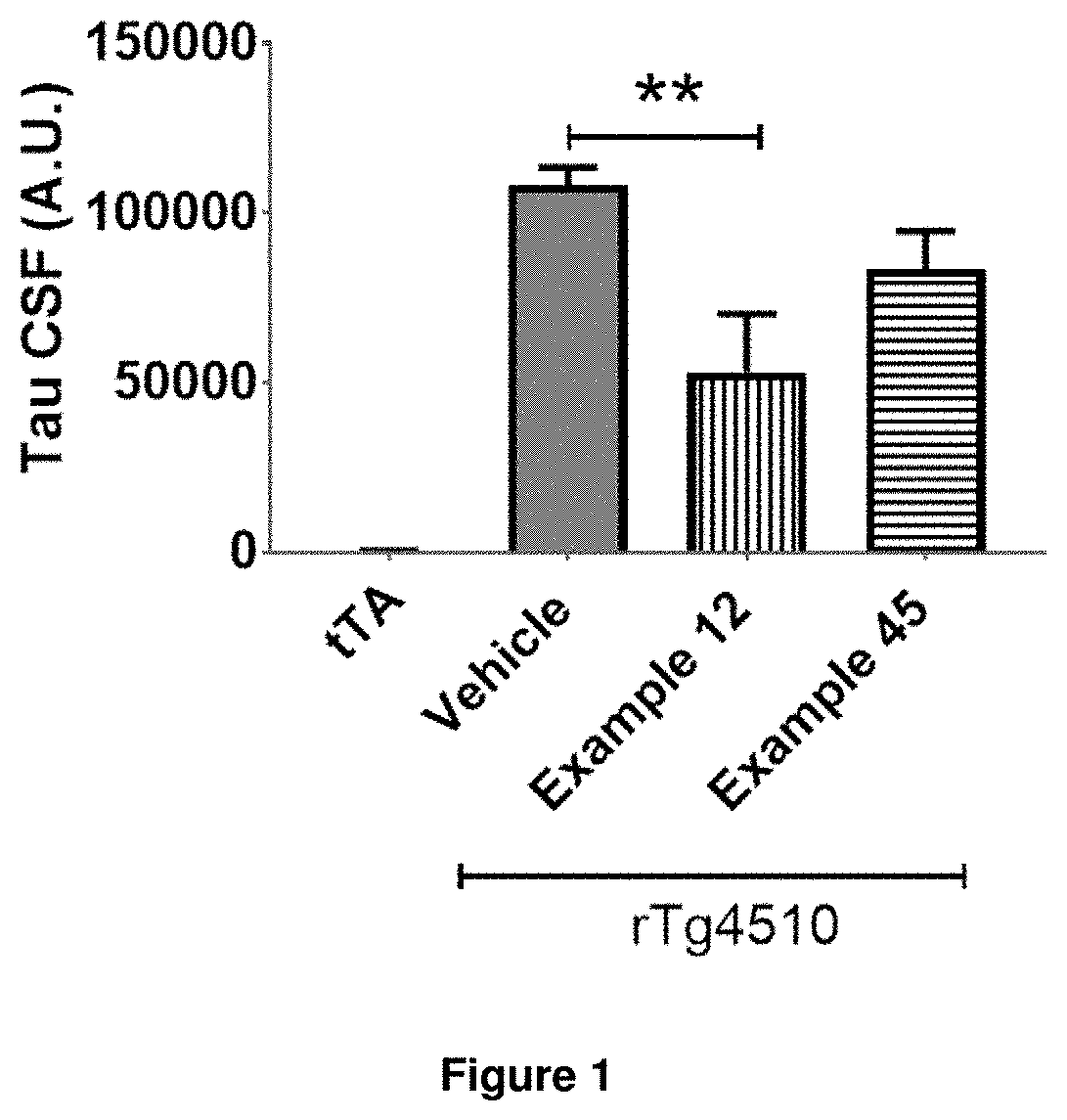
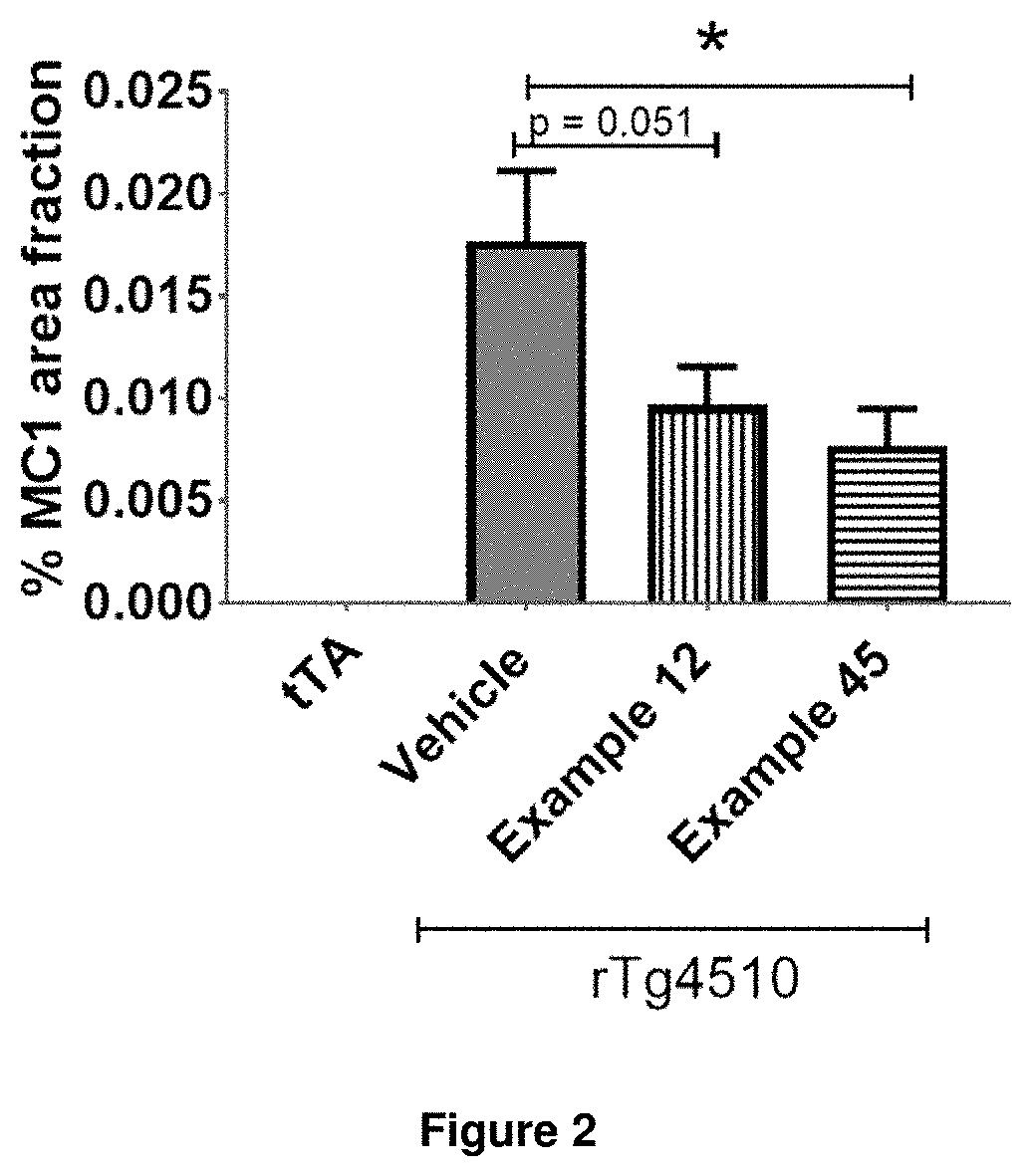
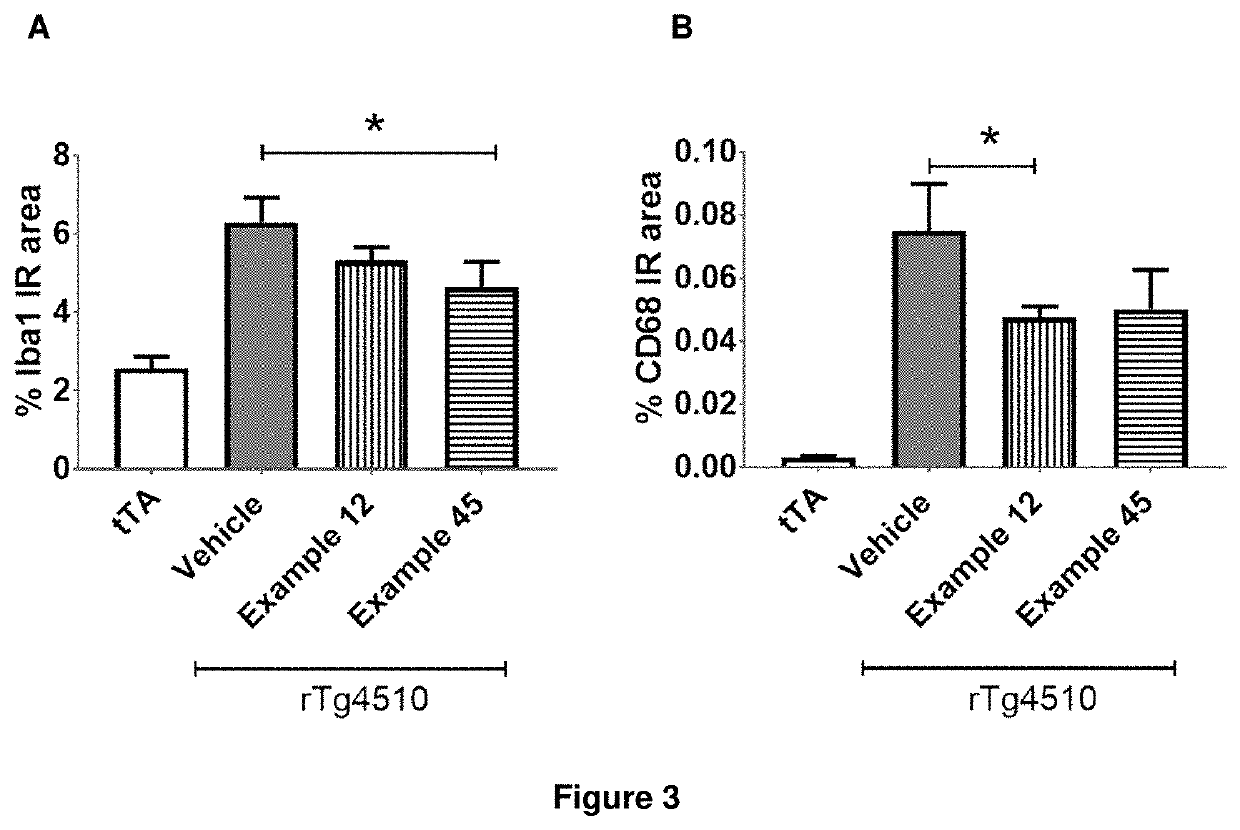
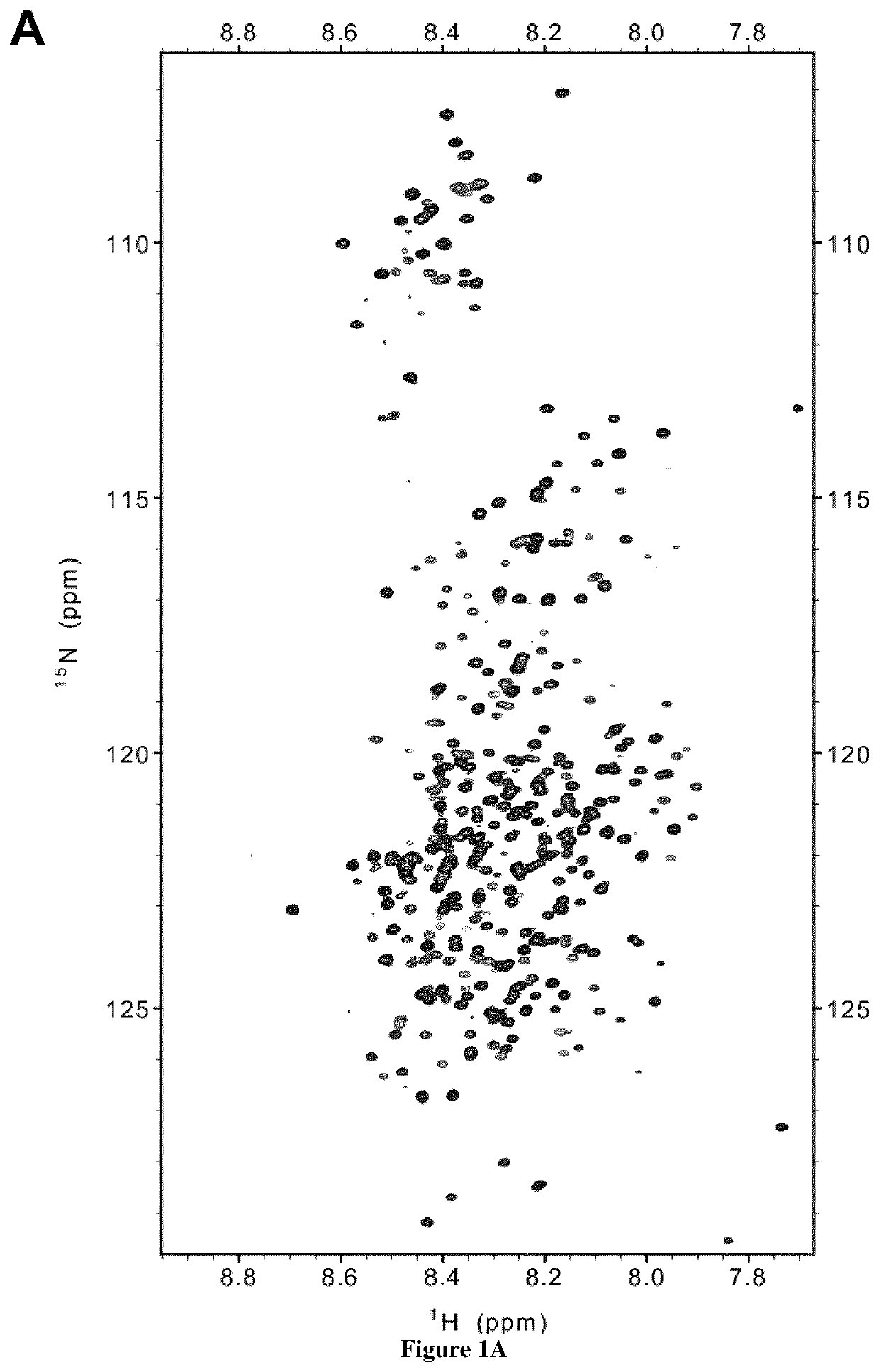
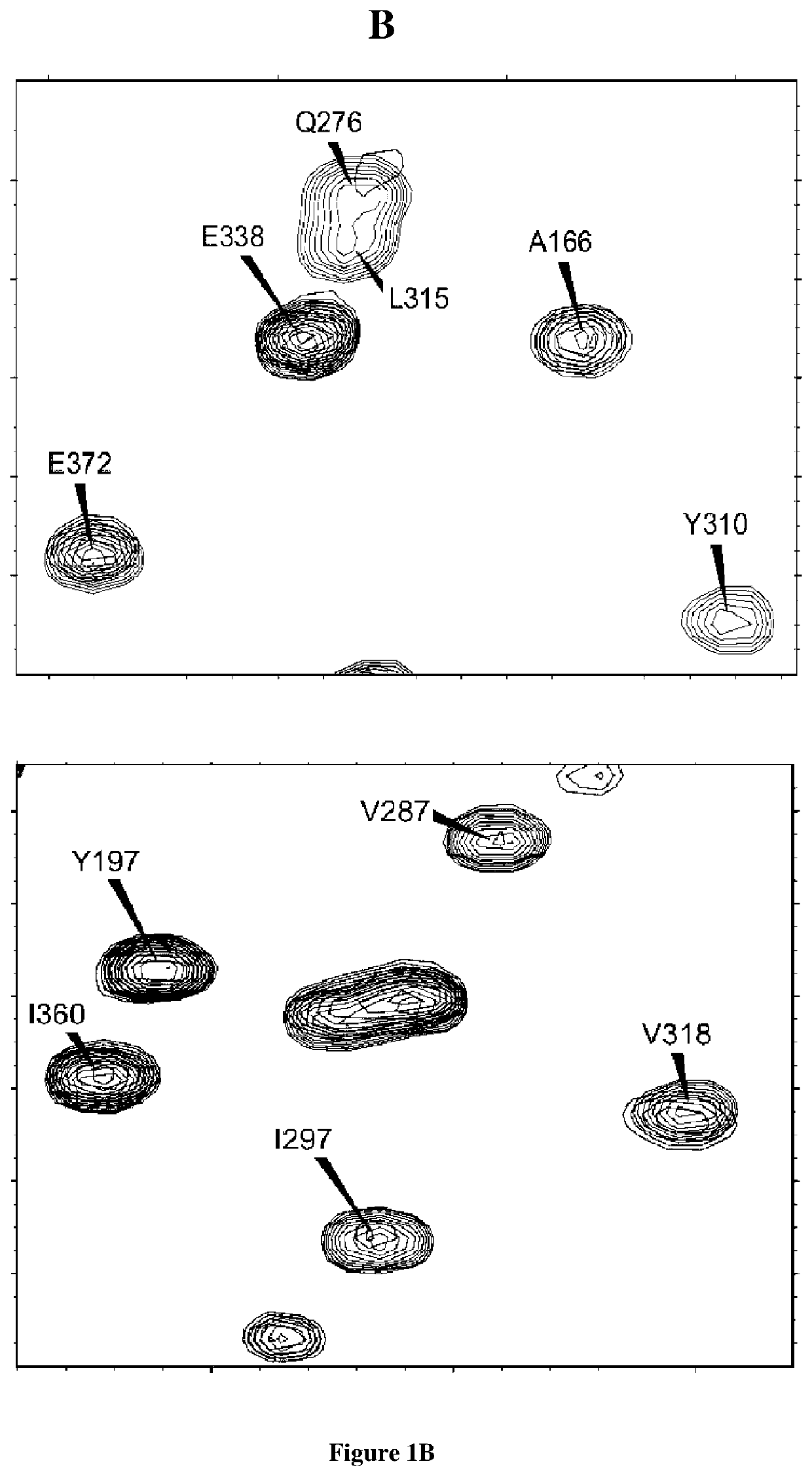
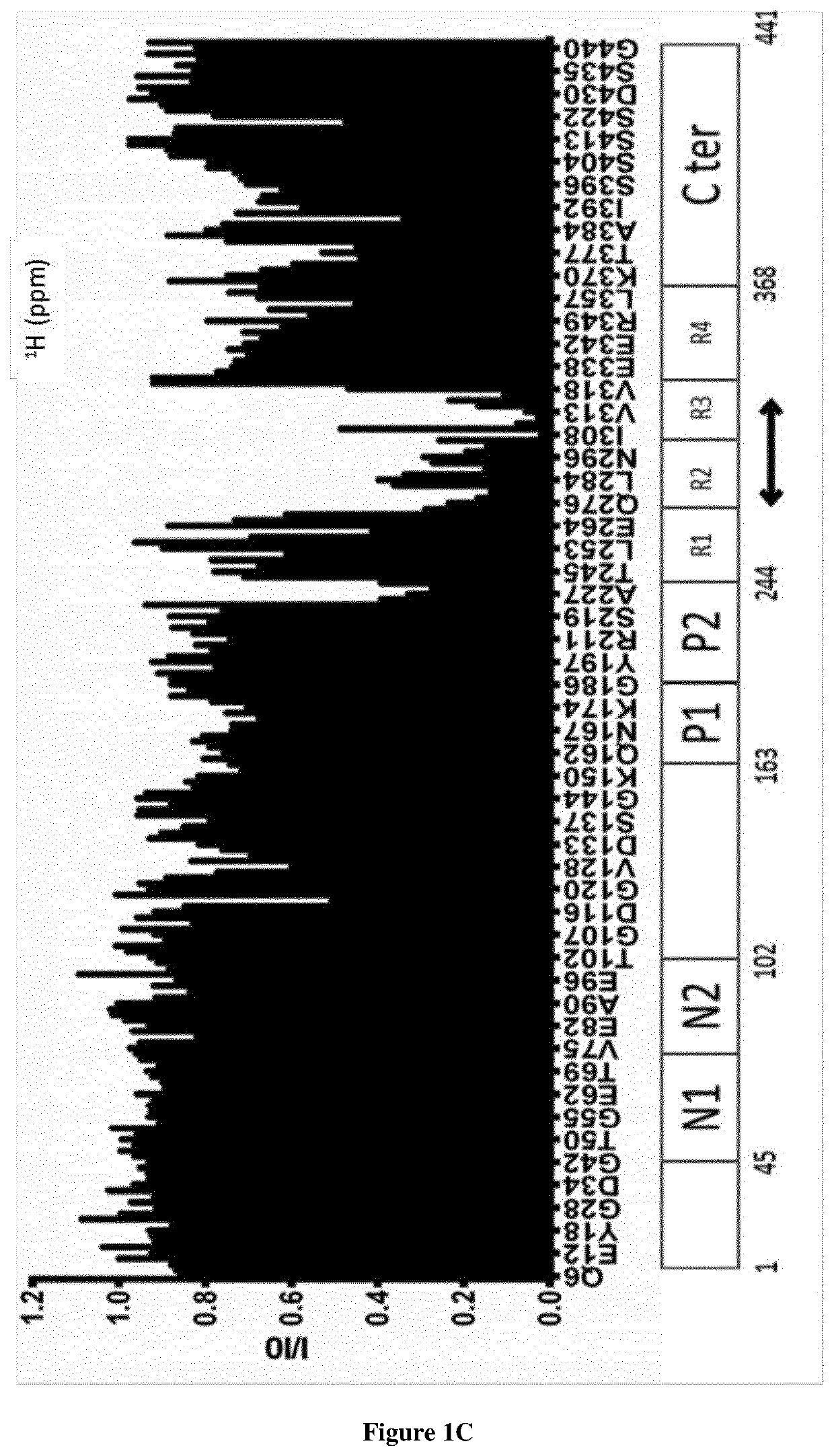
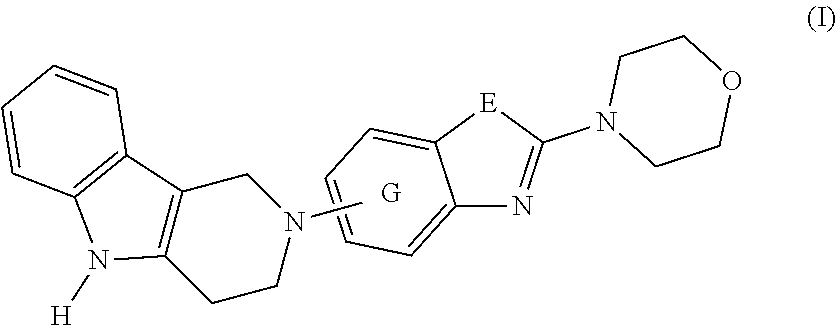
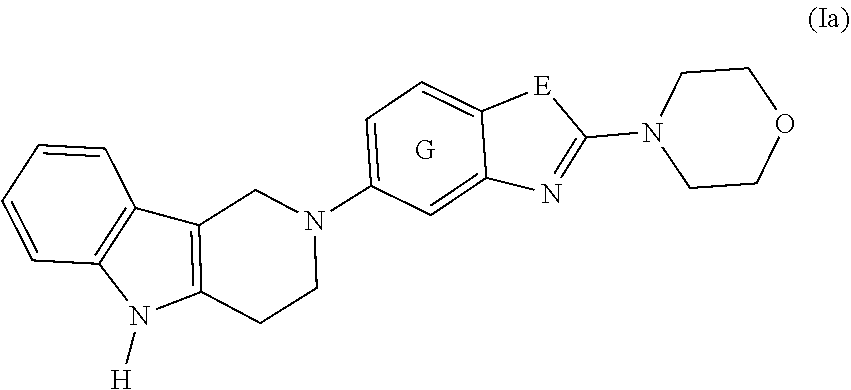
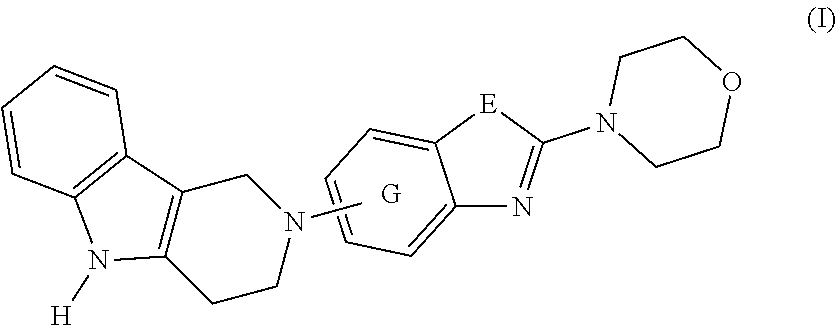
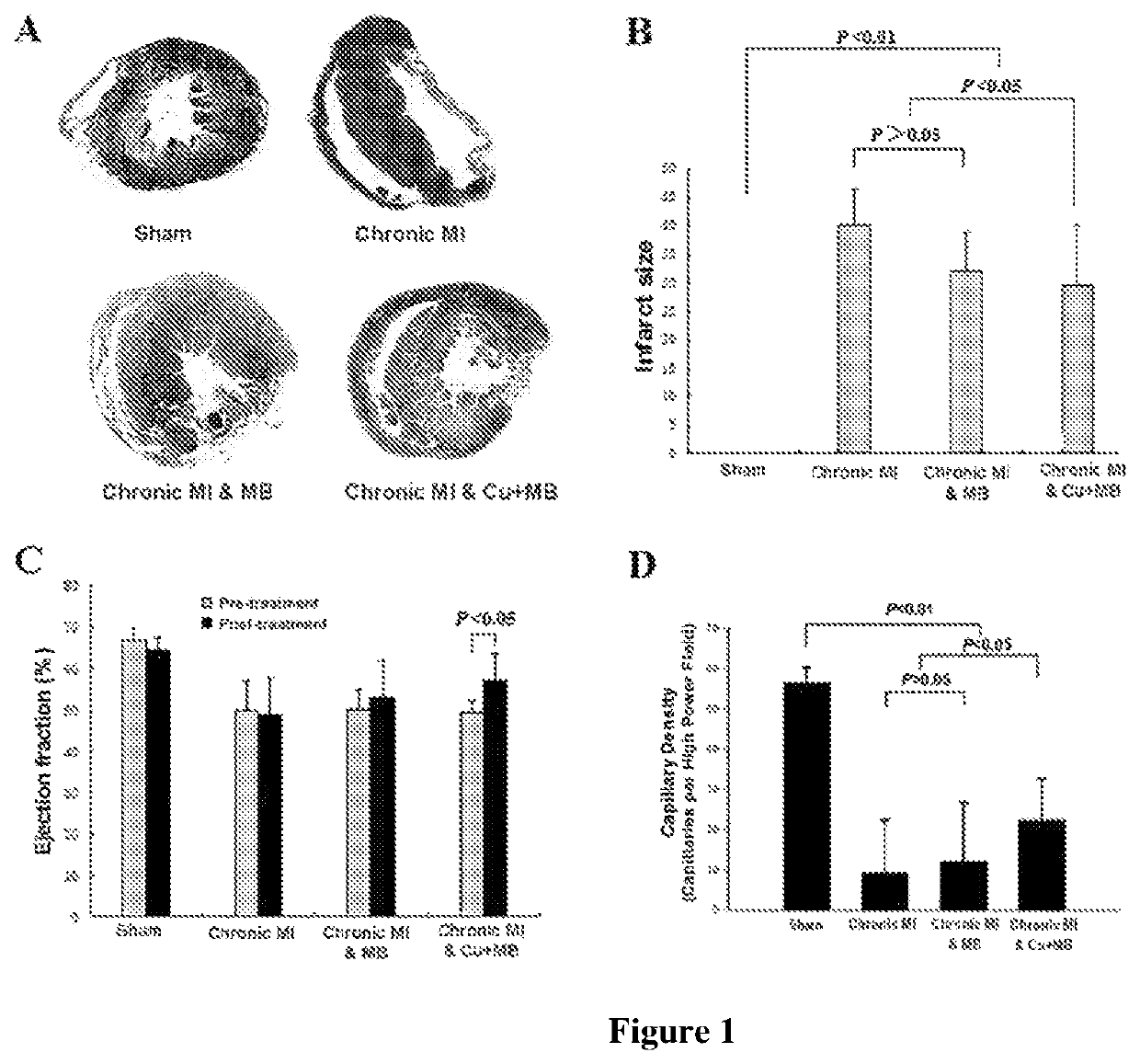
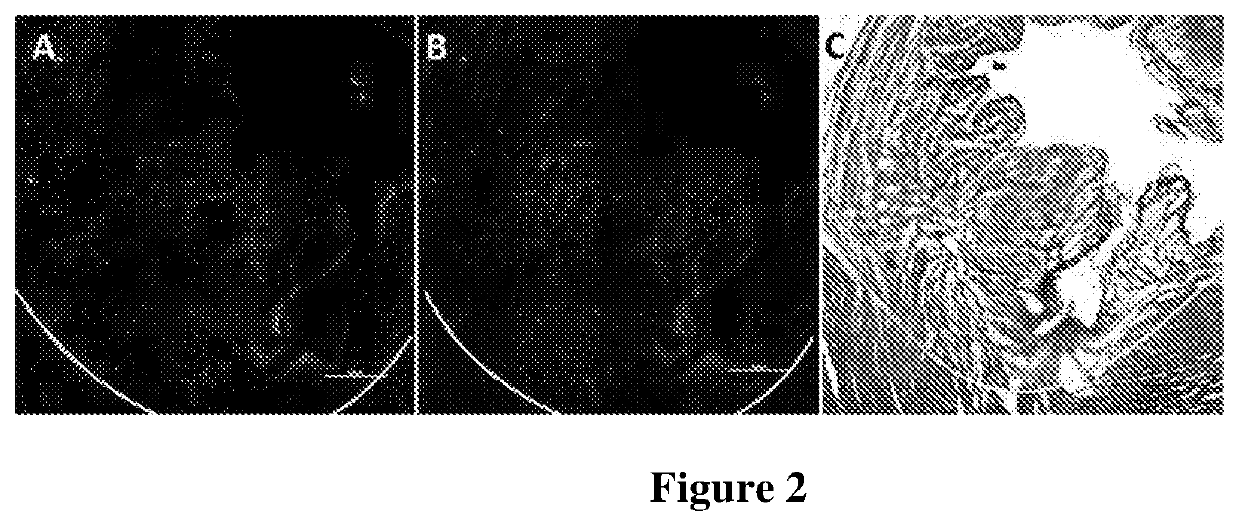
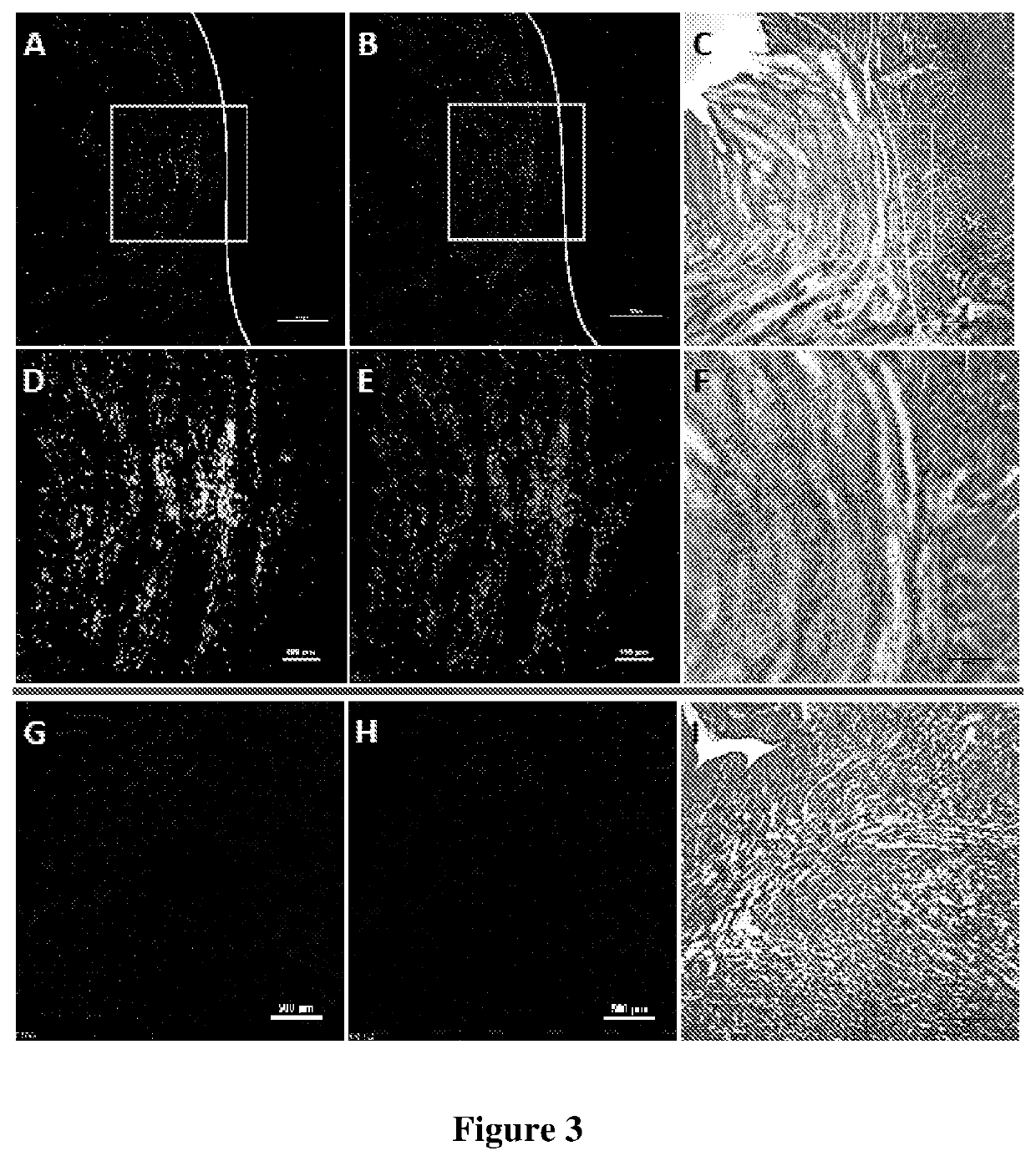
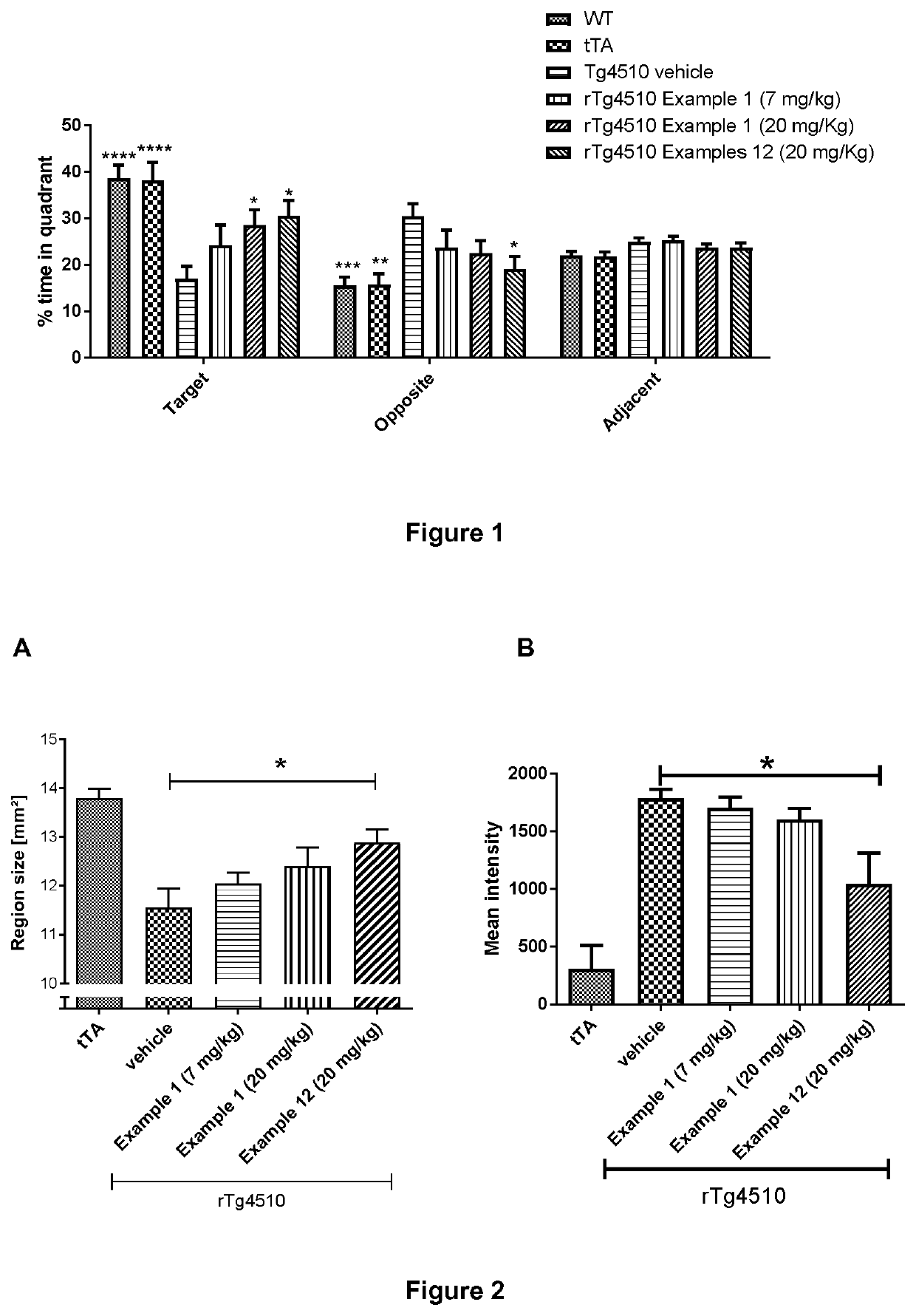
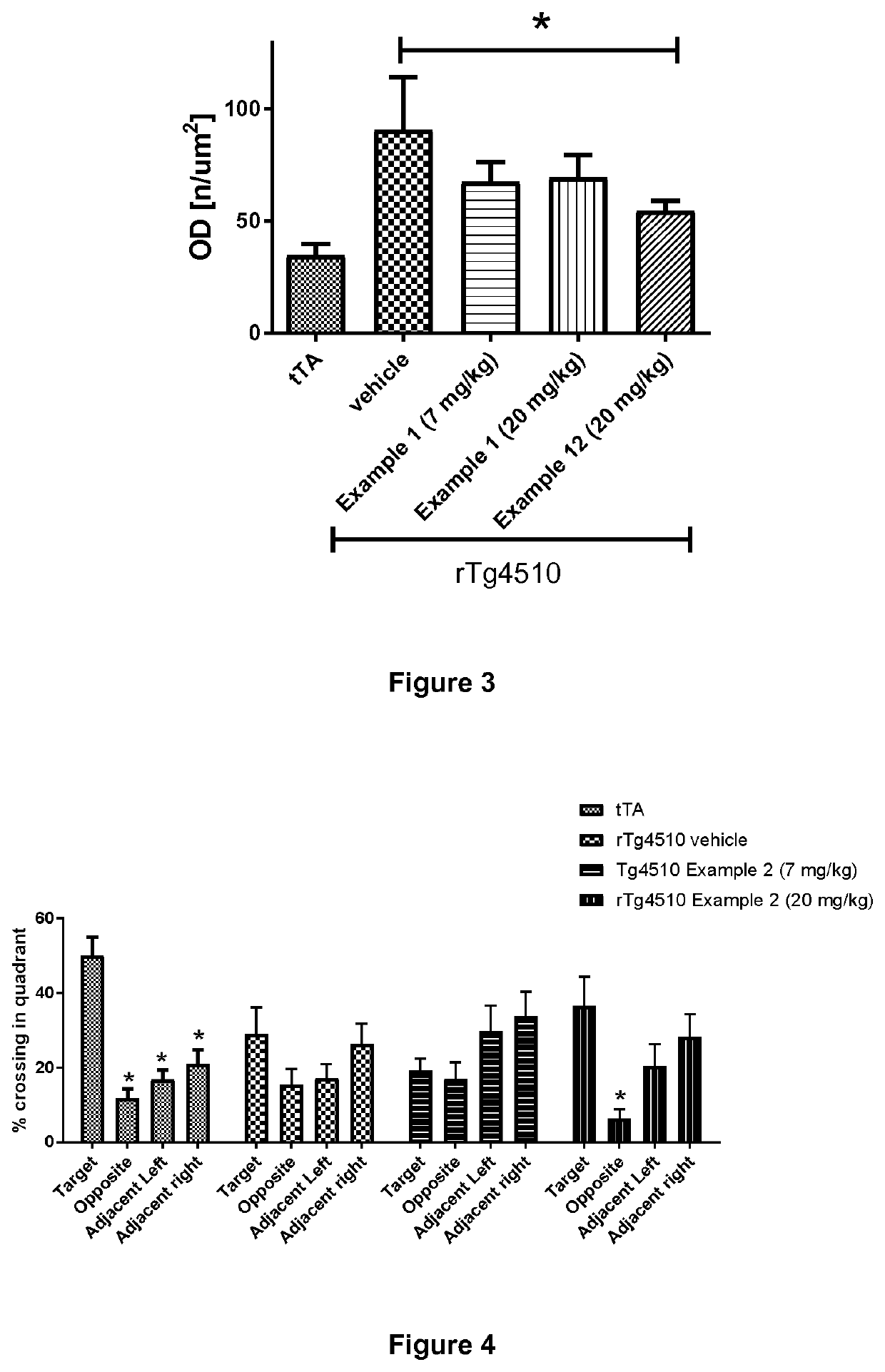
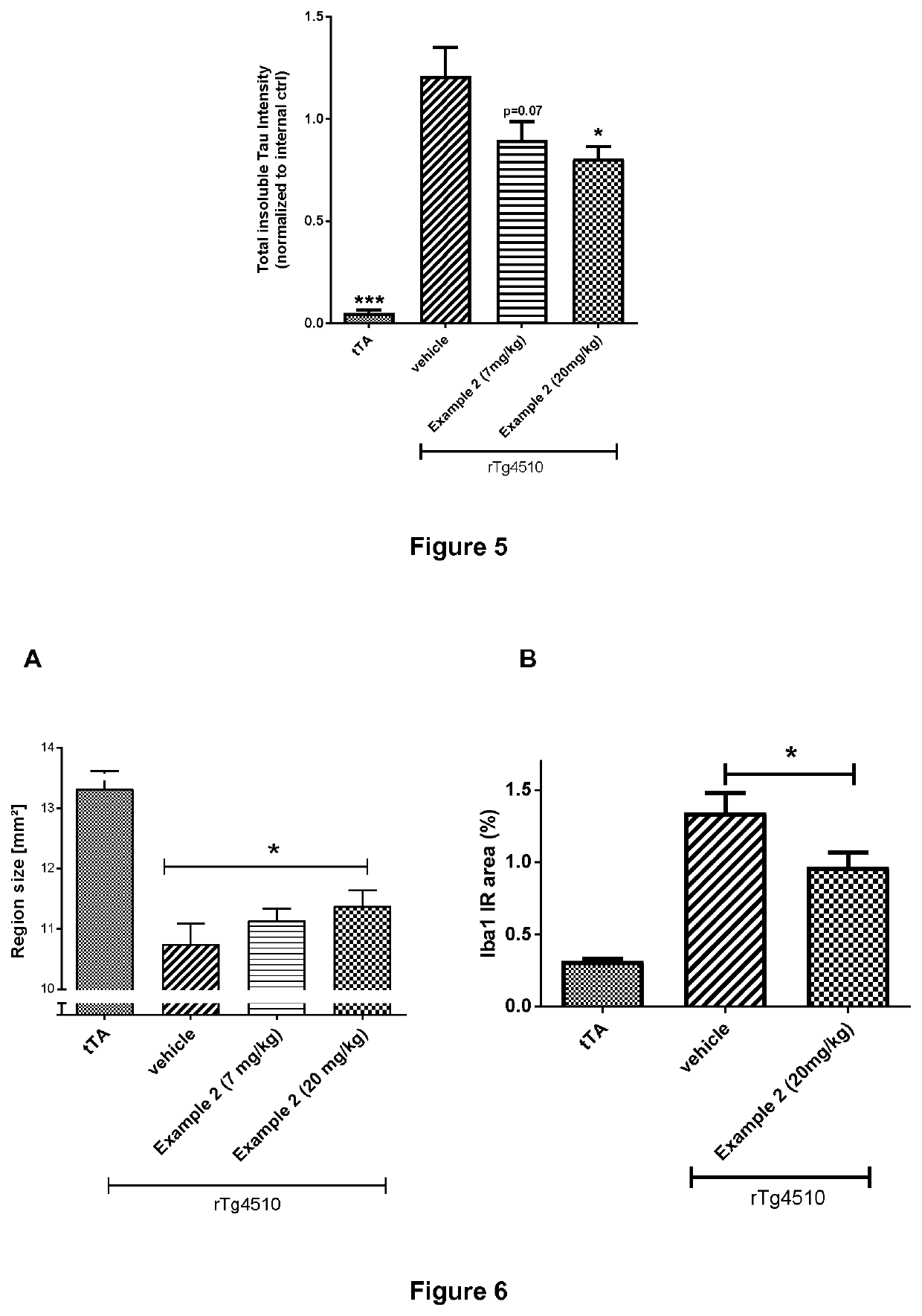
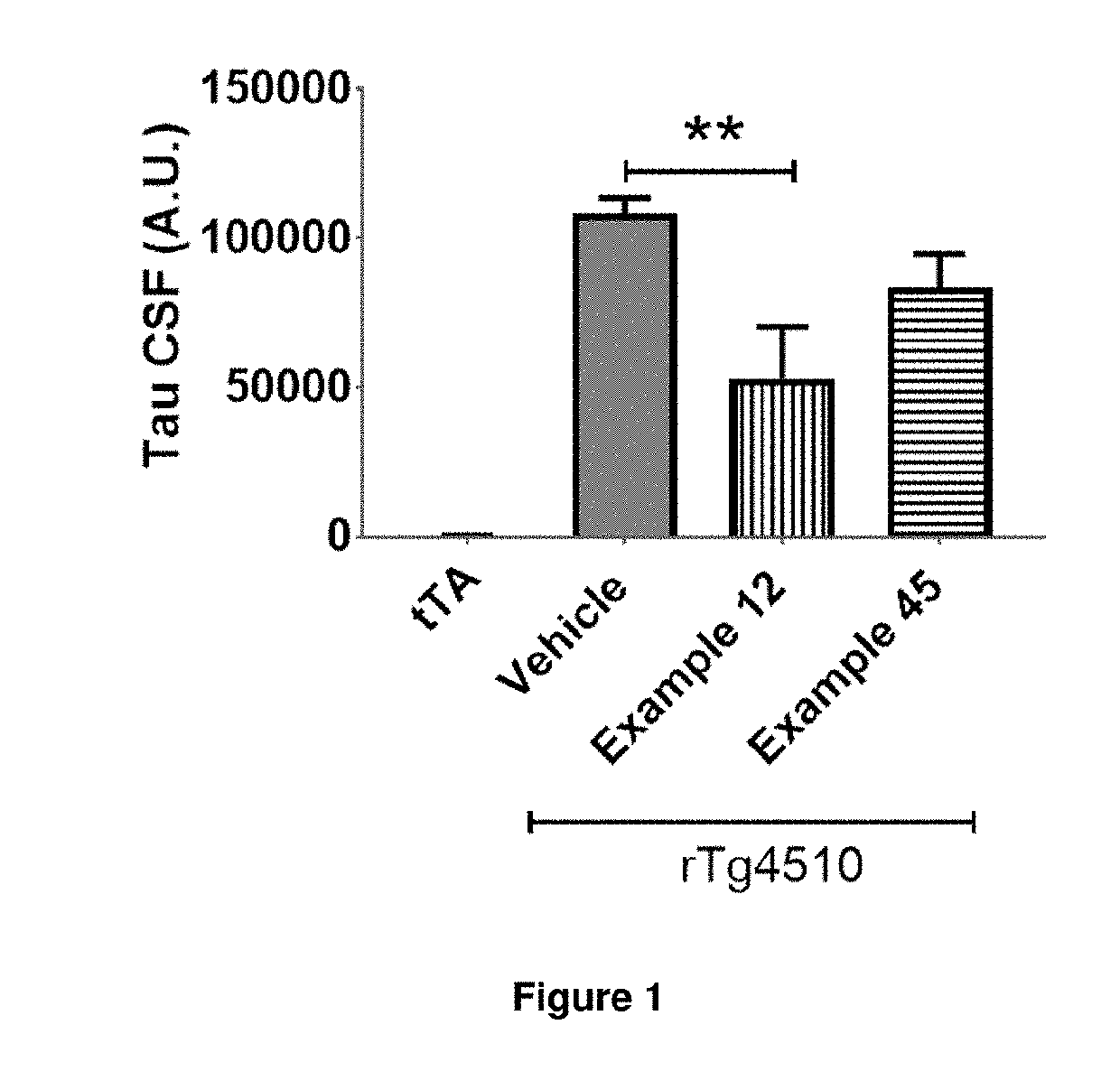
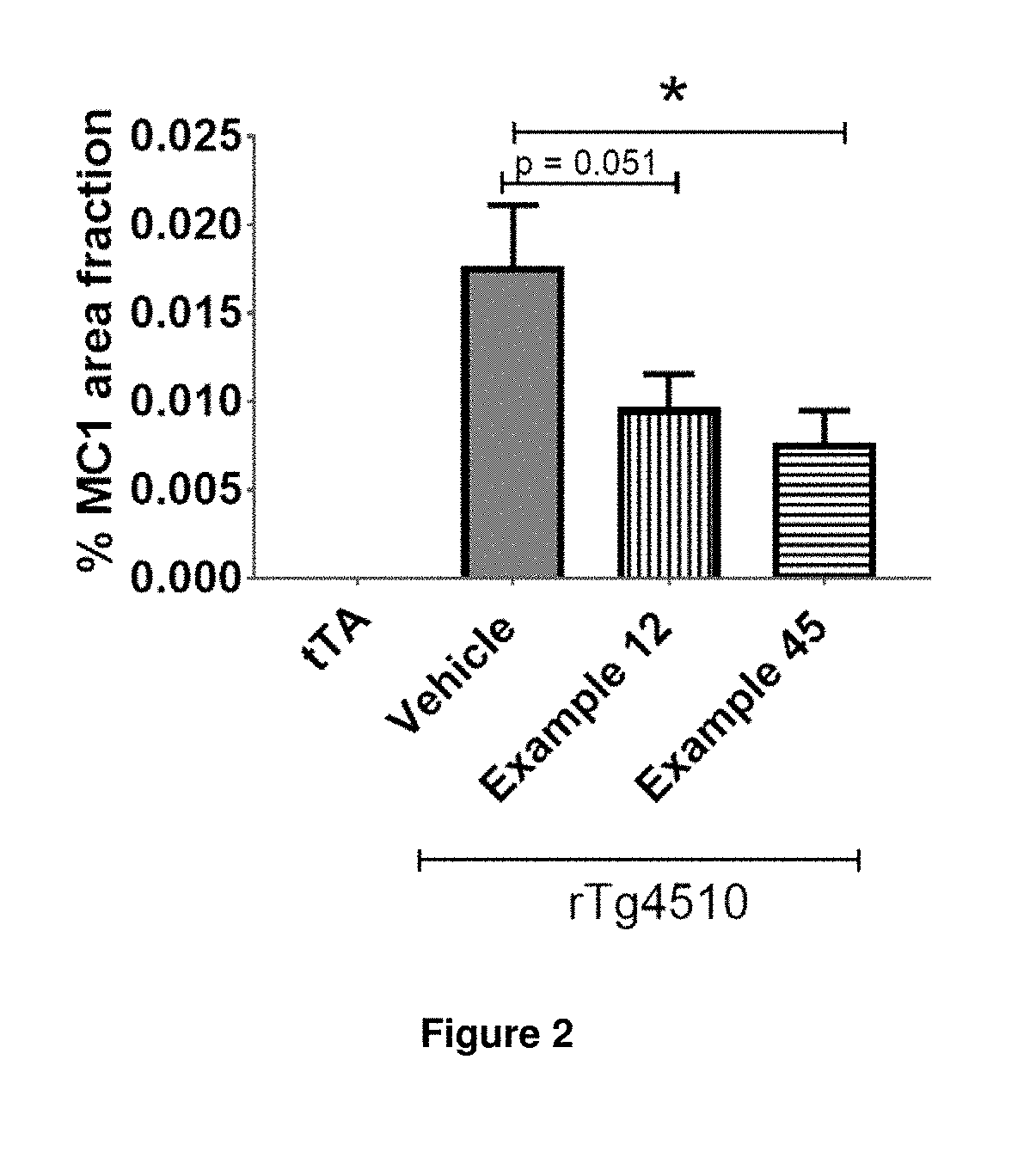
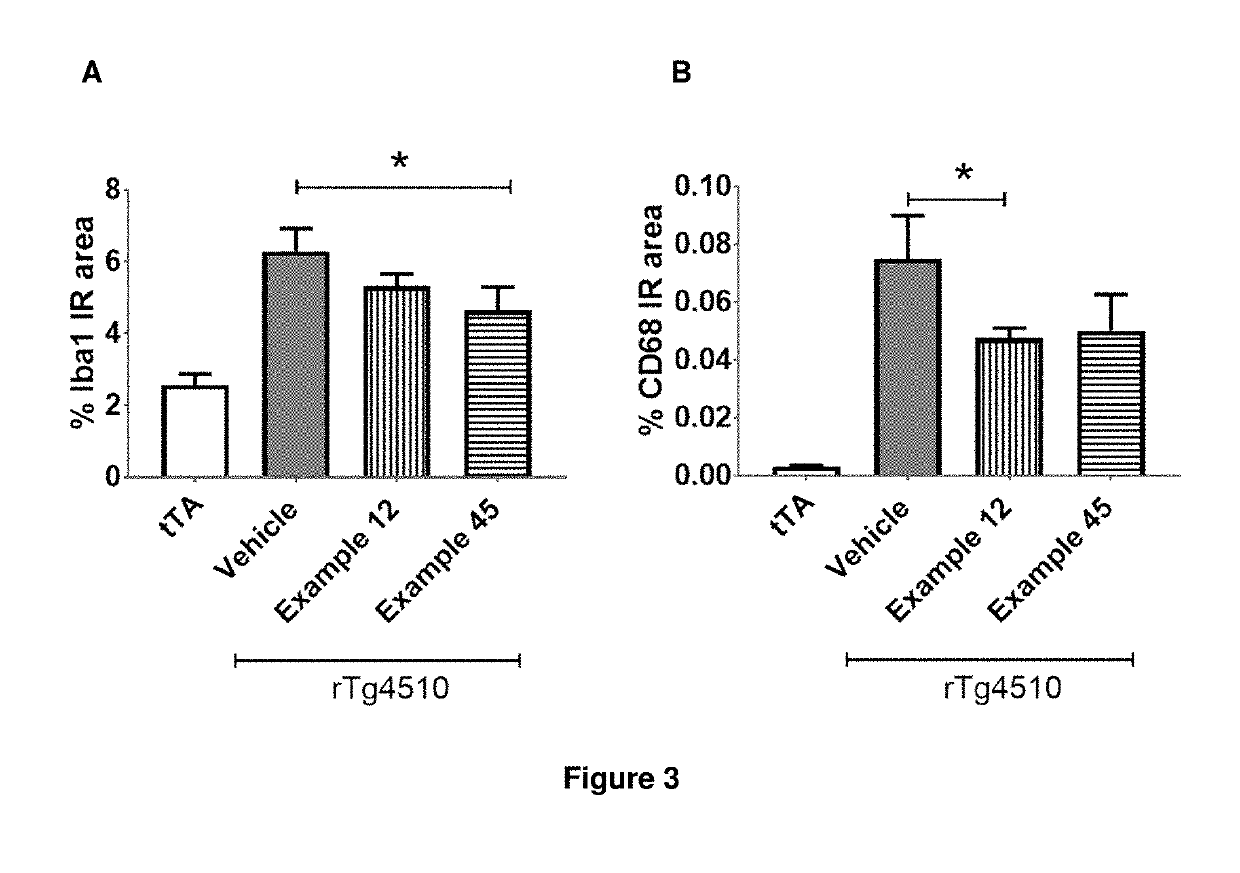
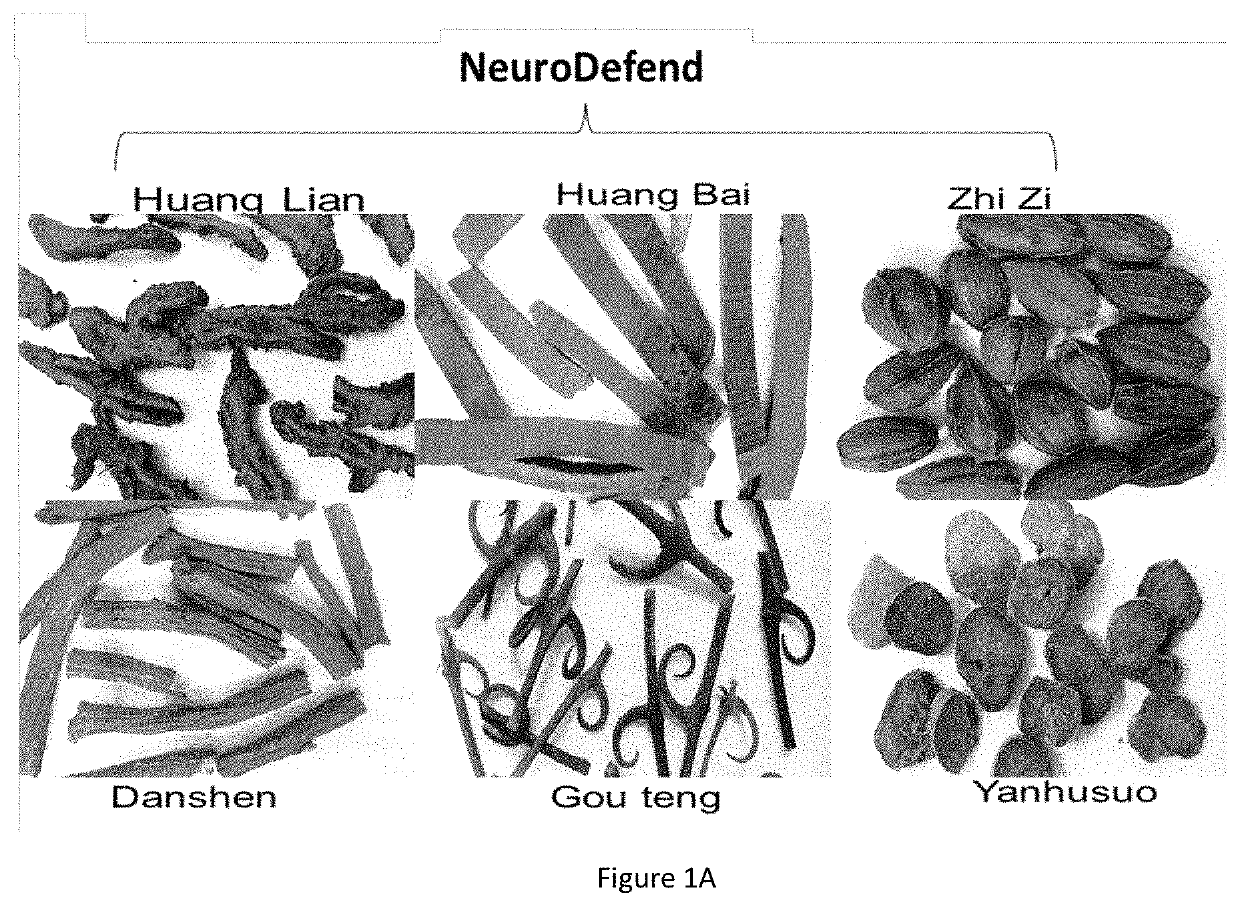
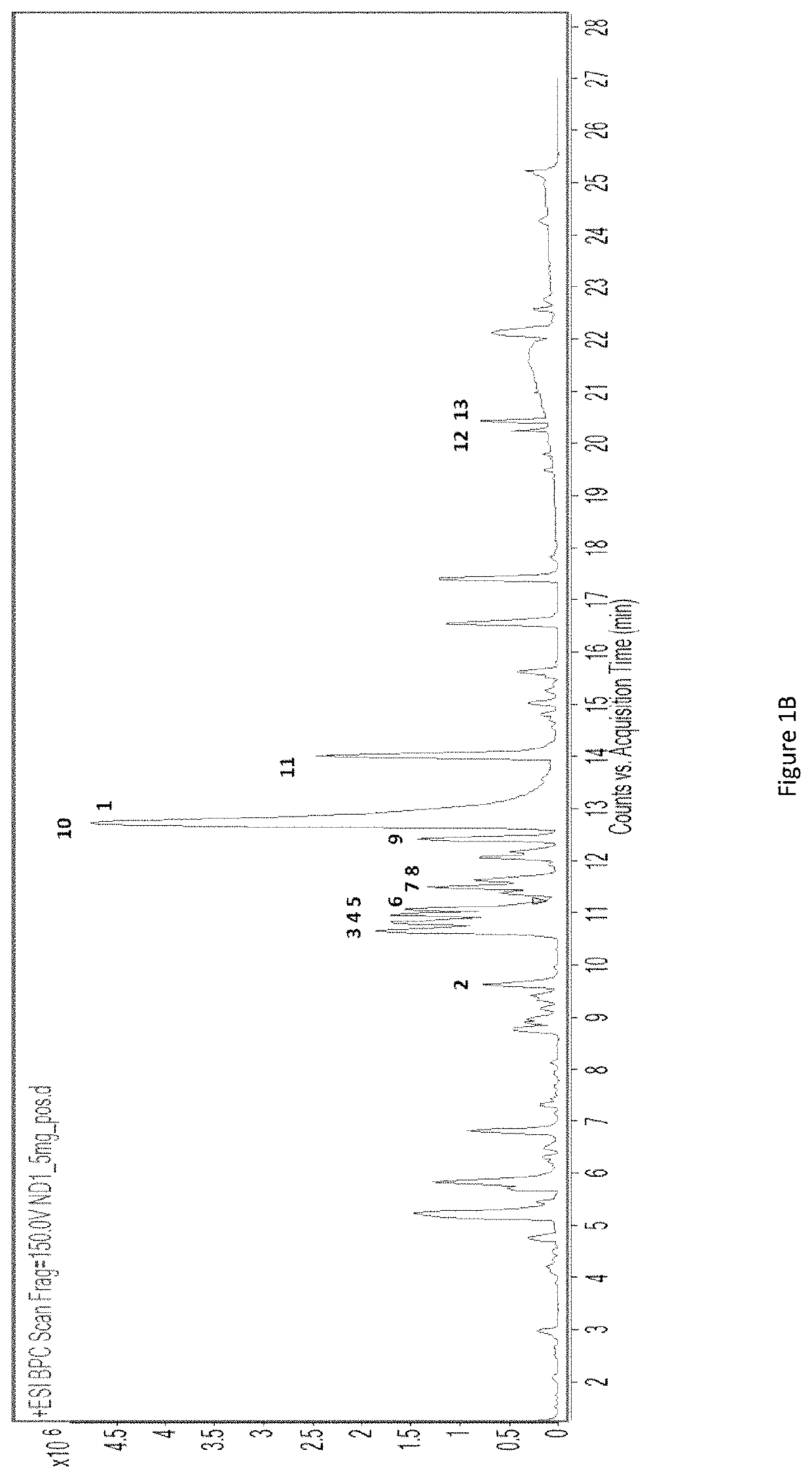
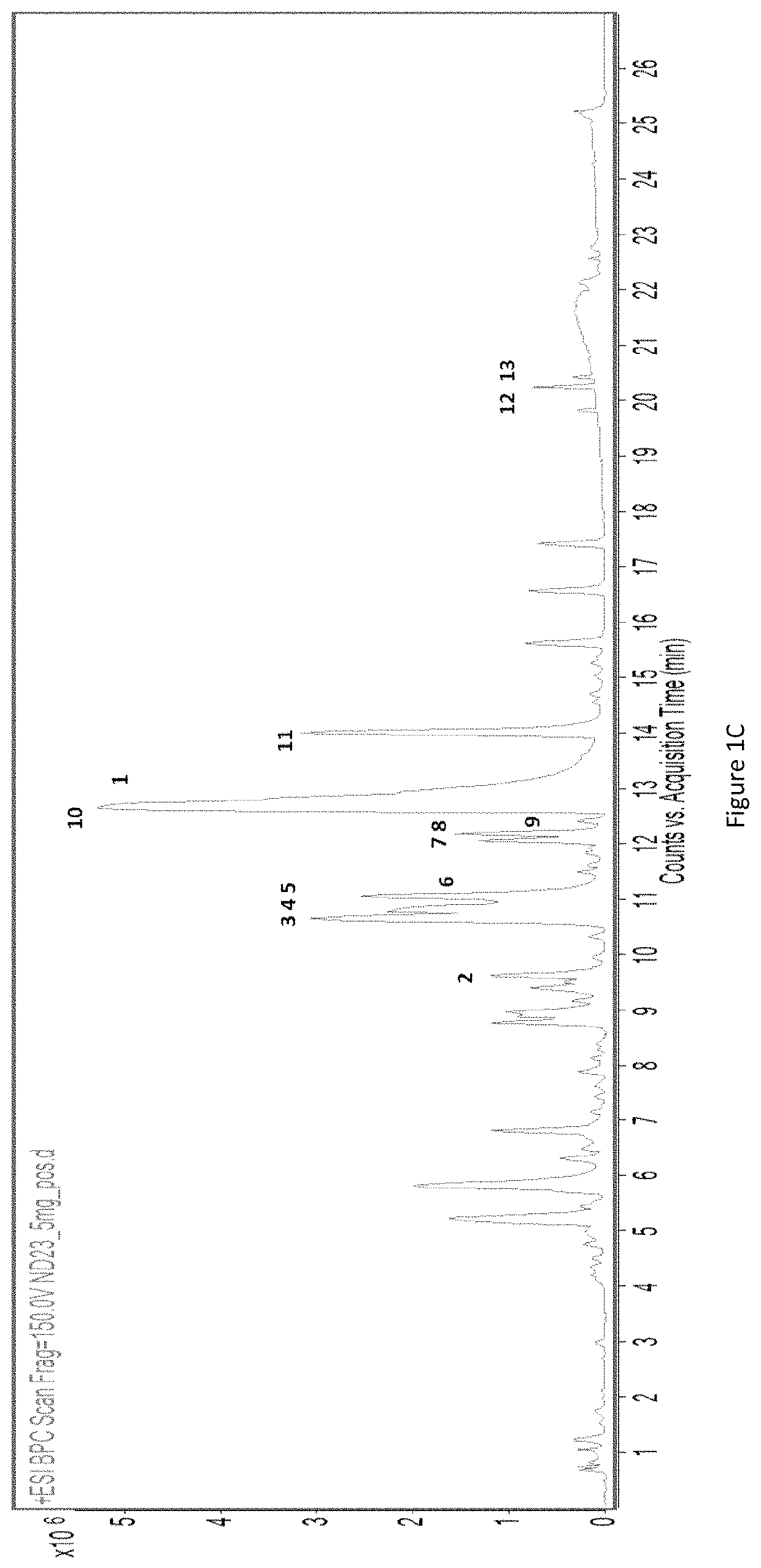
![Tetrahydrobenzofuro[2,3-c]pyridine and beta-carboline compounds for the treatment, alleviation or prevention of disorders associated with tau aggregates Tetrahydrobenzofuro[2,3-c]pyridine and beta-carboline compounds for the treatment, alleviation or prevention of disorders associated with tau aggregates](https://images-eureka-patsnap-com.libproxy1.nus.edu.sg/patent_img/59356d9c-27c3-4b1c-84fa-72d97471ed7a/HDA0002813852520000011.png)
![Tetrahydrobenzofuro[2,3-c]pyridine and beta-carboline compounds for the treatment, alleviation or prevention of disorders associated with tau aggregates Tetrahydrobenzofuro[2,3-c]pyridine and beta-carboline compounds for the treatment, alleviation or prevention of disorders associated with tau aggregates](https://images-eureka-patsnap-com.libproxy1.nus.edu.sg/patent_img/59356d9c-27c3-4b1c-84fa-72d97471ed7a/FDA0002813852500000011.png)
![Tetrahydrobenzofuro[2,3-c]pyridine and beta-carboline compounds for the treatment, alleviation or prevention of disorders associated with tau aggregates Tetrahydrobenzofuro[2,3-c]pyridine and beta-carboline compounds for the treatment, alleviation or prevention of disorders associated with tau aggregates](https://images-eureka-patsnap-com.libproxy1.nus.edu.sg/patent_img/59356d9c-27c3-4b1c-84fa-72d97471ed7a/FDA0002813852500000024.png)
